Adam Smith Awards



Congratulations to all the Overall Winners and Highly Commended Winners of the Adam Smith Awards 2020.
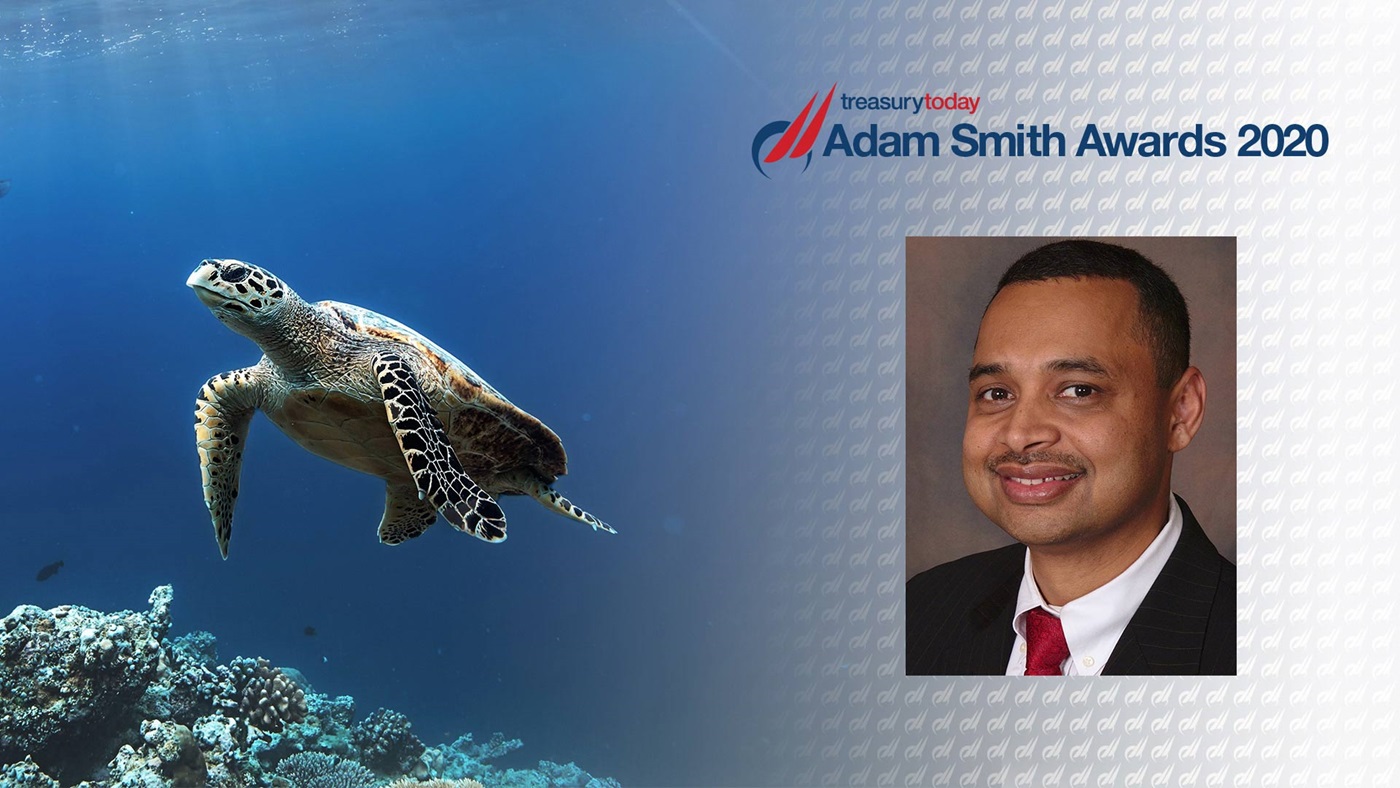
Takeda Pharmaceutical acquired Shire for JPY6.2trn (US$62bn) in January 2019, making it the largest acquisition in Japanese history and 8th largest pharma acquisition globally. The combined new Takeda had US$30bn in annual revenues and around 50,000 employees worldwide, making it a global top ten global pharma company.
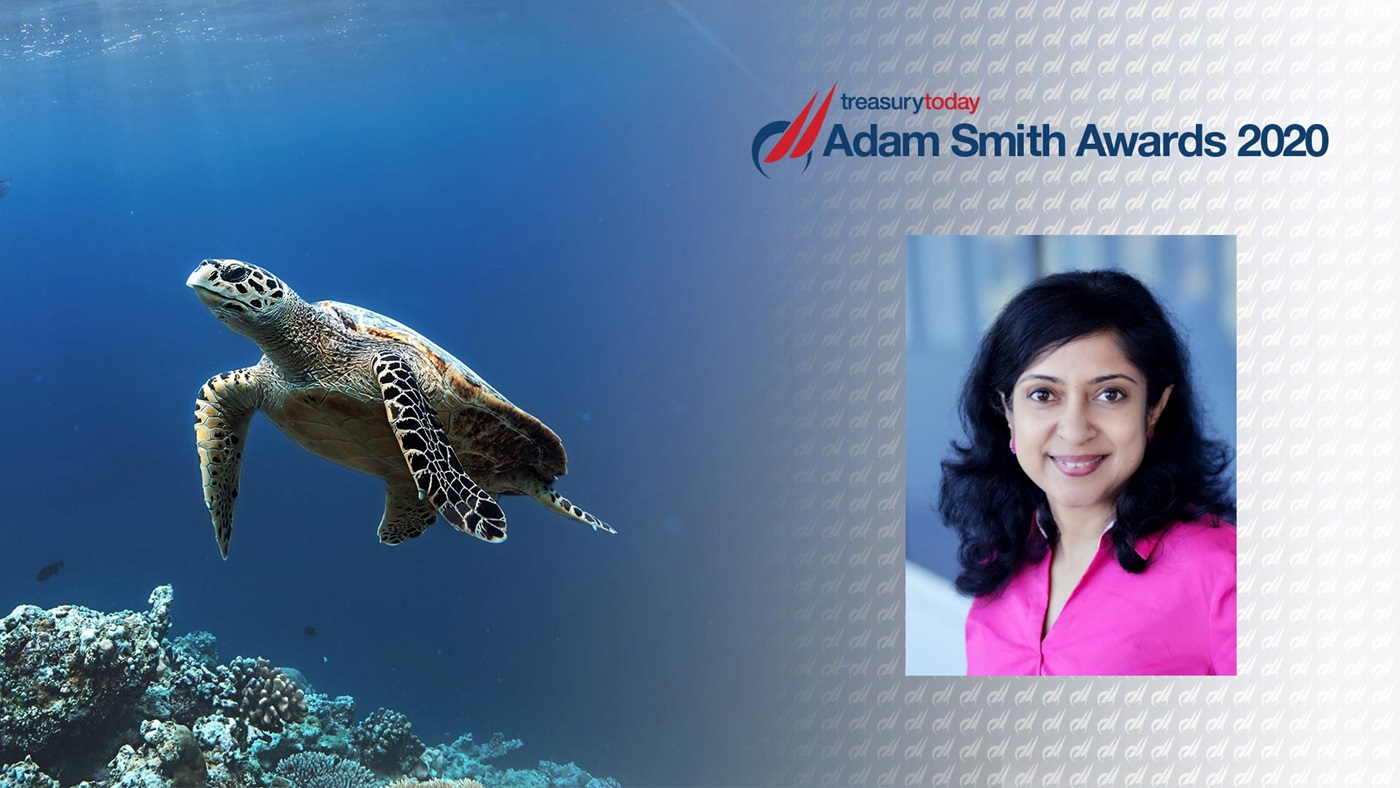

With her treasury career spanning over 20 years, to say that Deepa Palamuttam has a wealth of experience would be an understatement. Her title of Director Treasury, Cash Operations at Intel only hints at the enormous impact that her innovative and forward-thinking approach has brought to the business and to her colleagues.

Technology companies are familiar with viruses which infect our systems but when the coronavirus struck this was unprecedented. As Dennis Crispin, Global Financial Solutions (GFS) Group Manager recalls, “the COVID-19 global pandemic required us to think about what it truly means to be ‘customer-centric’”.

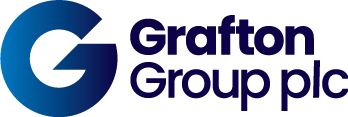
Prior to the introduction of its current cash management solution Grafton had a very cost-efficient cash management process that it operated in conjunction with its two clearing banks in the UK and Ireland but it required updating to take advantage of advances in technology.
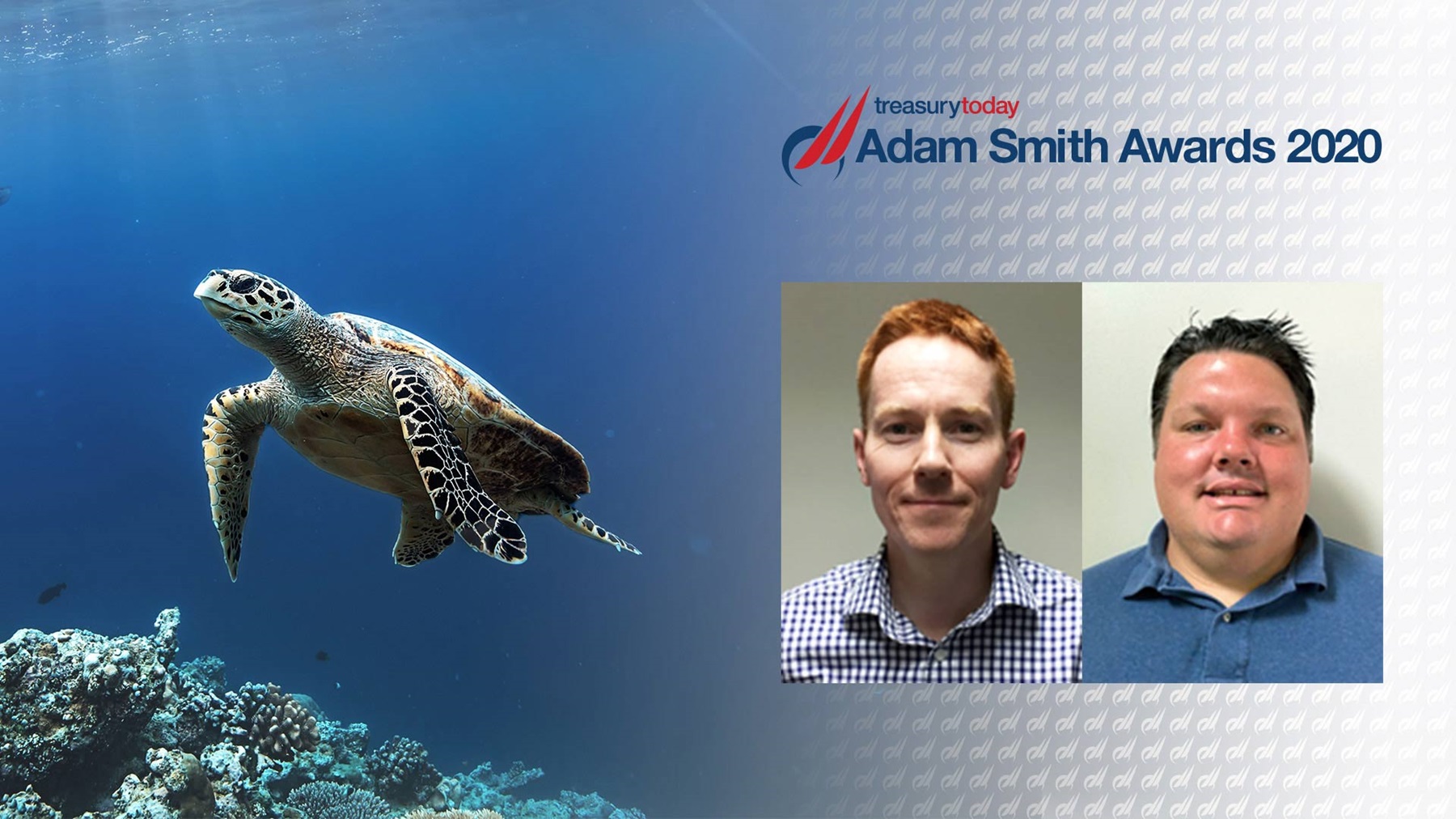
Following the multi-billion-dollar divestment of SUSE, Micro Focus required a short-term investment solution for the proceeds of the transaction, which were due to be distributed to shareholders via an upcoming capital return and associated share capital consolidation. The company faced regulatory and operational hurdles while seeking to meet performance goals and risk management objectives.
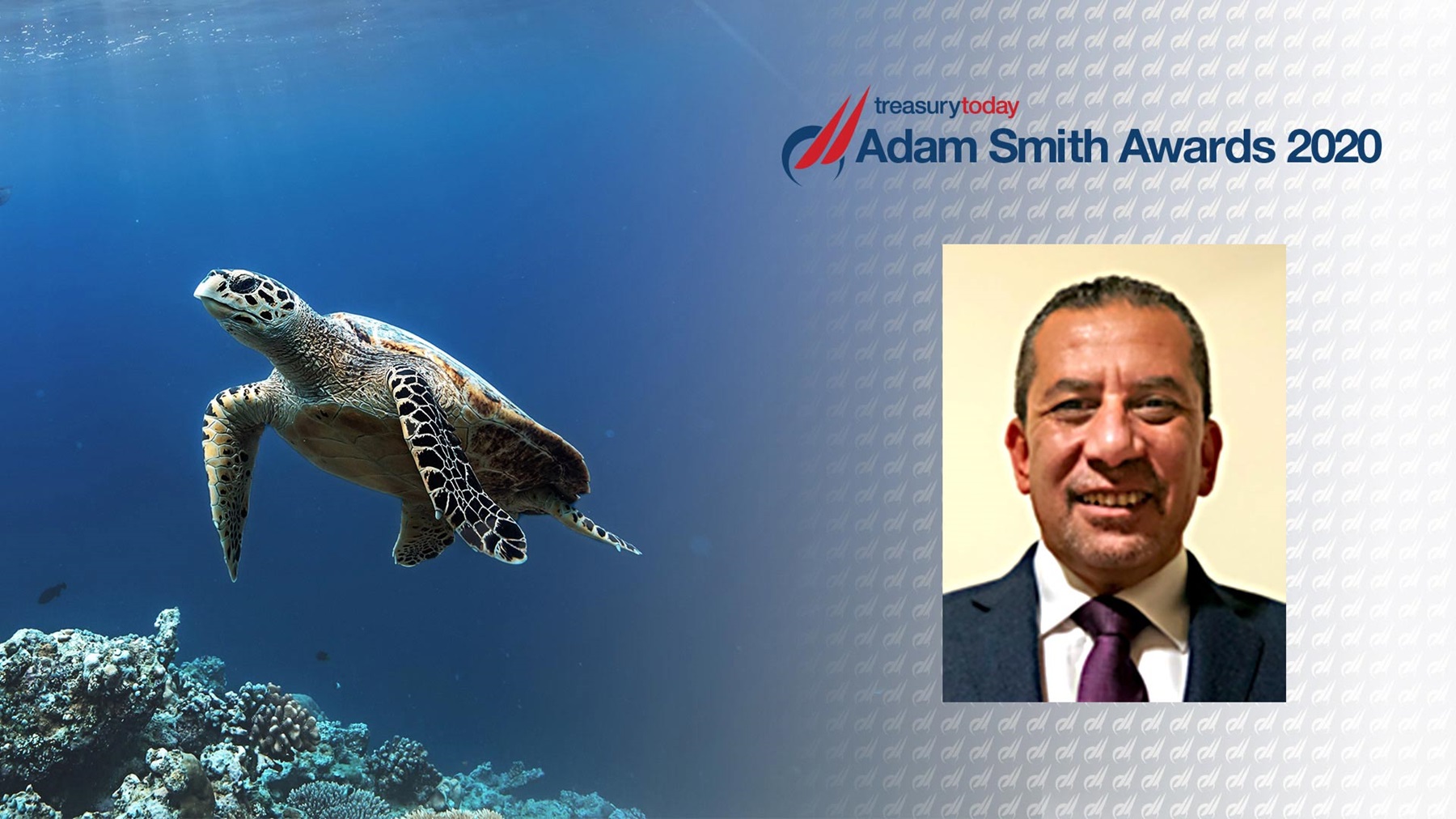

In order to grow its sales and market share, Unilever was seeking an intermediary who would be able to help mitigate counterparty and cross border risk while providing financing at competitive rates under extended payment terms requested by its new distributors.
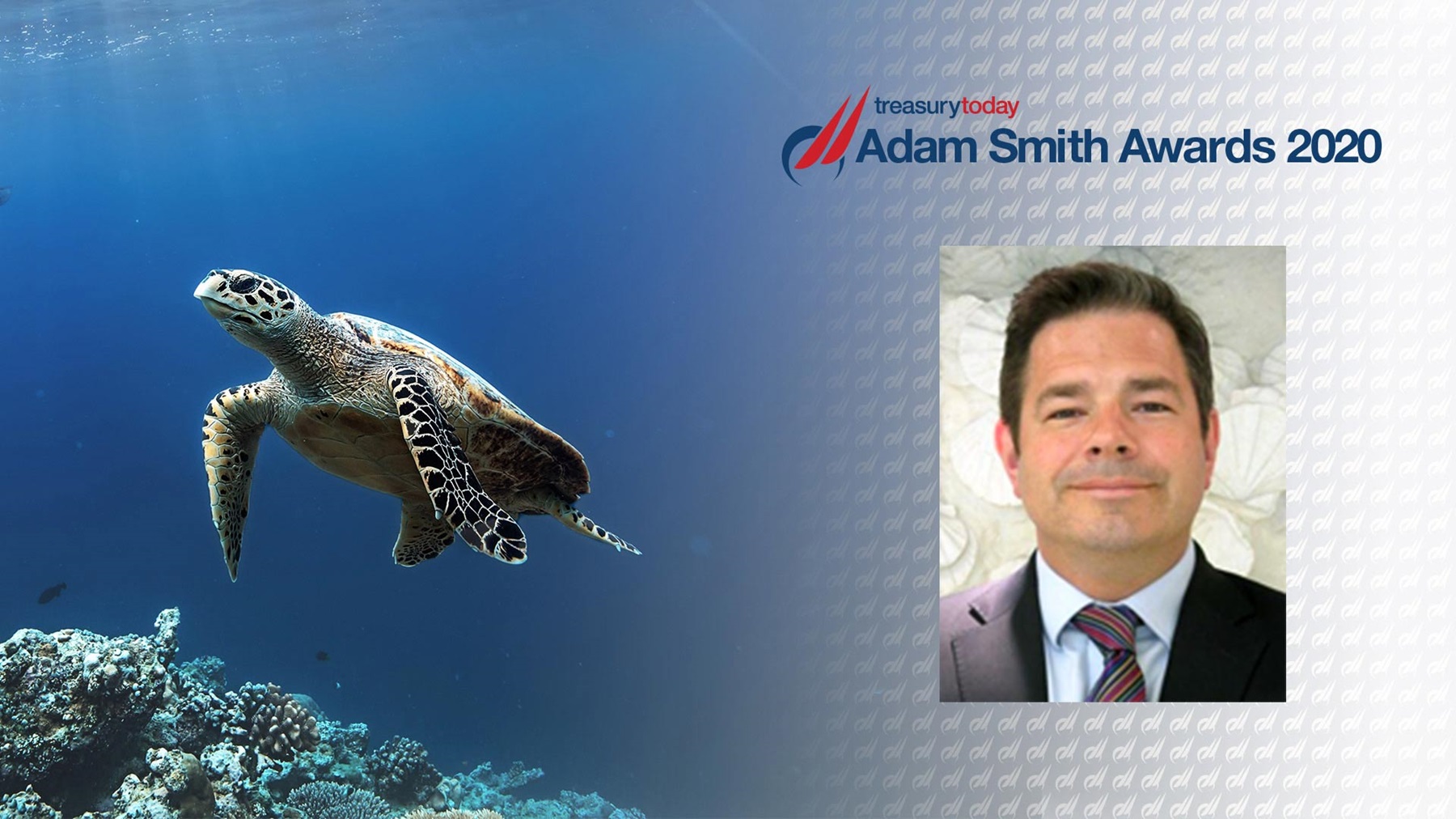
Shell generates thousands of queries a year associated with cross-border payroll, pensions, tax, supplier, and other payments made from its hundreds of bank accounts held with Citi. Users phoned in or emailed to register their query, taking time to investigate, with documenting and tracking queries, adding an administrative burden.
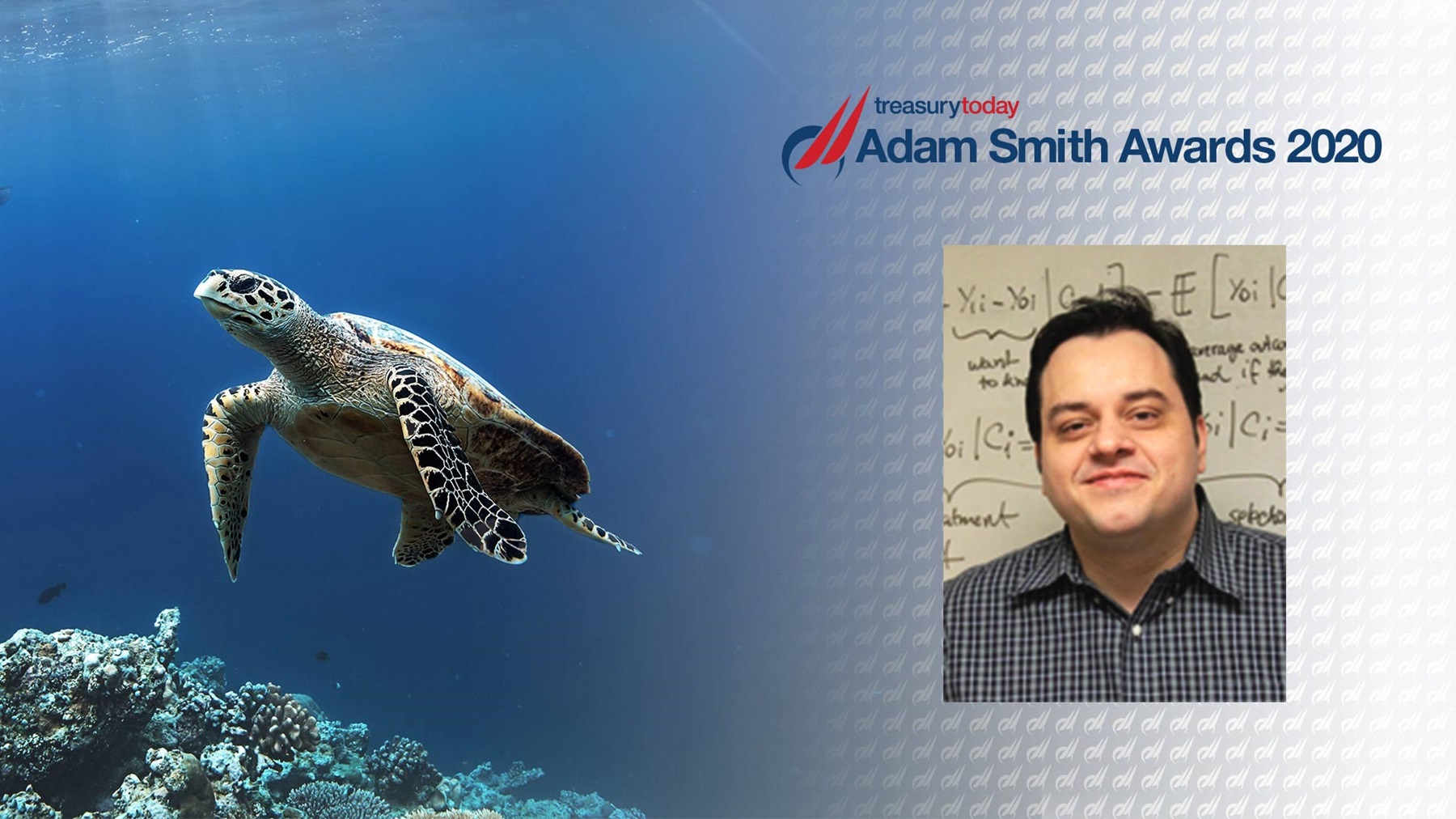
Although most Microsoft enterprise customers pay on time, over the last few years approximately 20% of customers pay late. Microsoft’s yearly revenue is over US$100bn, and the cost of capital due to late payments represented dozens of millions of dollars in 2019.
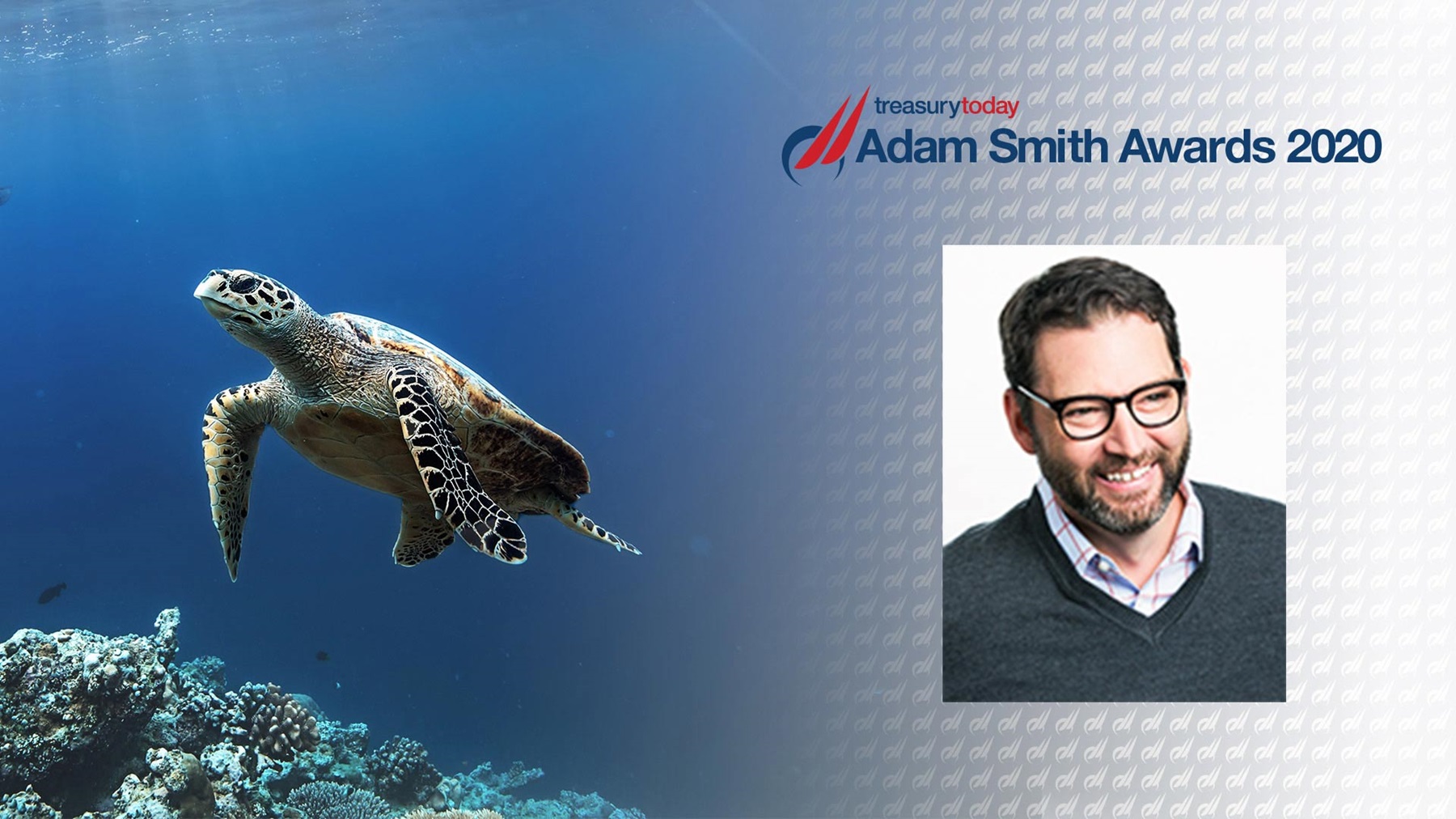

Because World Central Kitchen (WCK) team members must travel to the four corners of the globe, often in remote locations, and then quickly pull together critical logistics to begin feeding scores of local citizens, dispersing a high value of funds was proving particularly challenging. WCK’s treasury team recognised the need for an effective commercial card programme that could accommodate disparate purchasing patterns, such as buying food, securing kitchens, as well as procuring meals and safe lodging for chef relief teams.


Takeda was seeking a multi-bank trade finance solution that would enable the company to manage its bank guarantee process effectively using a centralised and integrated approach.


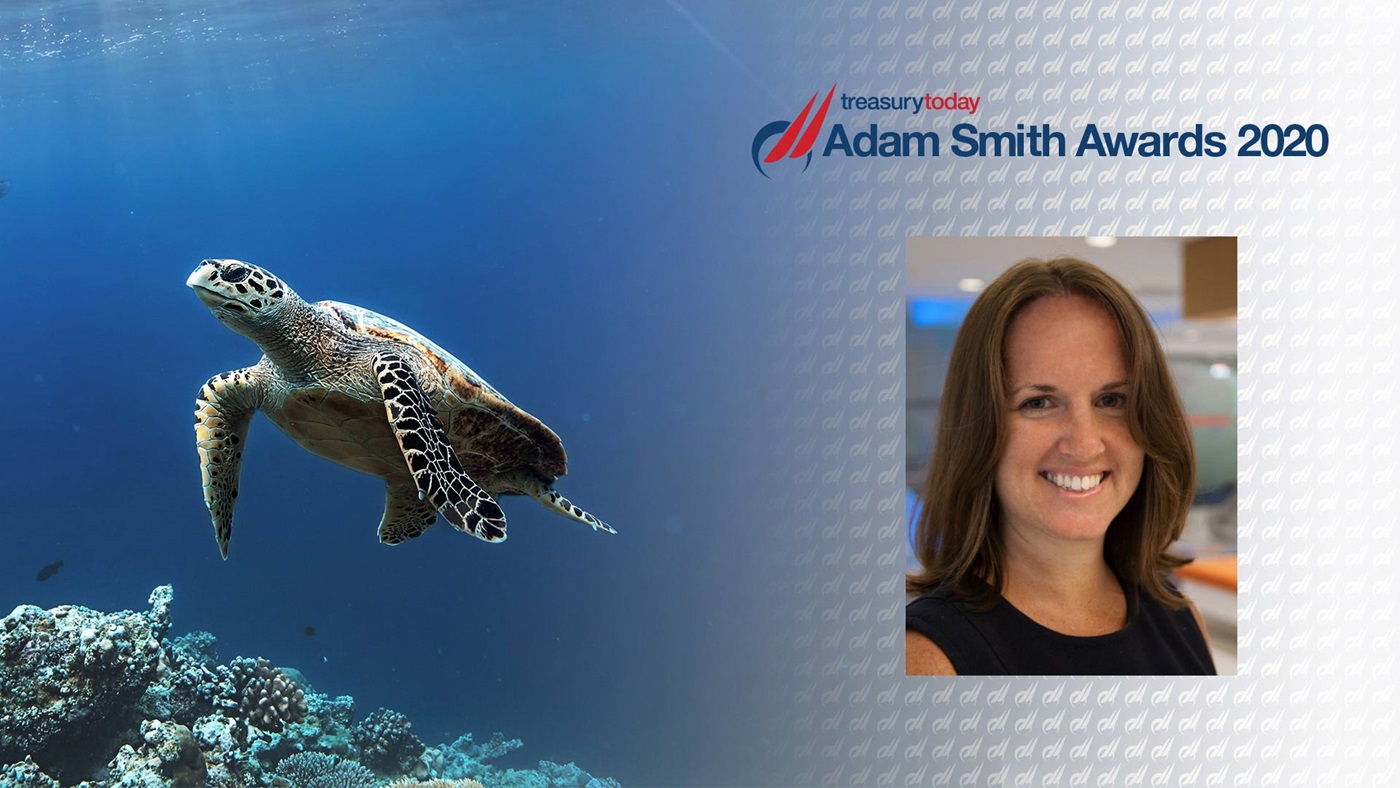
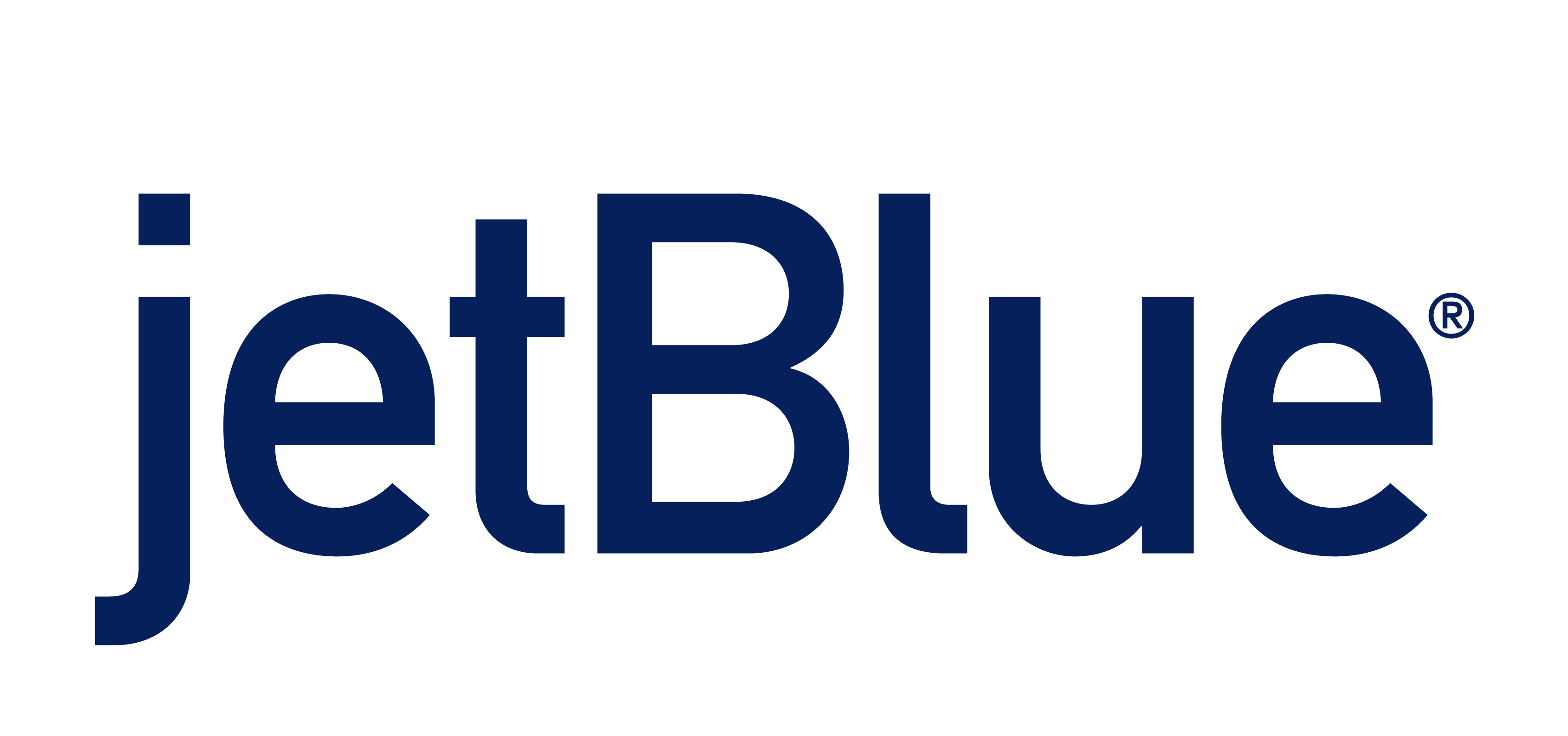
The airline was looking at ways to invest its corporate cash and fund the business in accordance with their Environmental, Social and Governance (ESG) and treasury guidelines.
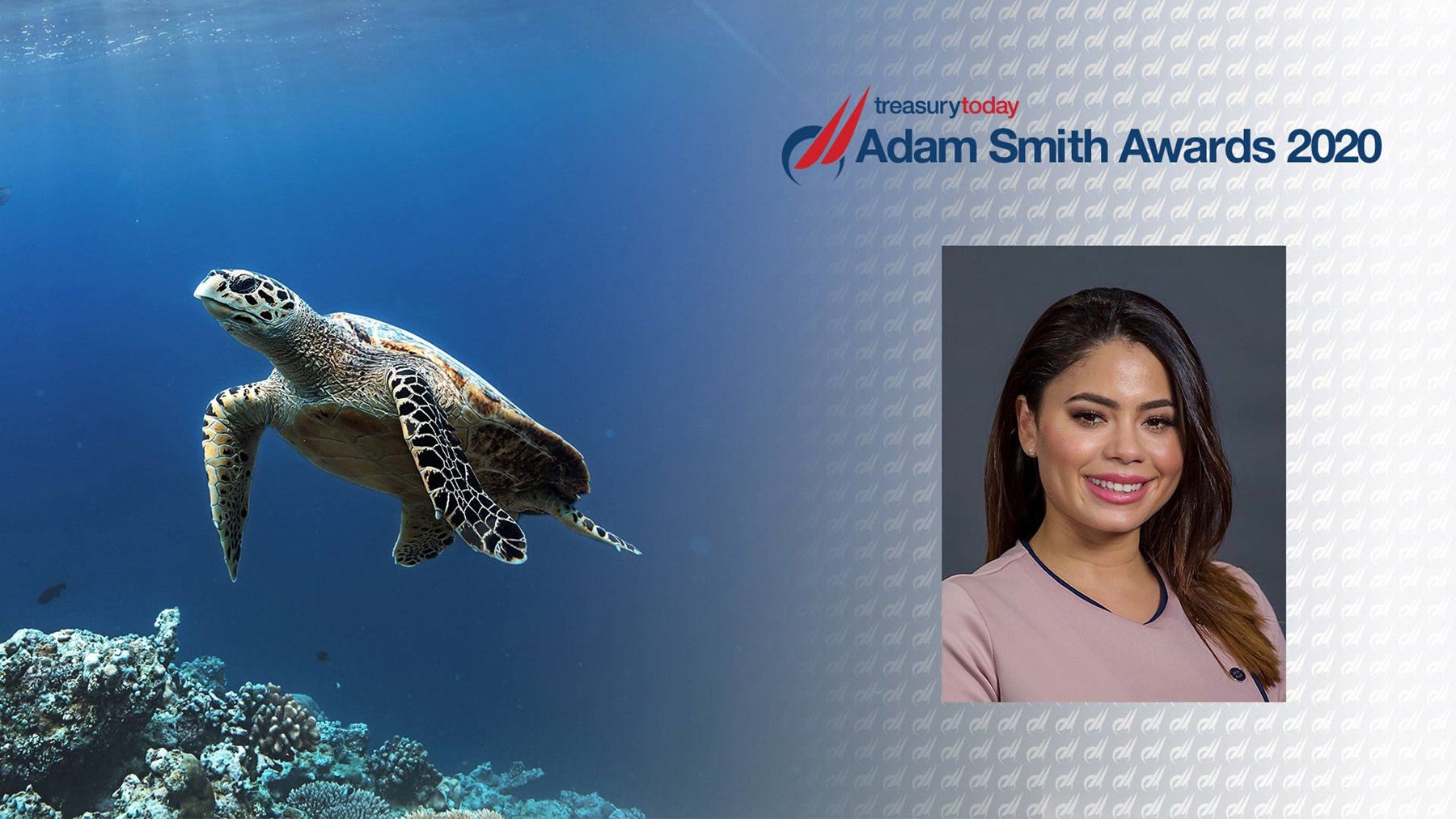

In March 2020, the resort industry came to a grinding halt. Companies ceased business travel, large events were called off, families cancelled vacations and the world started to go into lockdown. With millions of cancellations and empty hotel rooms, the resort and hospitality world faced unprecedented challenges and the tough decisions that came with it. However, the treasury team, lead by Sasha De Gracia, Director Finance - Treasury Services, was prepared.
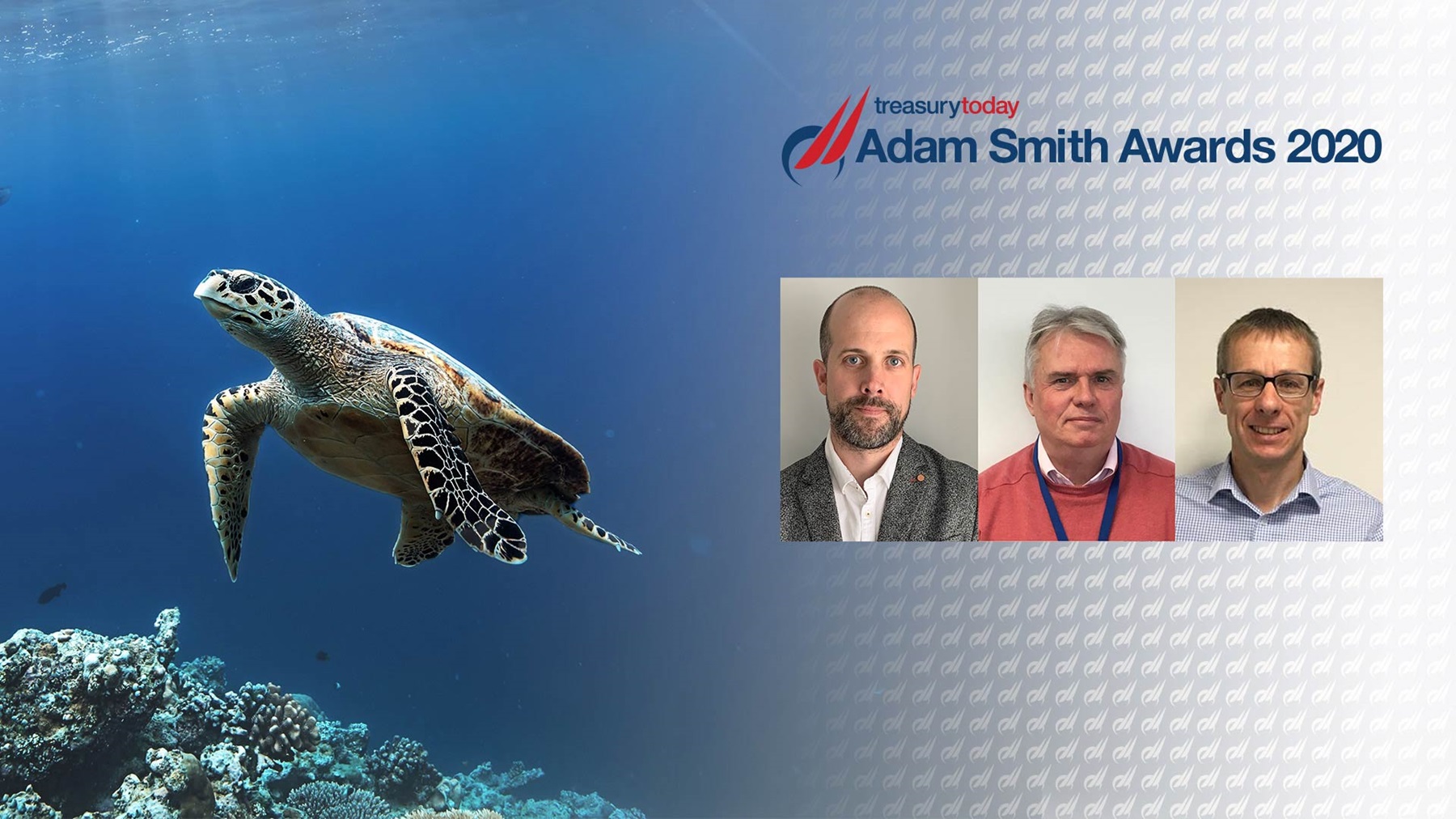

Severn Trent Water Limited is exposed to a combination of financial risks – principally liquidity risk, market risk and inflation risk. Changes in interest and inflation rates can have a significant impact on the organisation’s profit and loss statement, balance sheet and cash flows. It is therefore essential for management to have a good understanding of interest rate and inflation risk, and the impact of these on the financial statements.
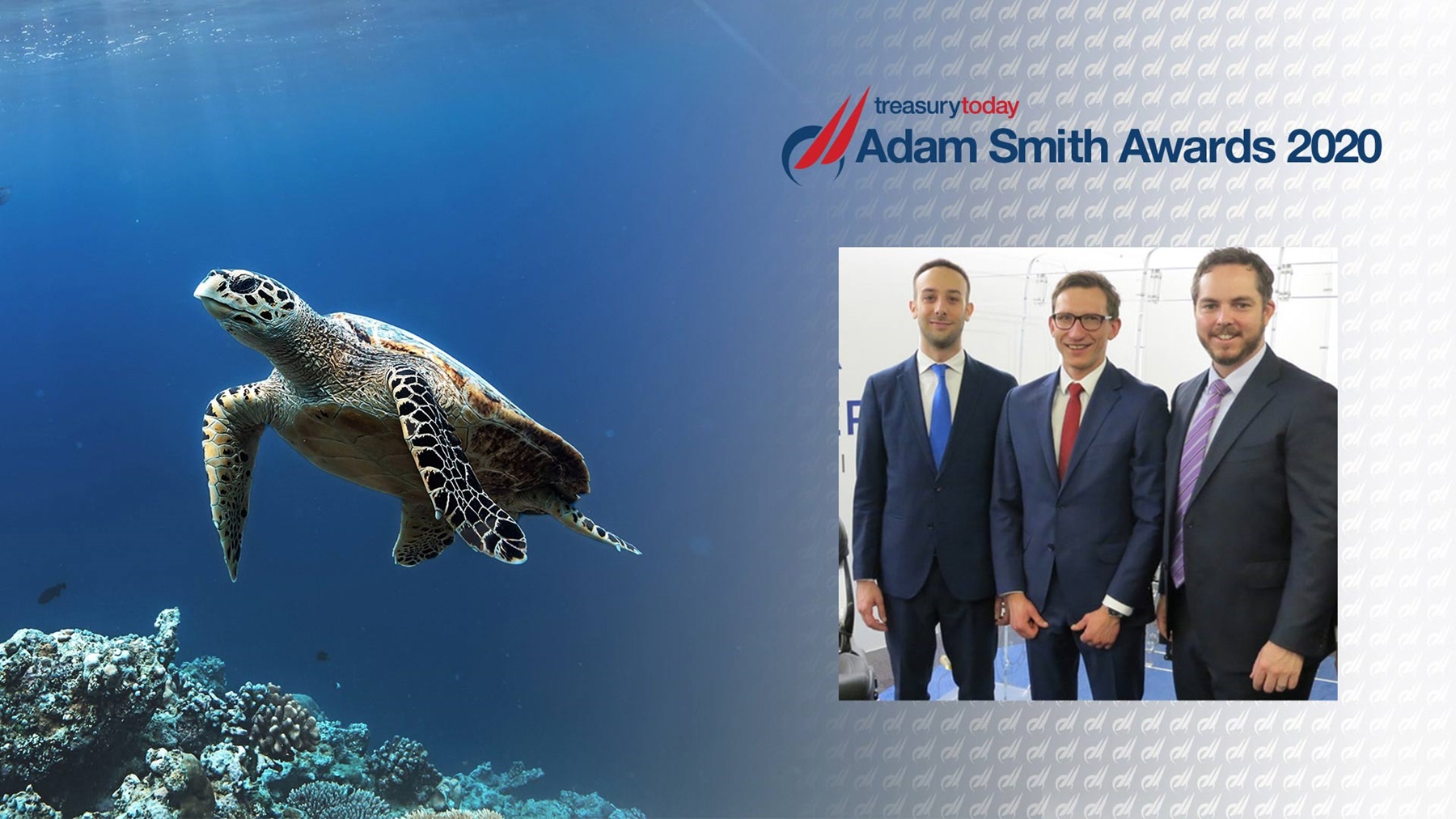

As a worldwide supplier in the vehicle industry, Kongsberg Automotive (KA) operates in 19 countries. Three years ago, when a new treasury function was established, there was only patchy visibility over the company’s cash, and little control over payments and liquidity across the group.
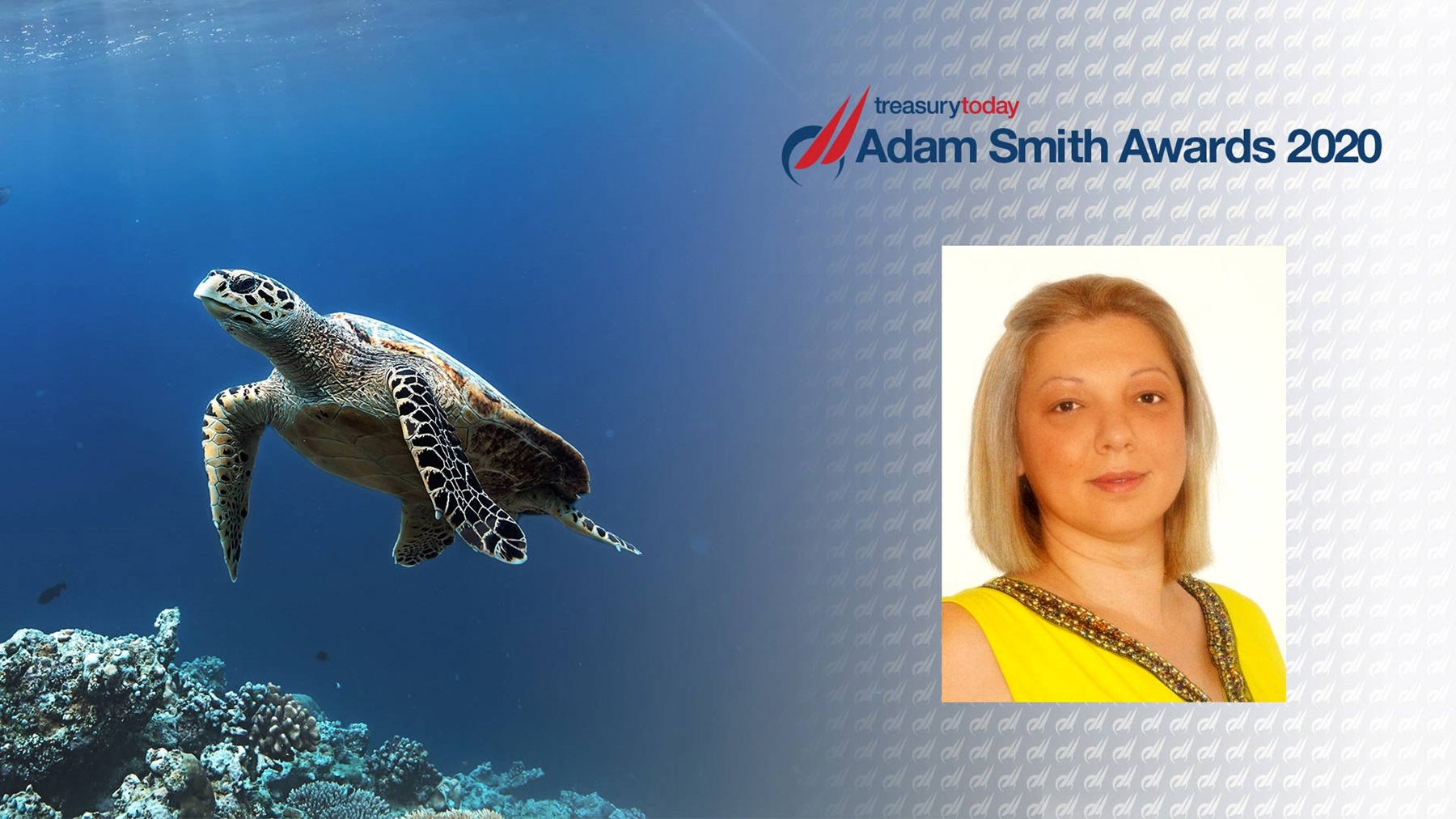
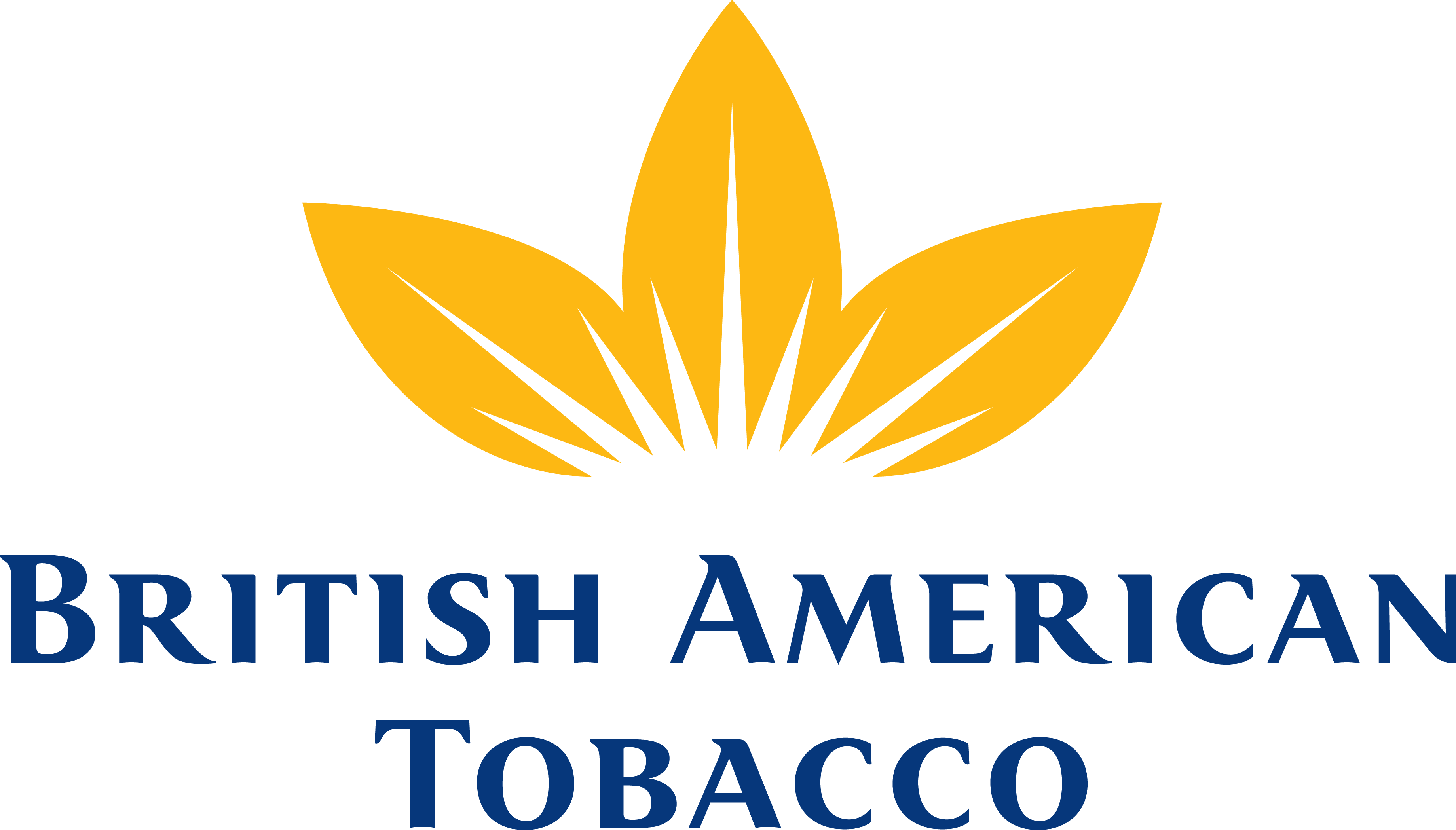
As a part of a larger IHC/POBO/ROBO/bank statement implementation project, BAT identified many business partners which had to be updated with new standard settlement instructions (SSIs). The overall project started in March 2019 and went with the go live in September 2019.

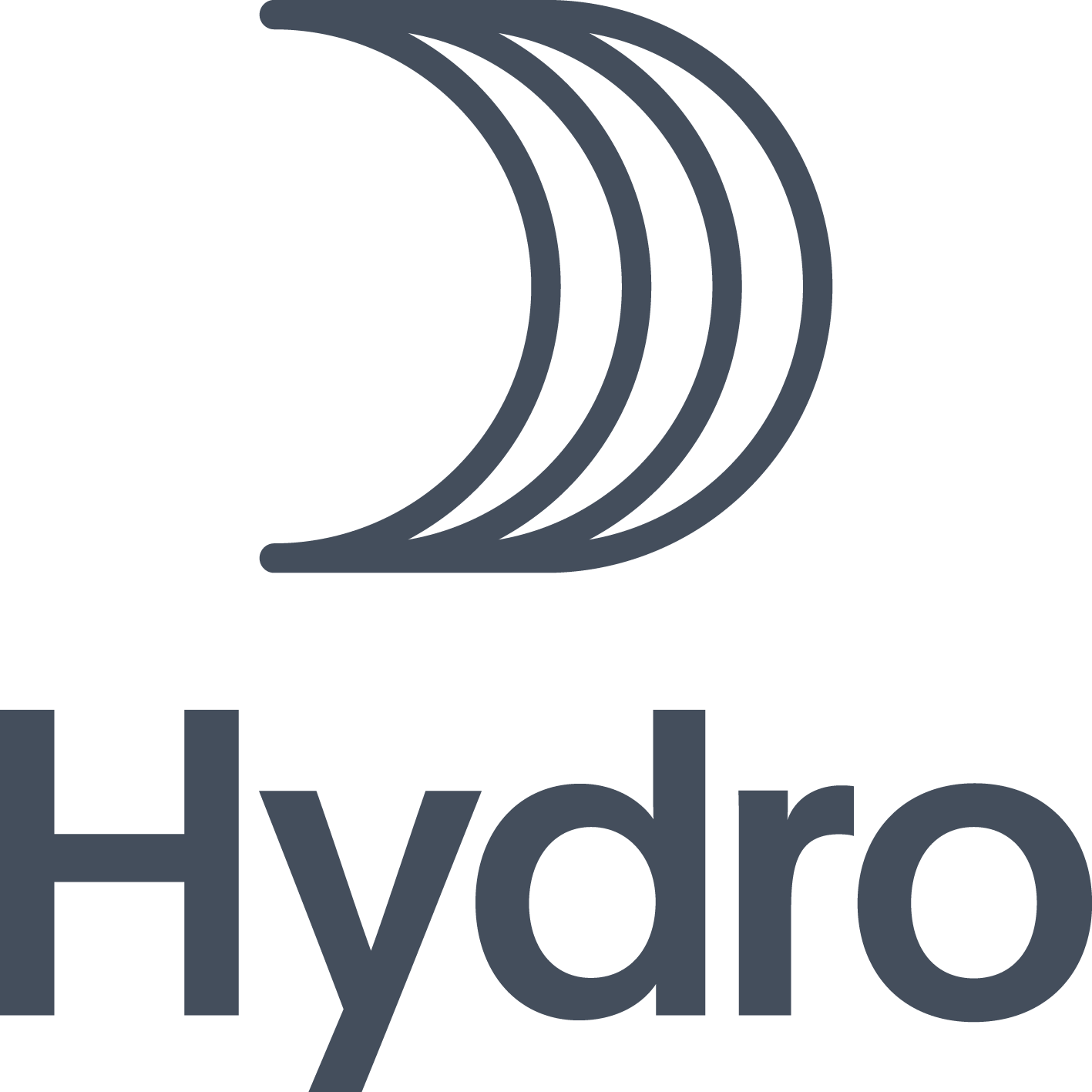
On 19th March 2019, Norsk Hydro was the victim of a cyber-attack targeting its technology infrastructure. This was a ransomware attack infecting 22,000 computers across 170 sites in 40 countries with the message “Your files have been encrypted with the strongest military algorithms…without our special decoder it is impossible to restore the data.”
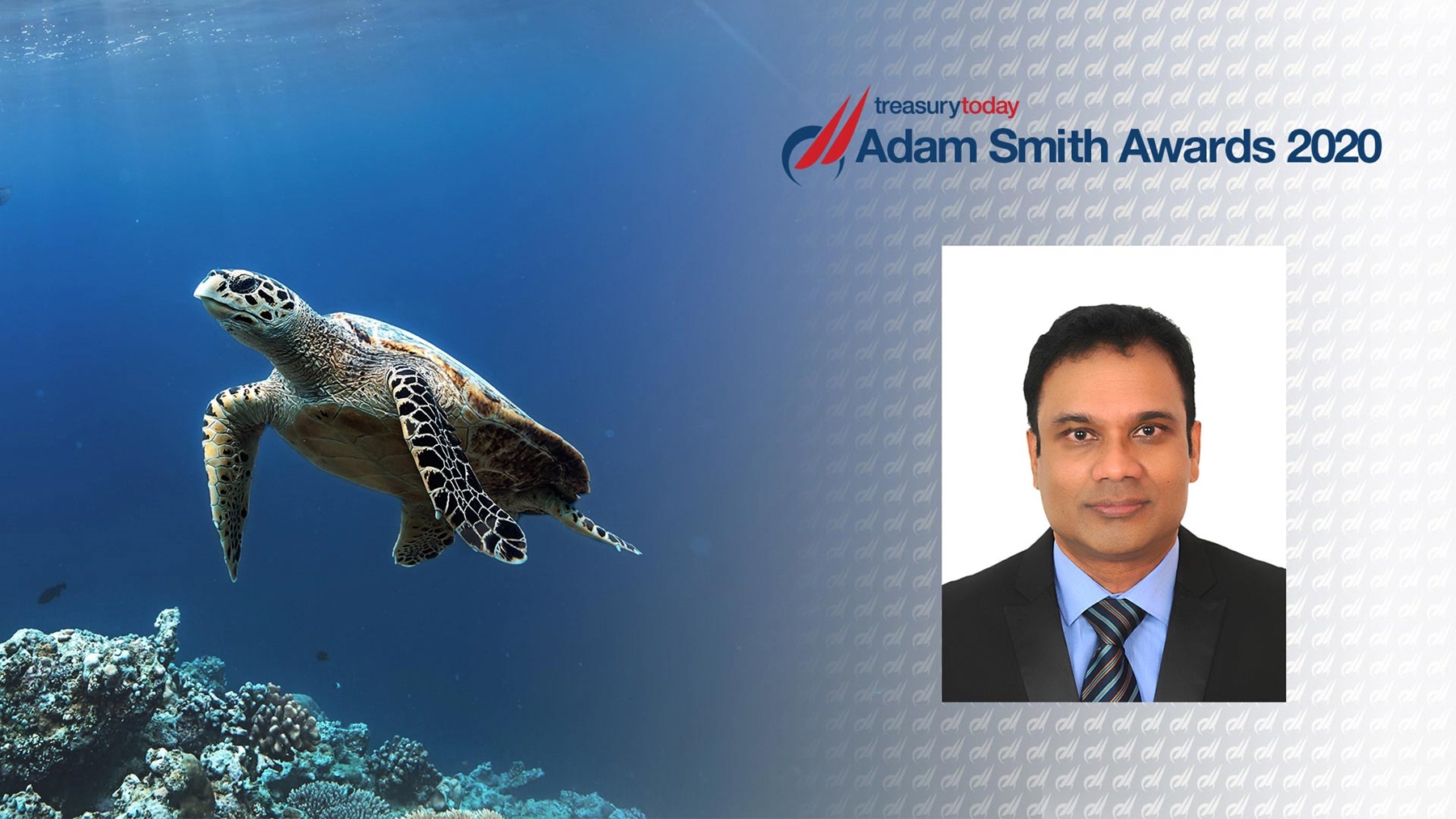
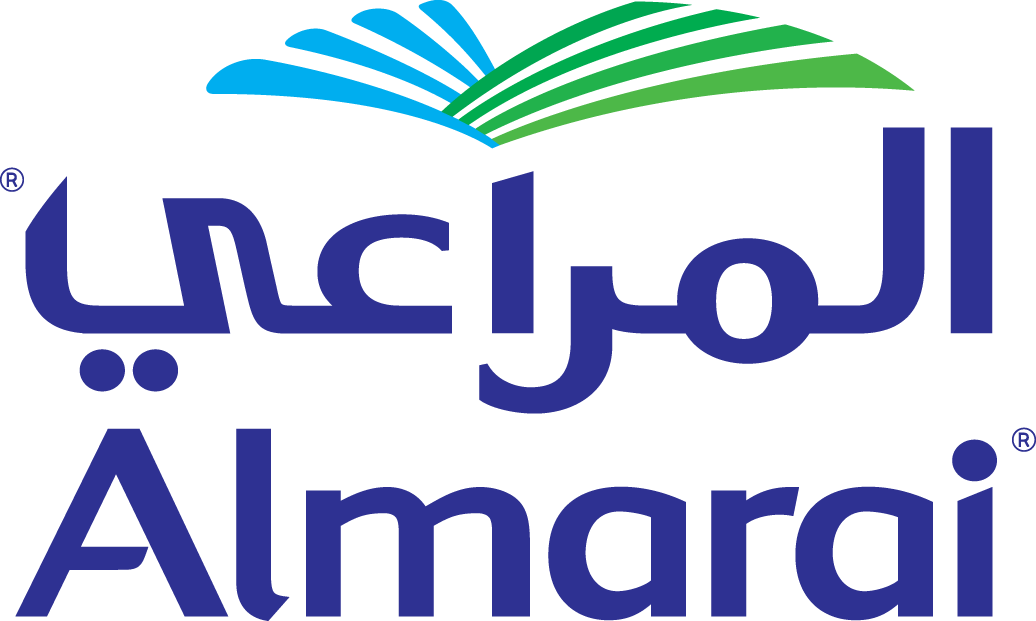
Almarai had a decentralised operations model in the Kingdom of Saudi Arabia (KSA) and the Middle East and North Africa (MENA) region, with multiple bank relationships and dividend distribution accounts. Not only did this mean its cost of banking was high, but processes and controls were not standard across countries and currencies. This resulted in the treasury team having no real-time view of its cash positions across its group entity, which made forecasting an added challenge.
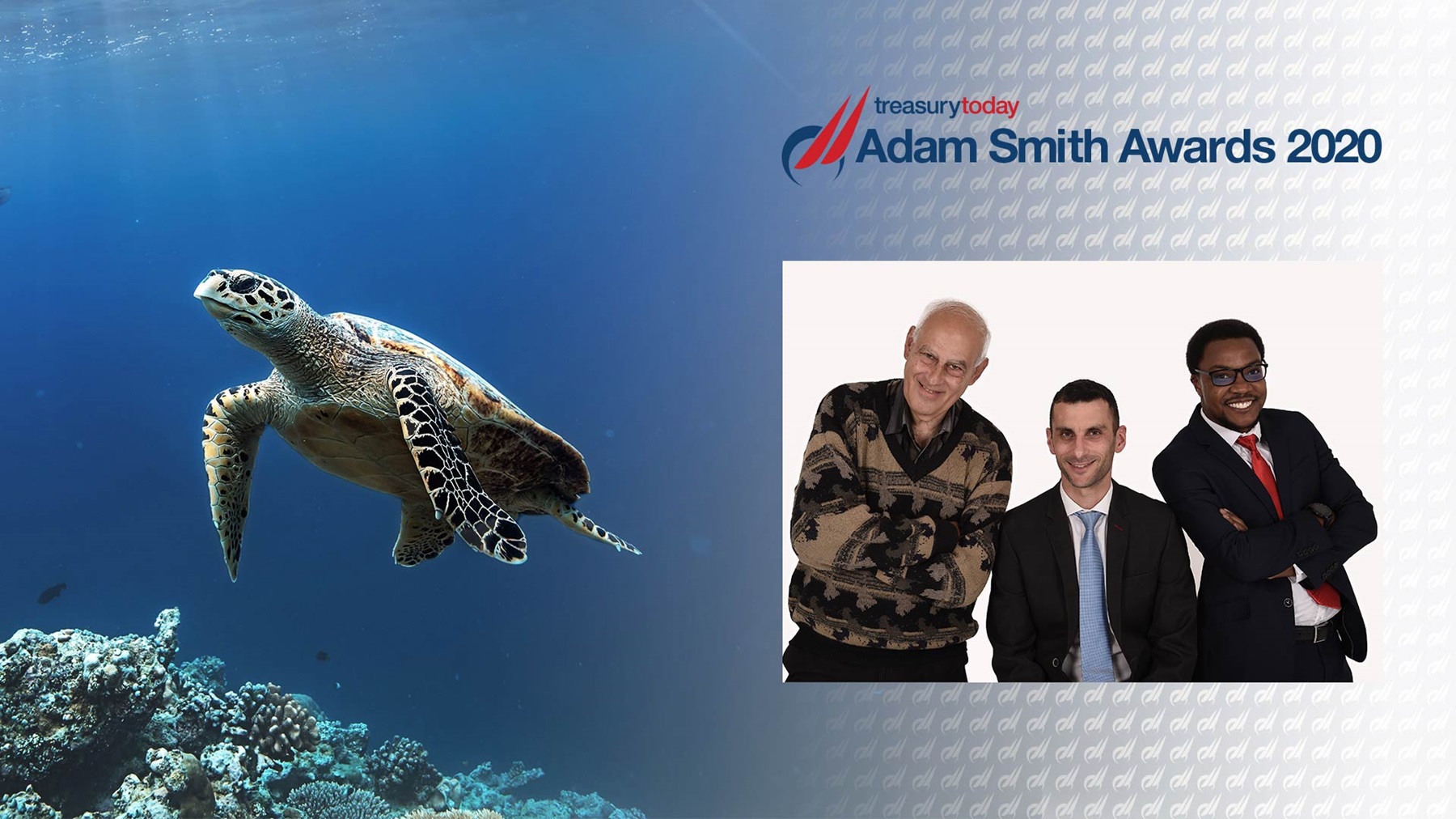

In 2013/2014, following two material acquisitions, Aspen substantially expanded its commercial and manufacturing footprint in Europe. Pursuant to a rigorous request-for-proposals process, BNP Paribas was selected as Aspen’s key transactional banking partner across Europe. Over the years, the entities which comprise Aspen’s European operations had collectively built up material euro cash deposits. Owing to the low interest rate environment, these cash deposits were effectively idle.
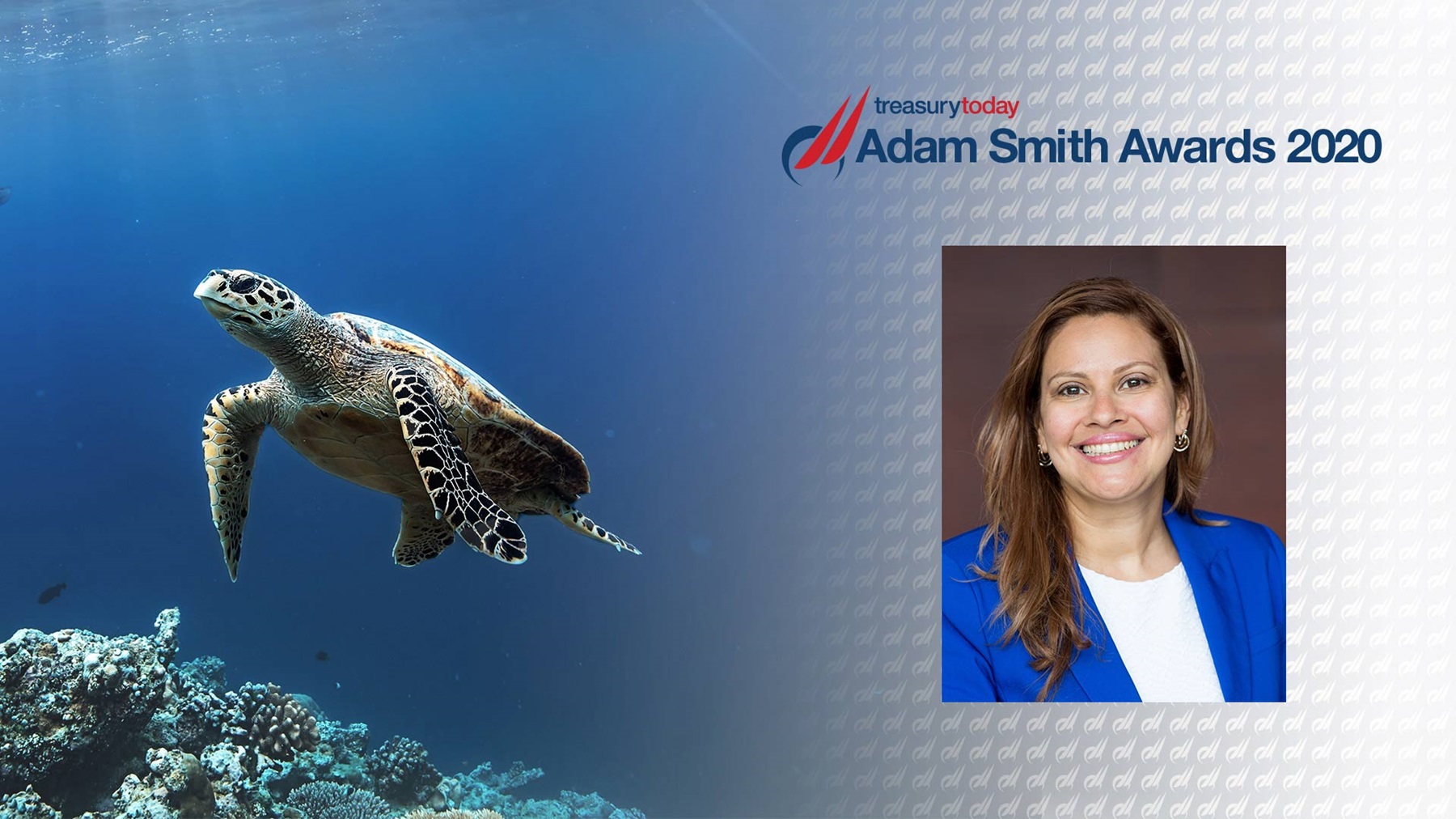

Since its spin-off from Abbott in 2013, AbbVie Inc. has had a clear vision of what its treasury and cash management foundations and strategy should look like. The following summarises the core elements.
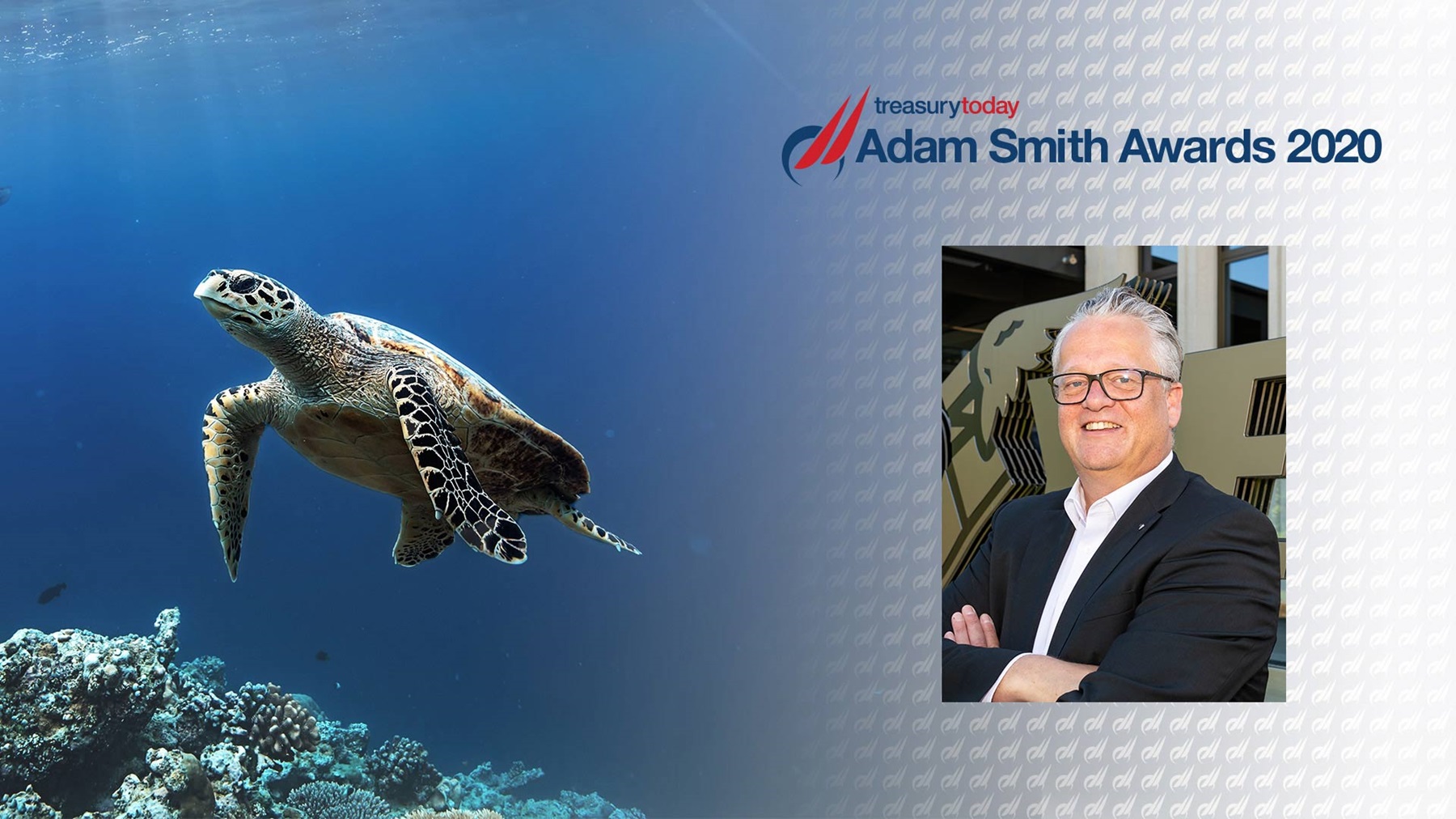

In 2008, Goodyear started to rethink its EMEA cash management structure. The idea was to create a more standardised, leaner structure, giving greater control to the EMEA treasury team based in Luxembourg. The key building blocks of the solution were:

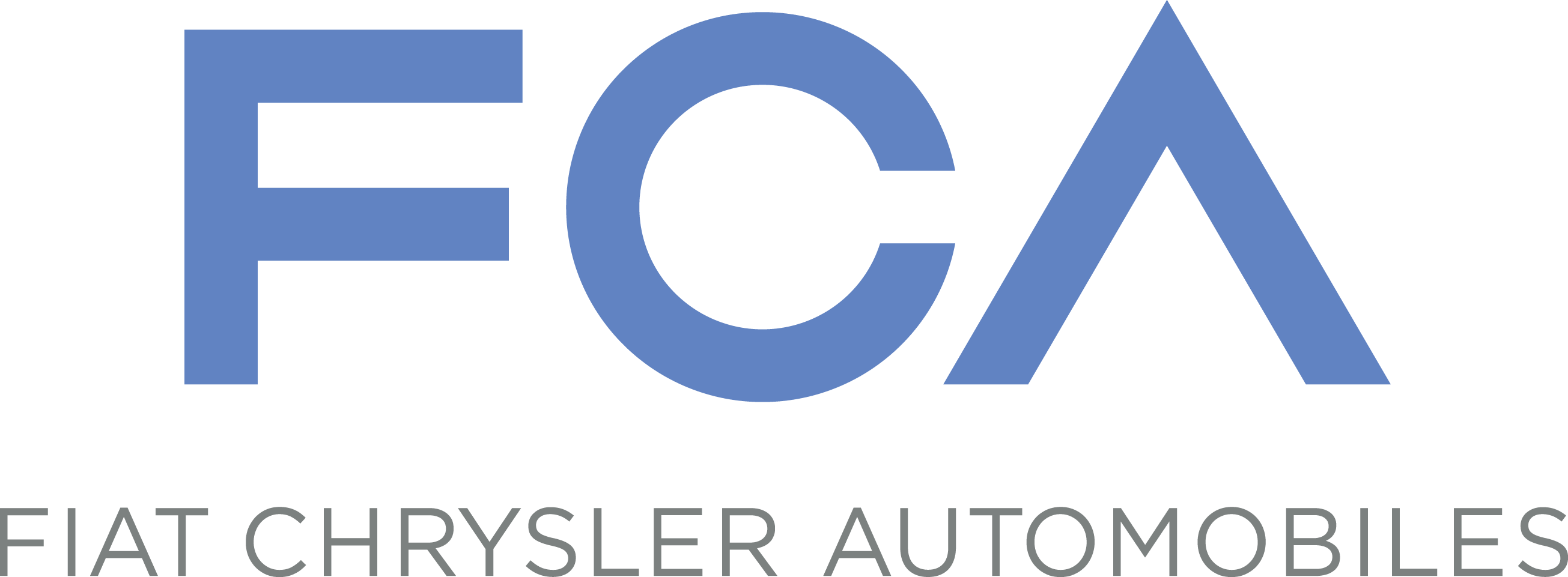
FCA’s main objective was to develop and implement an optimal and efficient cash management structure for the group and its EMEA subsidiaries. As Enrico Zecchini, Head of Treasury Operations explains, “we wanted to create a state-of-the-art, globally scalable, regional treasury centre and to leverage innovative treasury management solutions to enhance our regional payment, collection and reconciliation processes.”
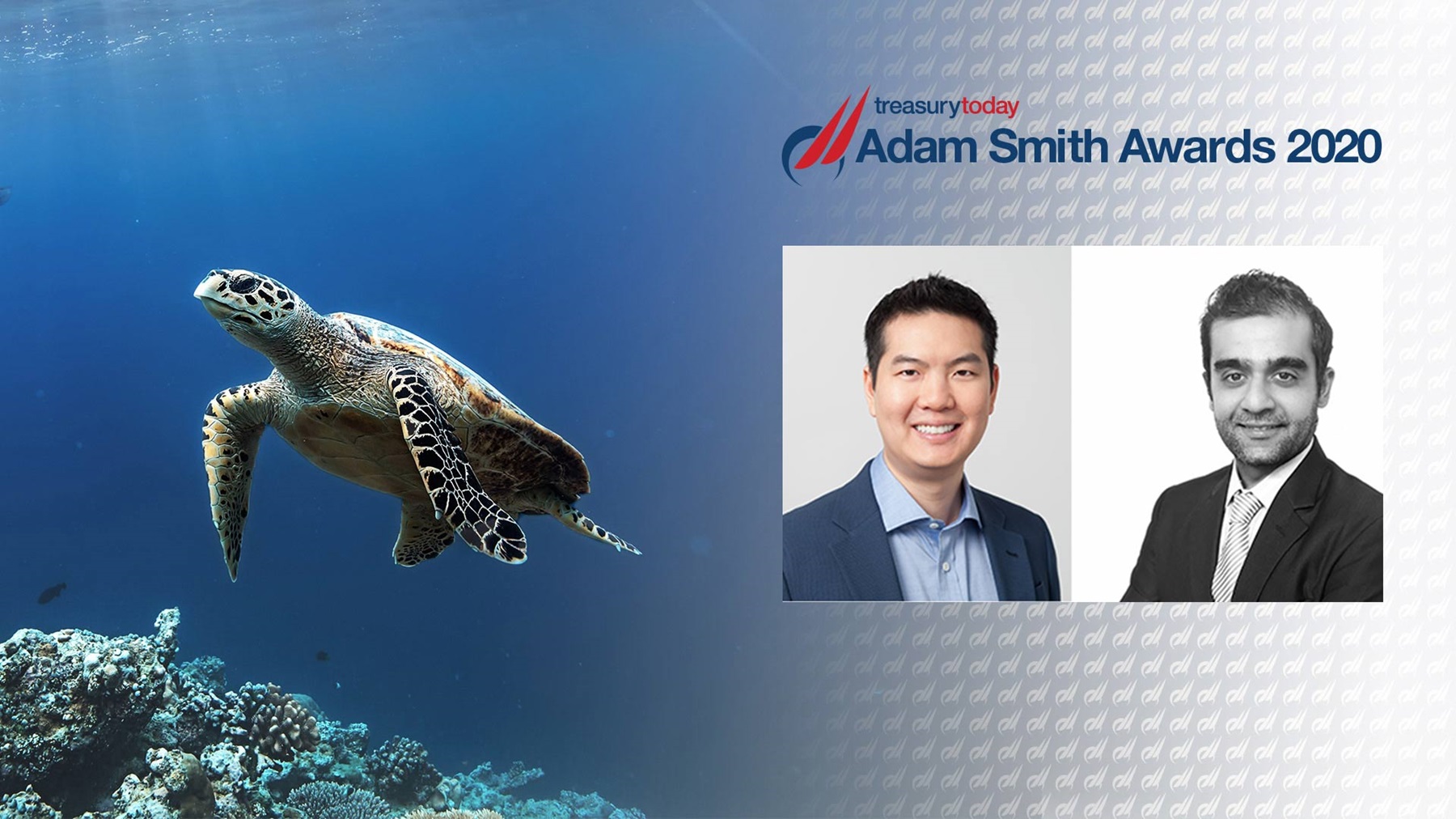

HP Inc. operates multi-billion-dollar foreign exchange and balance sheet hedging programmes. Historically, the company competitively bid trades with selected banks based on ad-hoc and short-dated analysis. Considering the ever-increasing competitive foreign exchange marketplace, the HP treasury team launched a project aimed at reducing execution costs and increasing visibility to counterparties’ performance.
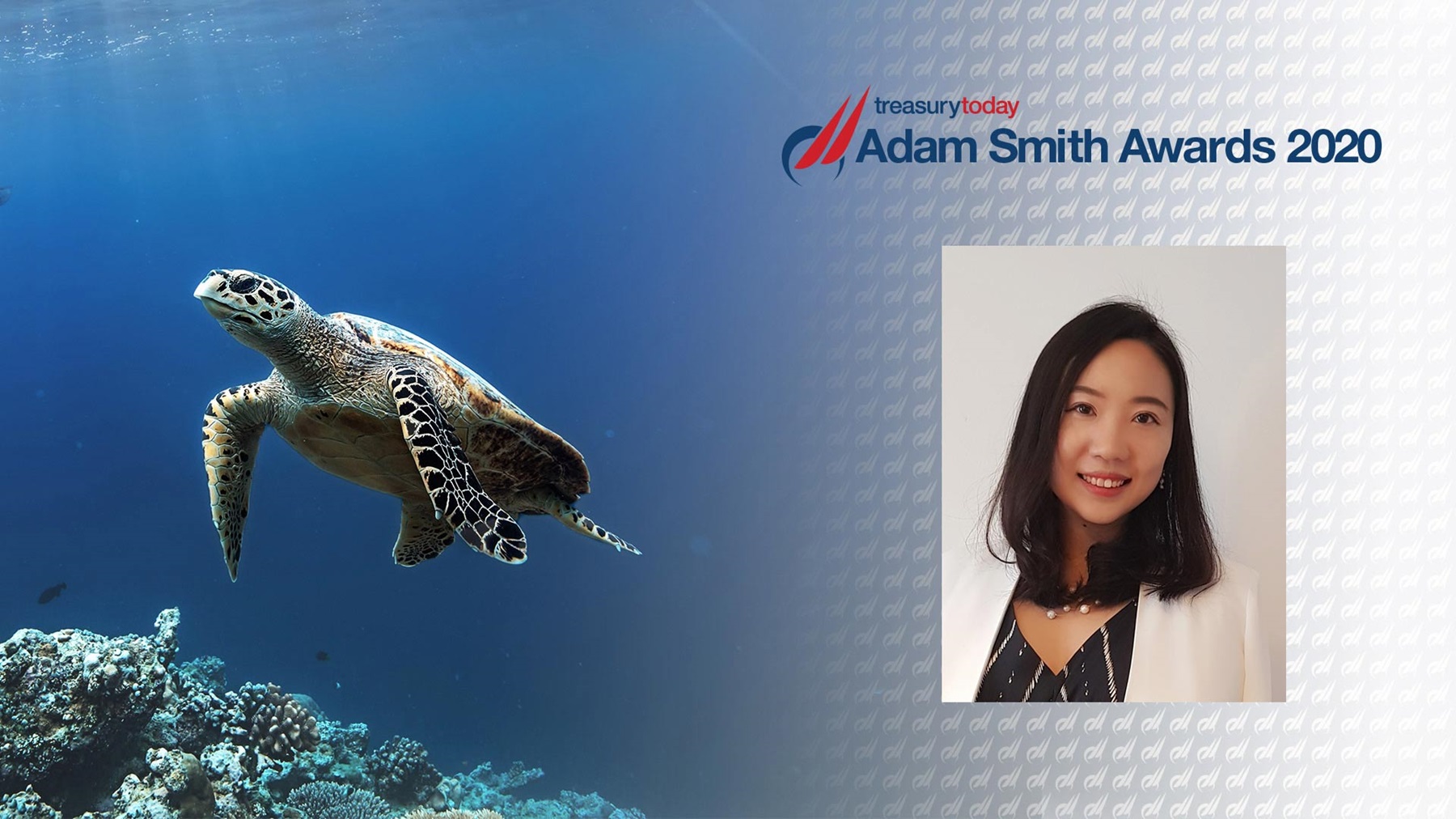

Having completed her Bachelor’s degree in Finance, Tian Song joined General Electric China in 2013 as a management trainee under the Financial Management Programme (FMP). In 2016, after the programme ended, she was selected to join GE’s global executive development programme, Corporate Audit Staff (CAS), as an associate.
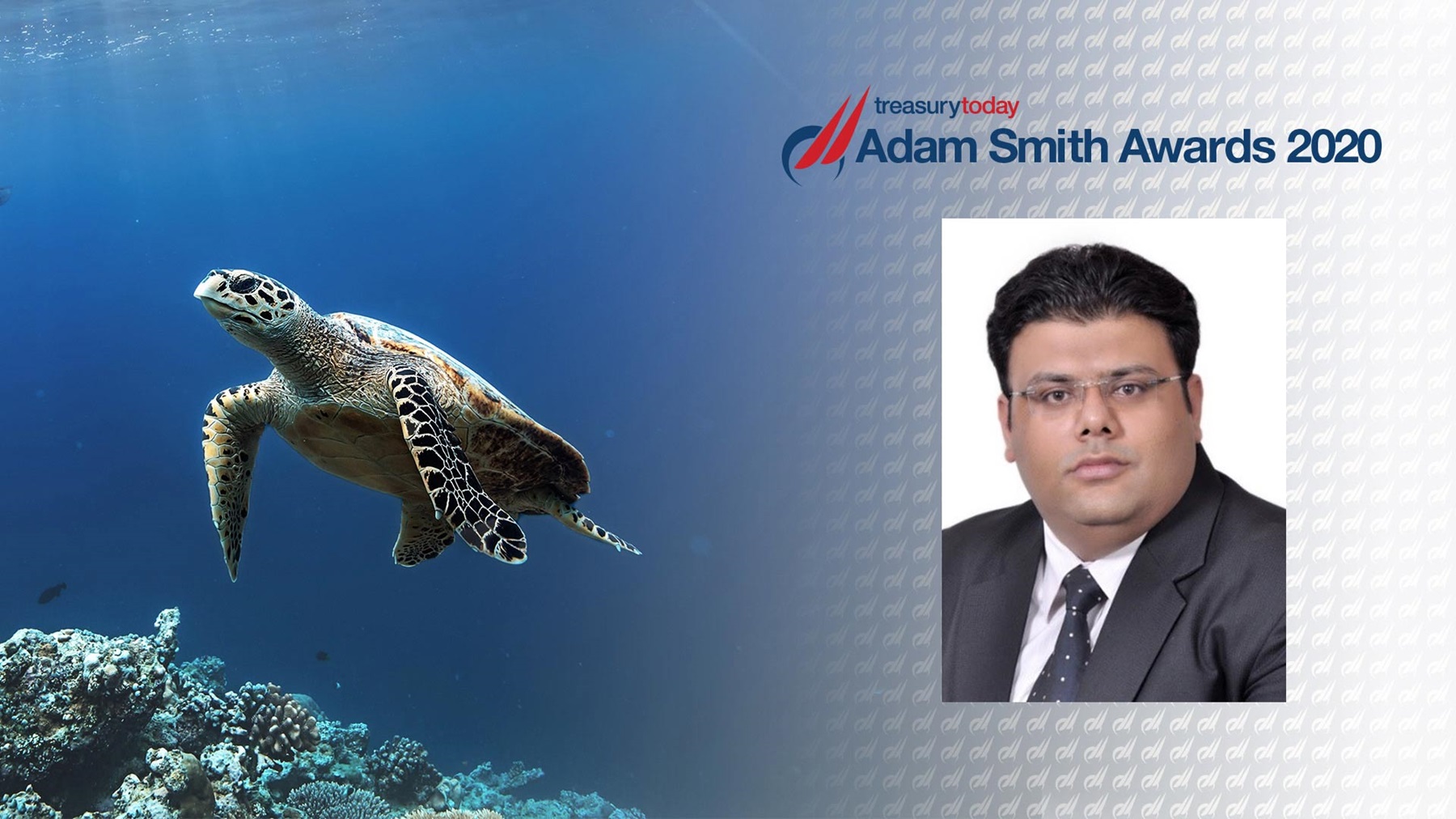

The Baker Hughes (BKR) treasury transformation journey started with the merger of Baker Hughes Incorporated and GE Company’s Oil and Gas business in 2017. The combined company operates in 120 countries and generates over US$20bn revenue. The merger provided an opportunity to the BKR treasury team to build-off existing capabilities and leverage technology to take treasury capabilities and operating model to the next level.
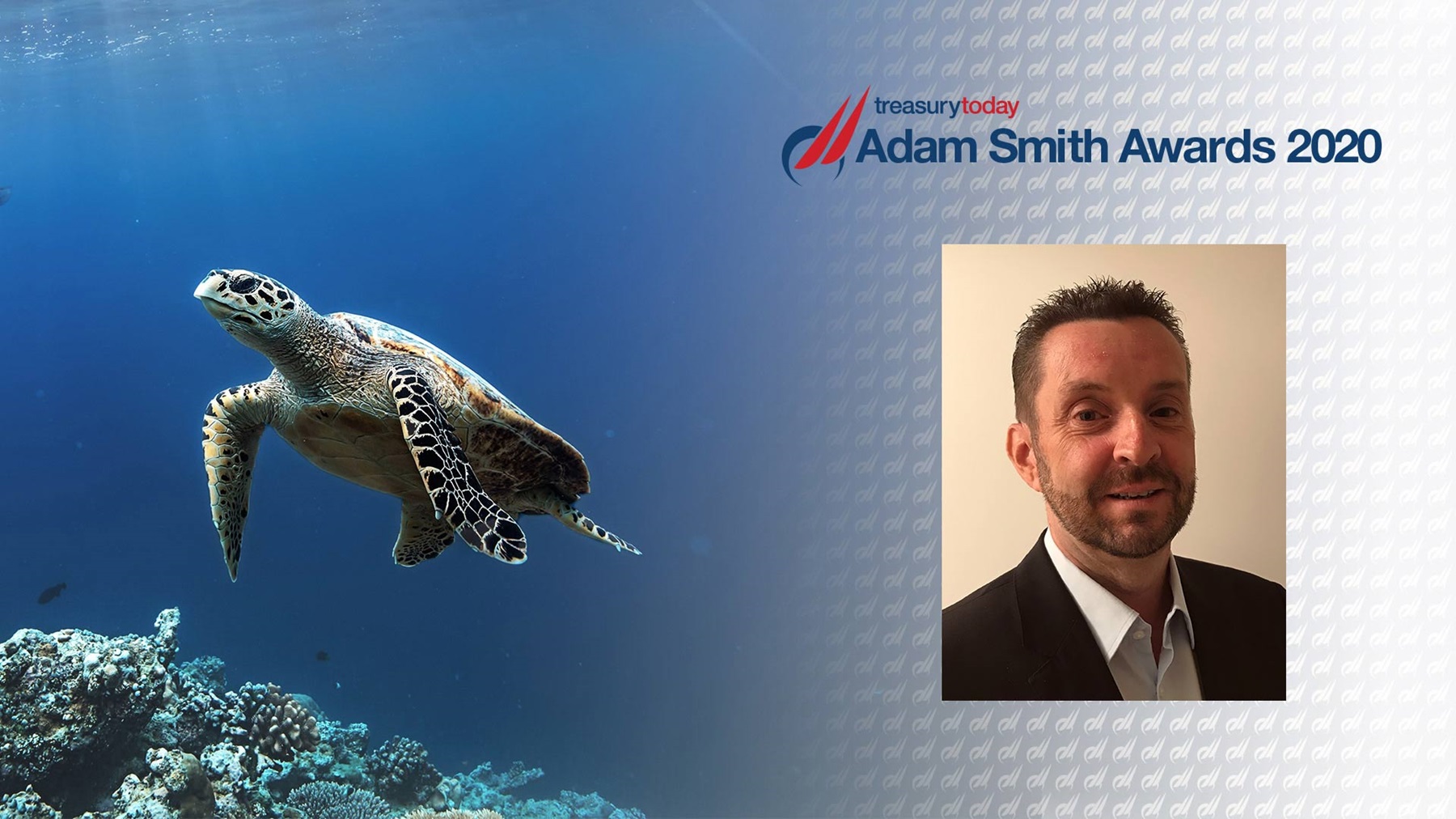

In 2018, Novartis – then Alcon’s parent company – announced the spinoff of its eye care division into an independently traded standalone company. The deadline for the separation and listing of Alcon on the SIX Swiss Exchange and the New York Stock Exchange was set for just nine months.
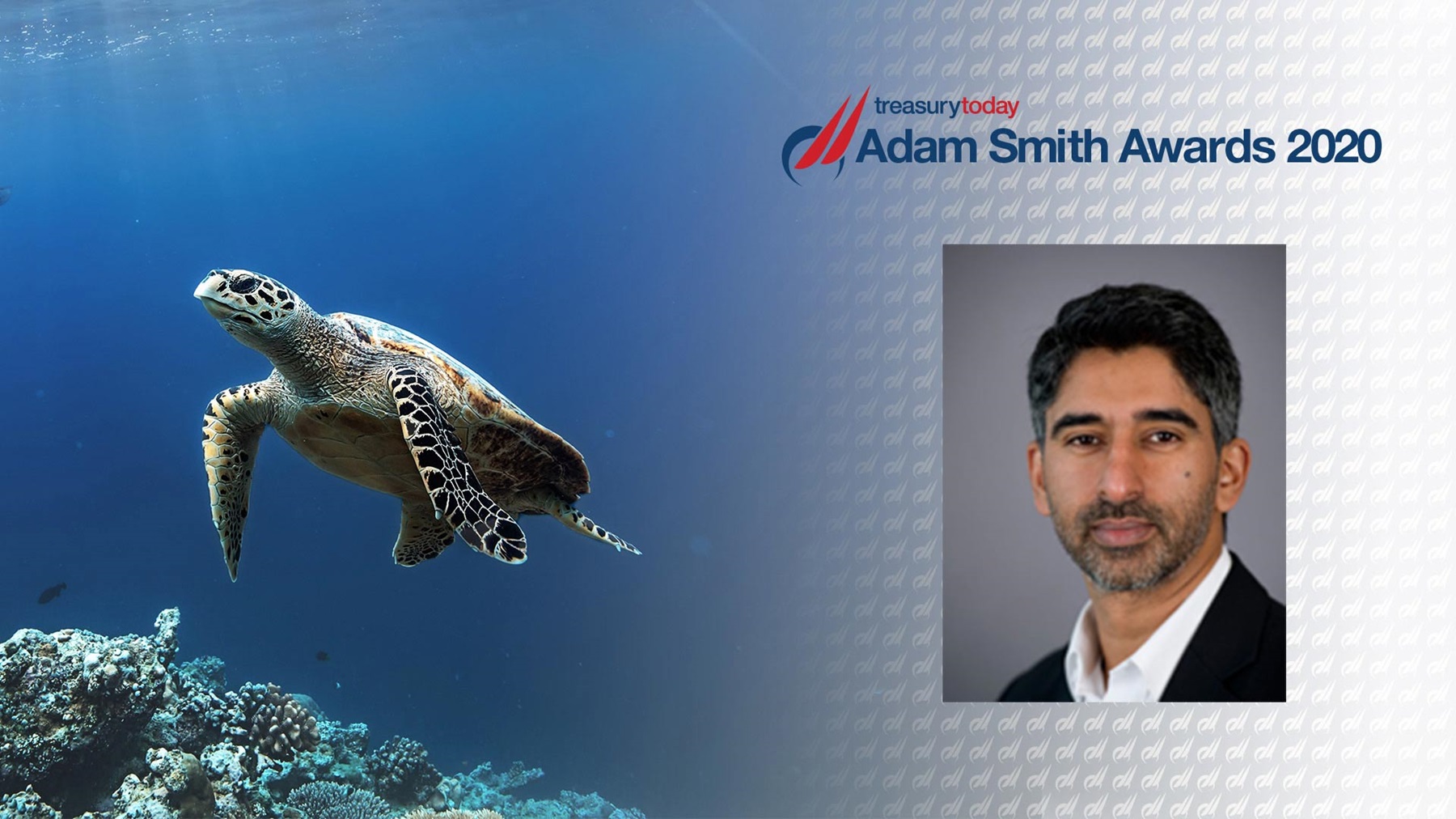

Accenture manages cash in more than 50 countries and 400 corporate entities, to include acquisitions and intercompany transactions, across 30-plus currencies. Corporate treasury must analyse each entity’s liquidity position to determine whether it needs to move, borrow or invest cash. This happens with different costs, risk impacts, time lags, and with a variety of options, creating challenging complexities for this international corporation.
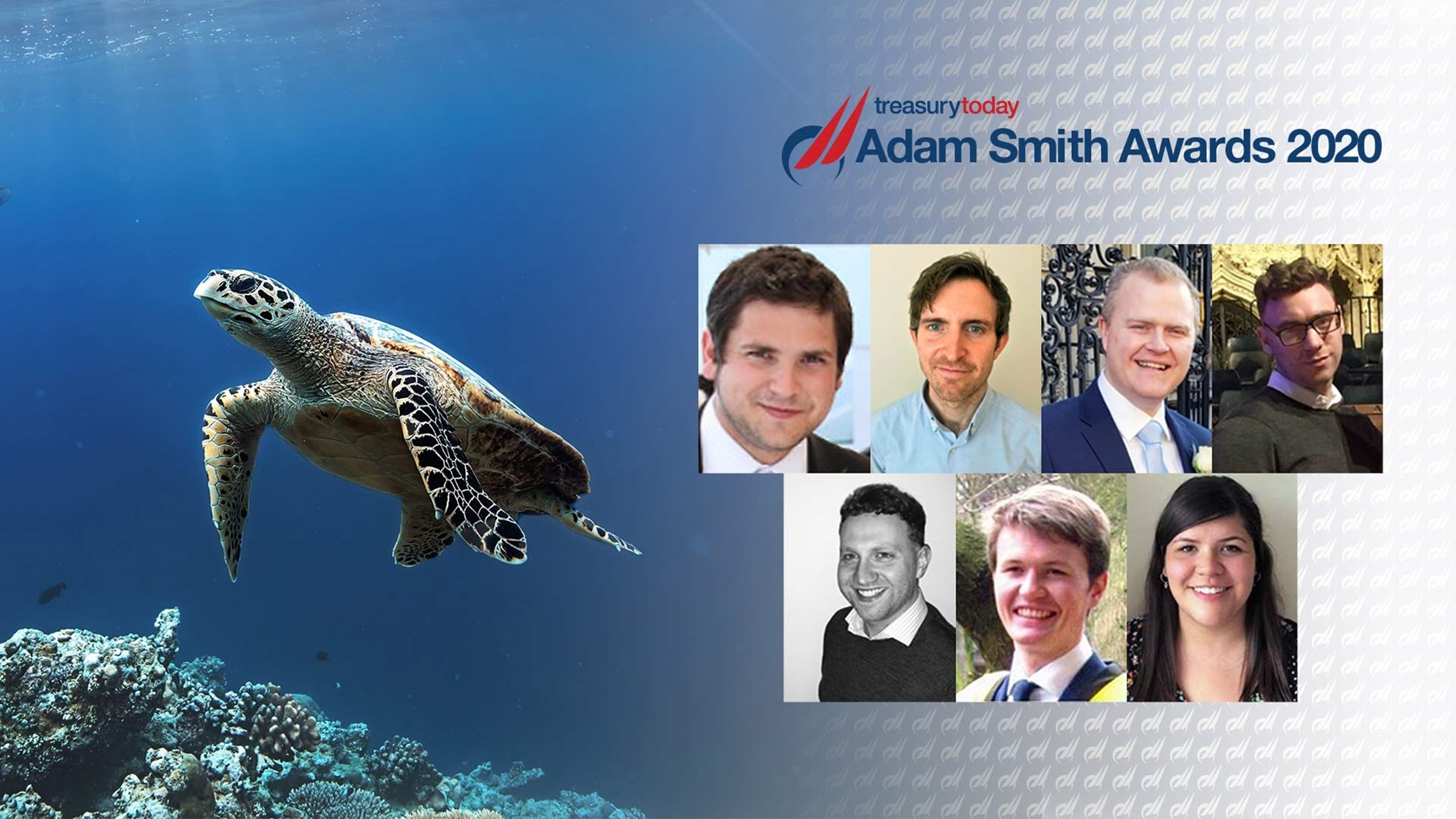
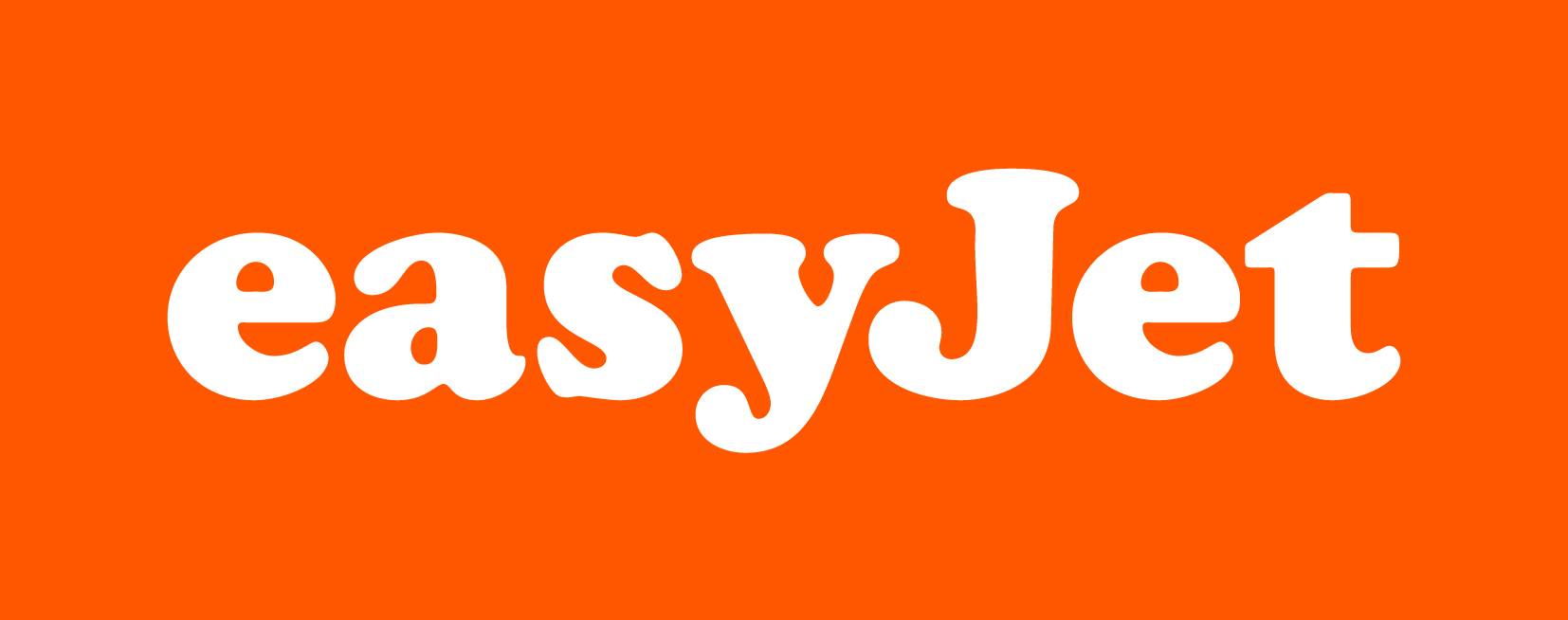
easyJet was looking to move to a multi-currency money market fund (MMF) platform that could integrate with its treasury management system (TMS), fulfil bespoke reporting and automate a number of existing tasks. easyJet required a technology provider who could offer stable, reliable data and daily risk analytics for their investments across multiple currencies and asset managers.
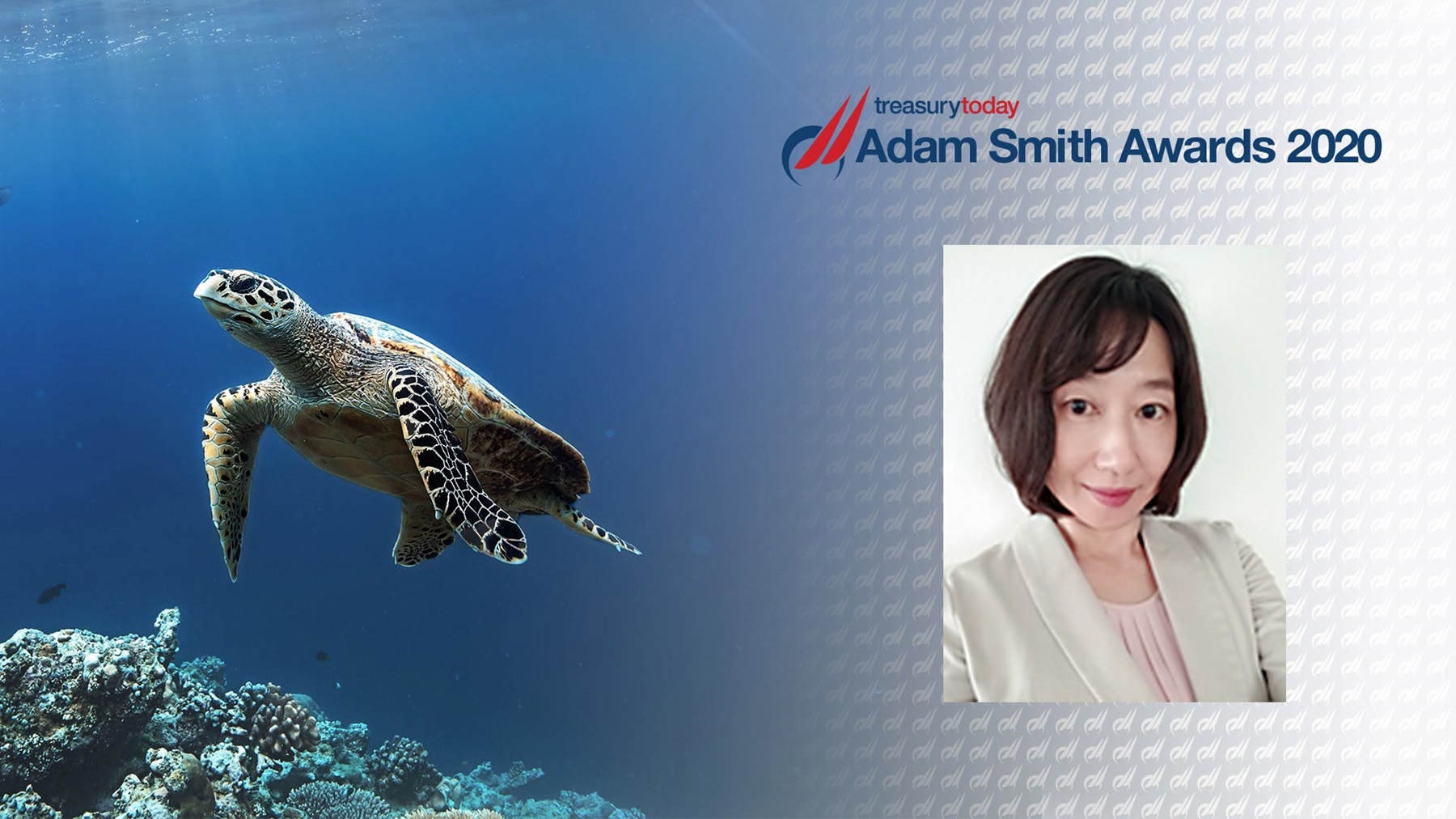
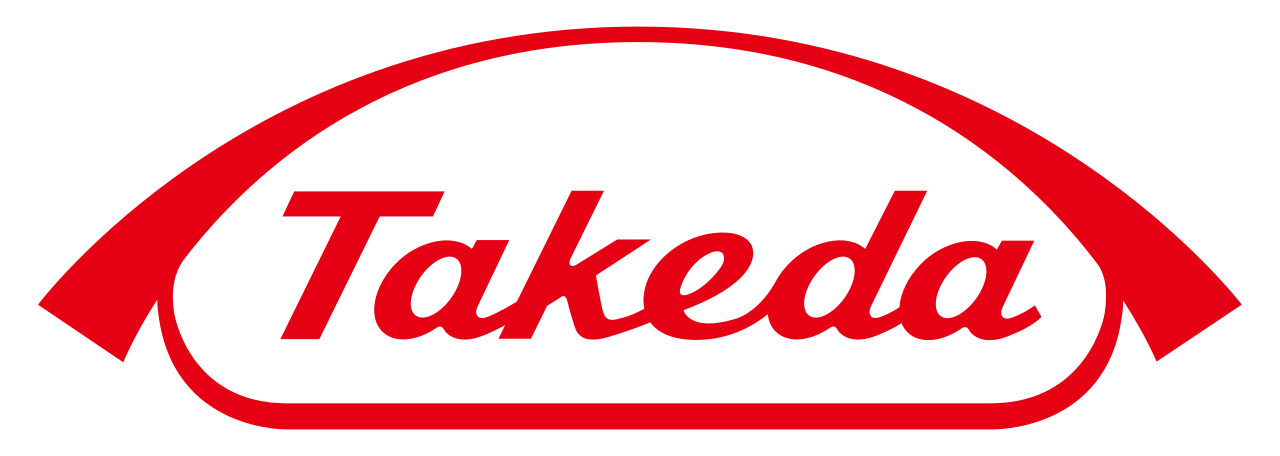
Takeda Pharmaceuticals is like most financially healthy pharma companies in that it holds a large amount of cash on its balance sheet. Given Japanese Yen (JPY) is its functional currency, much of the company’s cash is in JPY.
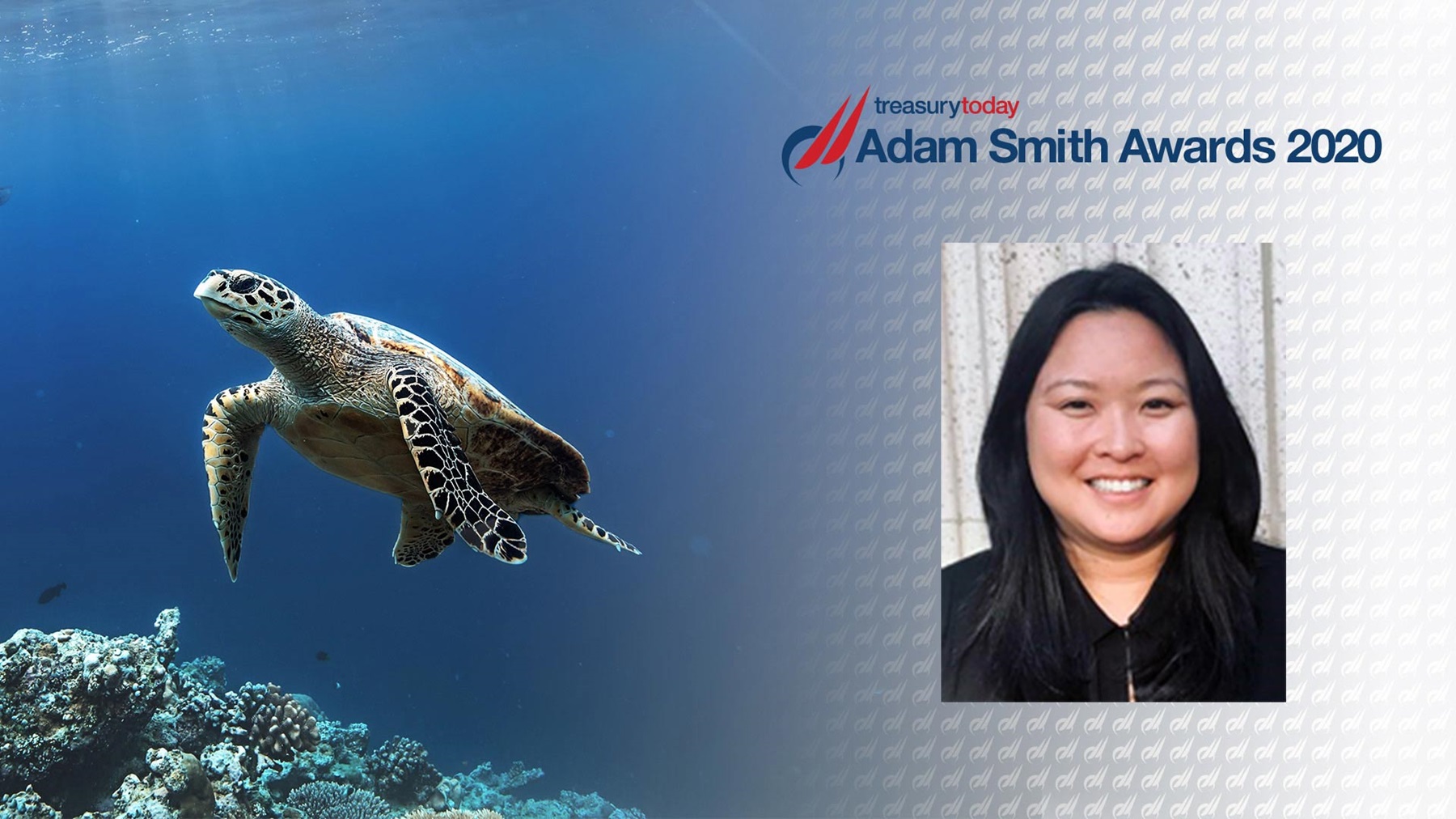
Uber was leading up to a large liquidity event with its initial public offering (IPO), raising US$8bn in cash and preparing for another US$1bn shortly after. As part of the preparation for those events, Uber was standardising its systems.
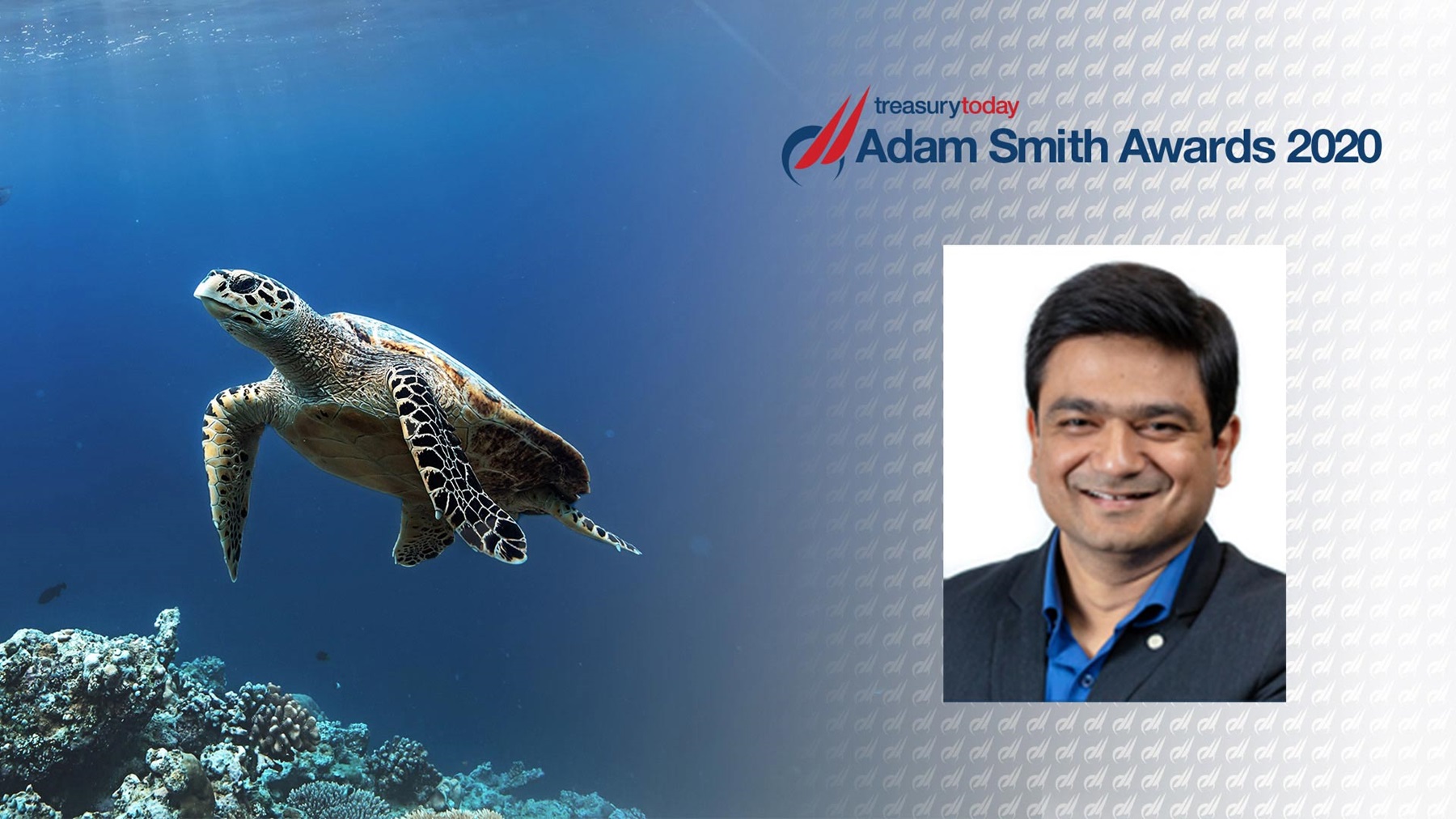
When a customer files for bankruptcy, one of the first questions is whether to keep doing business or end the relationship. Since companies in bankruptcy usually cannot survive without trade support, they often reach out to suppliers to ask for trade terms, or at least a steady supply of goods (after a Chapter 11 reorganisation bankruptcy is filed).
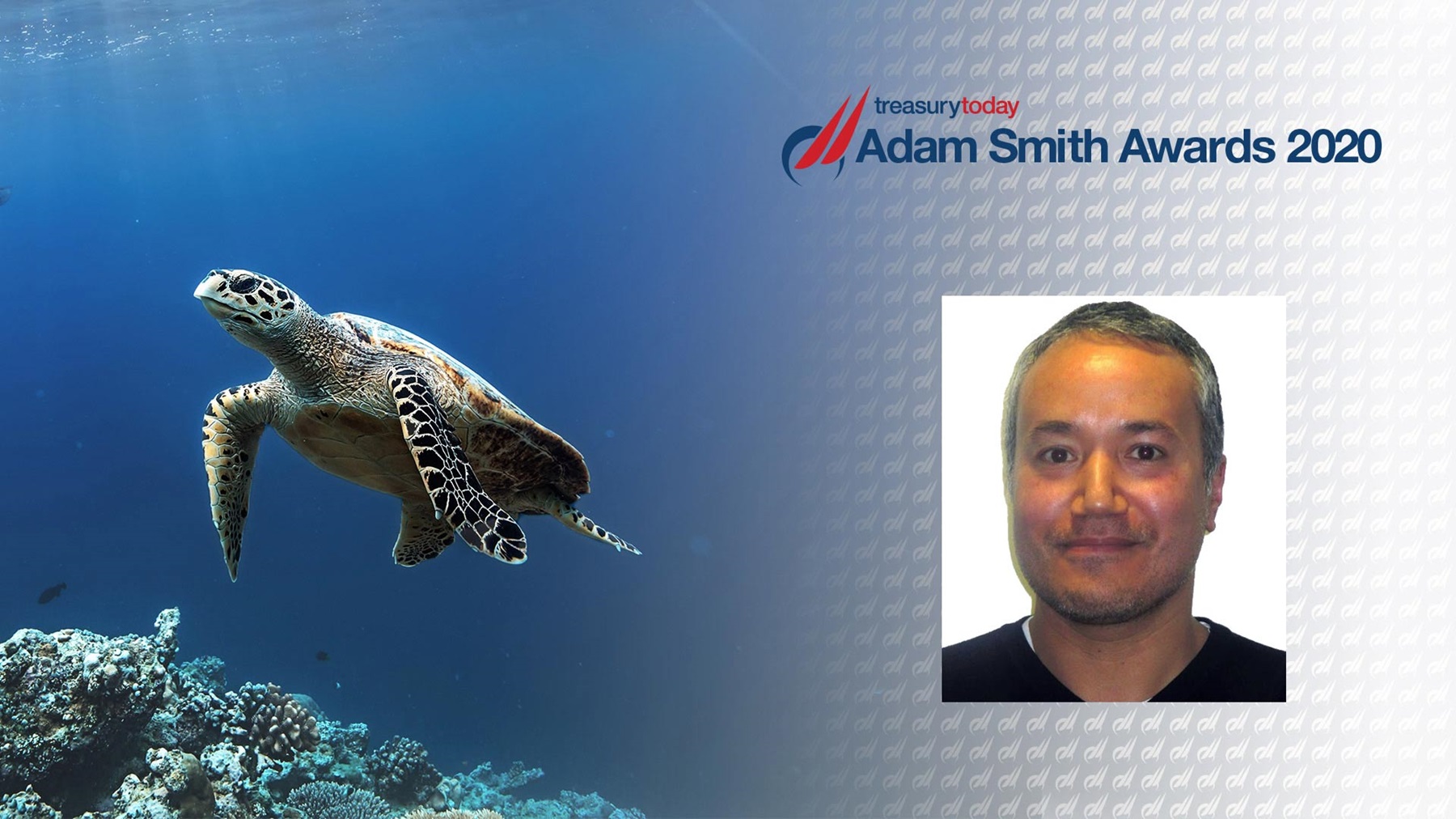

Google developed an internal mobile app, Jetset, for its employees to book business travel. Jetset is integrated with Hotel Reservation Service (HRS) who provide additional hotel content and an Airplus Virtual Card Account (VCA) to hold the hotel reservations. Following their stay, the employees (Googlers) charged their accommodation to their Citi card (Google’s preference in order to maximise user experience and its rebate) or, less ideally, to their personal credit card.


Issuing payments is part of doing business but the process can be cumbersome, particularly when the beneficiaries are young, perhaps unbanked, individuals. This introduces security risks for both payer and payee.
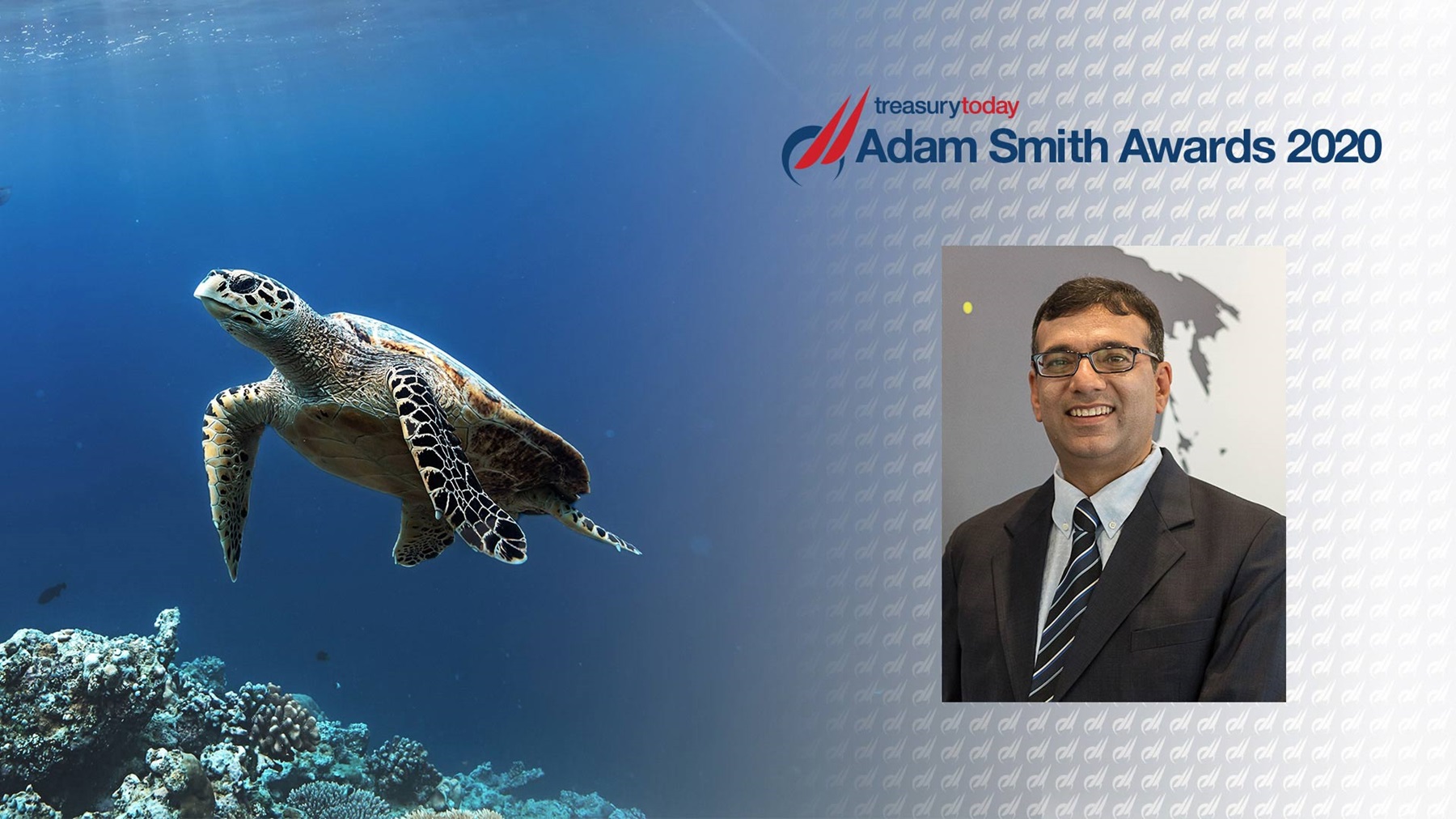
Microsoft’s customers sometimes need access to extended payment terms in order to alleviate budget/cash flow constraints. In developed countries, Microsoft addresses these with programmatic options. However, in developing markets, such as the Middle East, Africa and India, the needs are more acute and the available options are more limited.
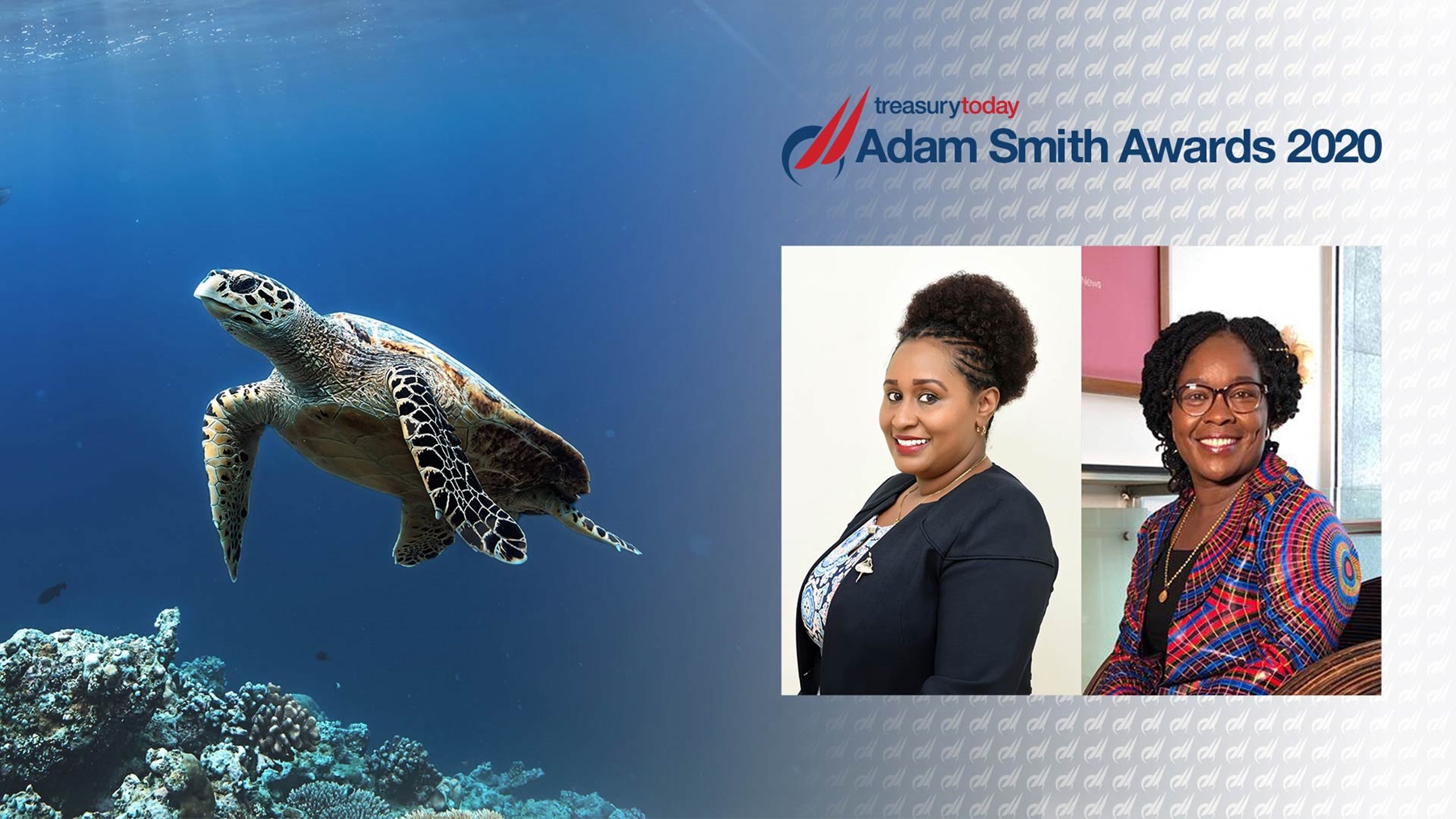
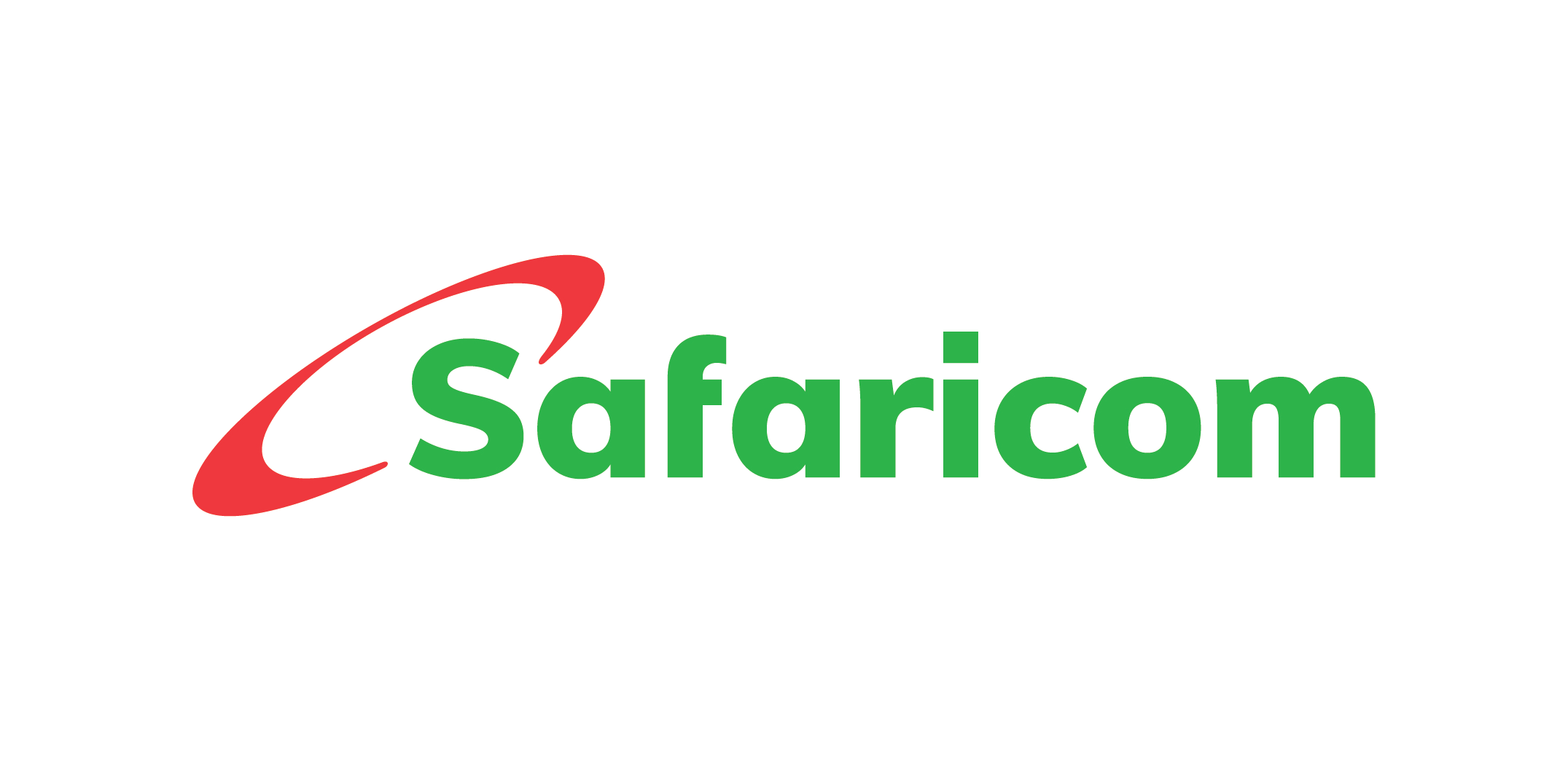
Following the launch of the UN’s Sustainable Development Goals (SDGs) in 2015, Safaricom decided to integrate sustainability deep into its business decisions by adopting nine out of the 17 SDGs. After critically analysing the procurement process and the number of business opportunities available to women, Safaricom’s procurement team realised that women-owned businesses were not well represented.
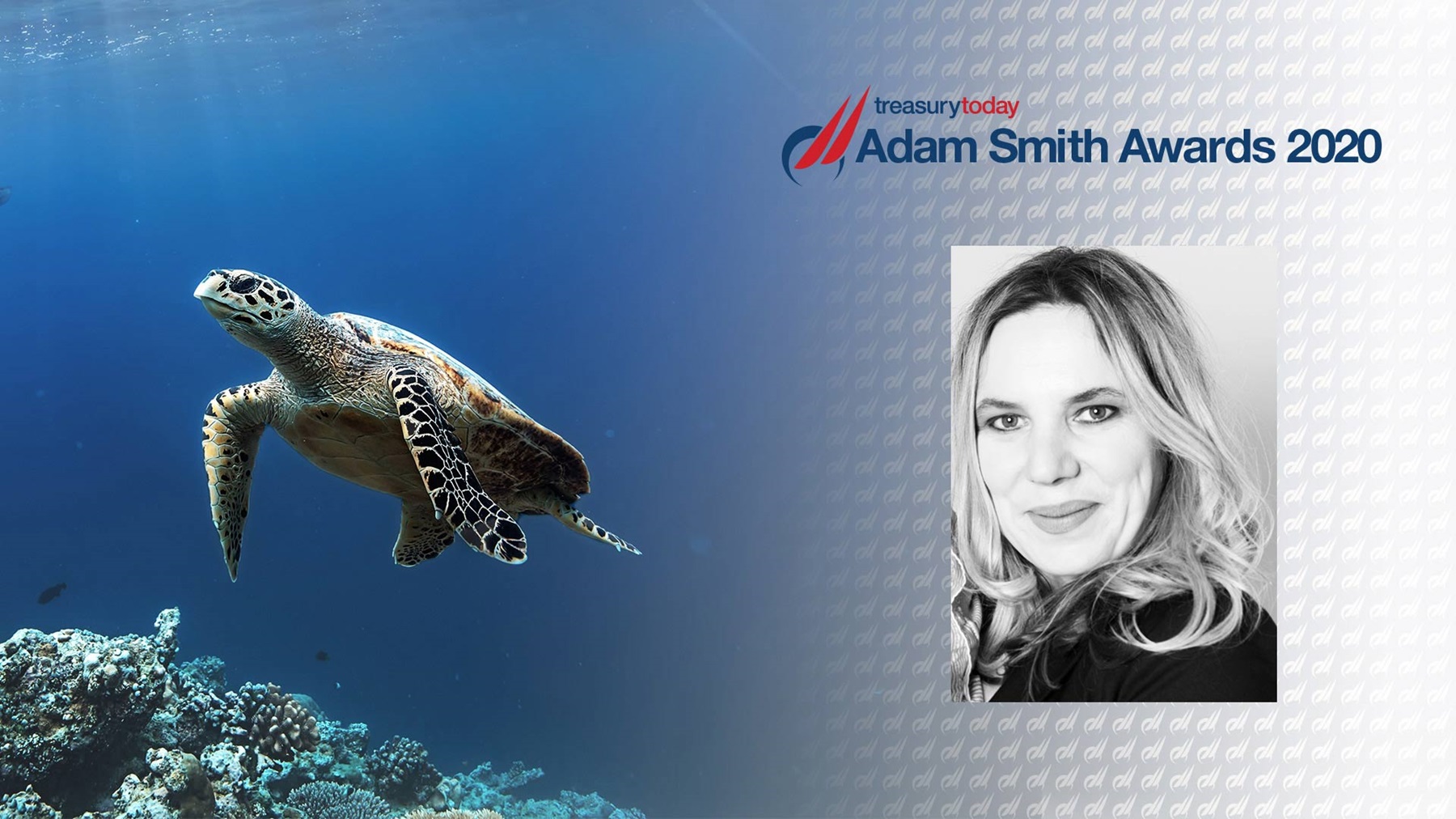

The company’s previous facility of £900m served two key purposes. Firstly it provided backstop liquidity, and secondly it provided potential funding for future M&A. This facility was put in place prior to the acquisition of Standard Life Assurance Limited (SLAL) in 2018. It was necessary to refinance this existing facility into a larger facility, given the increase in size and scale of the company had more than tripled.
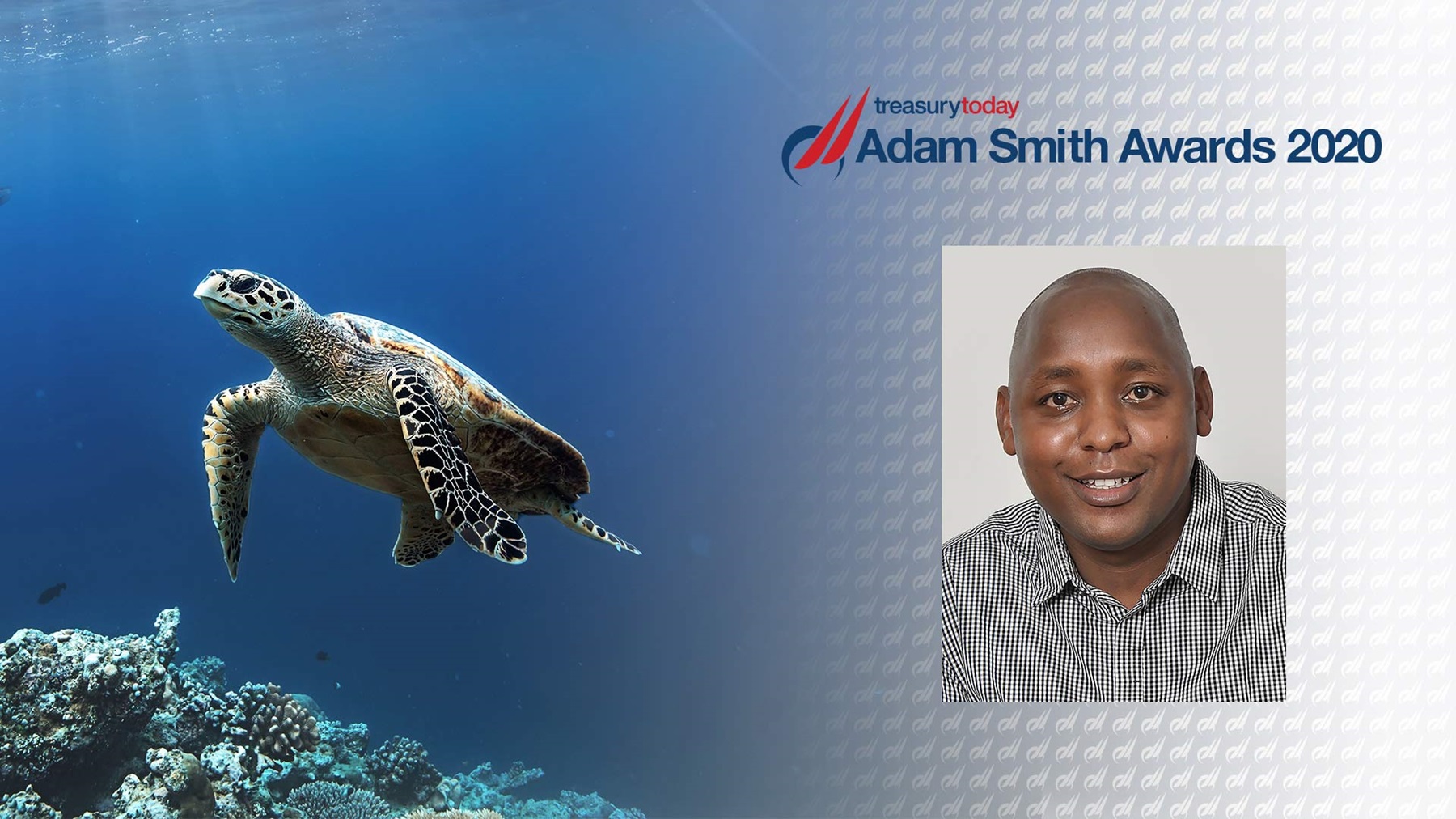

The 2020 Off-Grid Solar (OGS) Market Trends Report suggests more than 840 million people live without electricity and over one billion are connected to an unreliable grid. According to the IEA Africa Outlook Report (2019), in sub-Saharan Africa alone, more than 600 million currently live without electricity and spend over US$17bn a year on inefficient and often unsafe energy. Today, the OGS industry is recognised as a critical component in the fight to eliminate energy poverty.
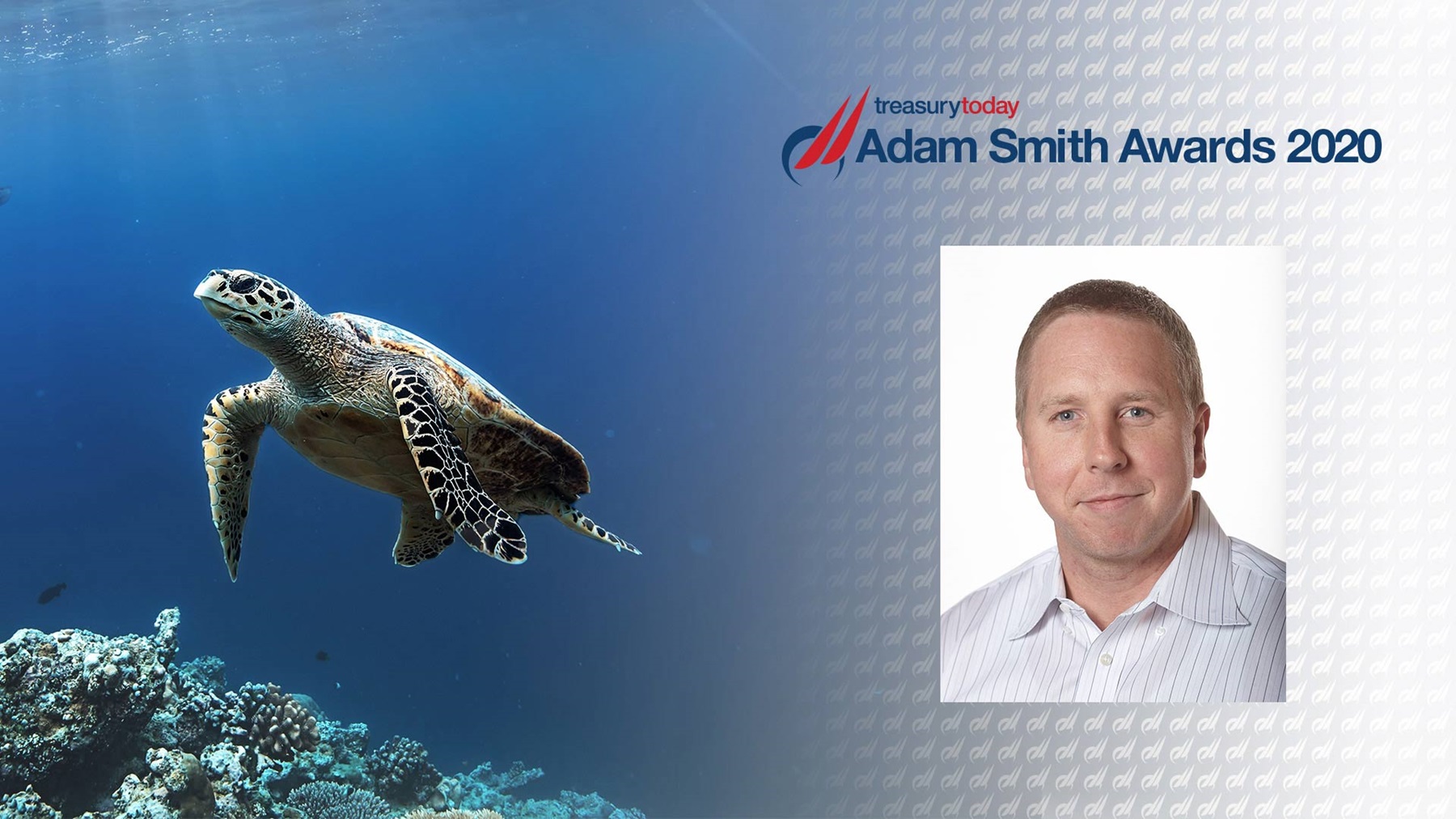

As the coronavirus pandemic increased demand for food delivery, drivers required immediate payment. With millions in the US in lockdown, food delivery services like Grubhub are filling the void in restaurant habits, as well as helping to support local food and beverage businesses at a critical time. For the drivers who deliver for Grubhub, this means increased business and an opportunity to earn more money. But it isn’t always simple getting earnings paid into the bank accounts of gig-economy workers in an expedient manner.
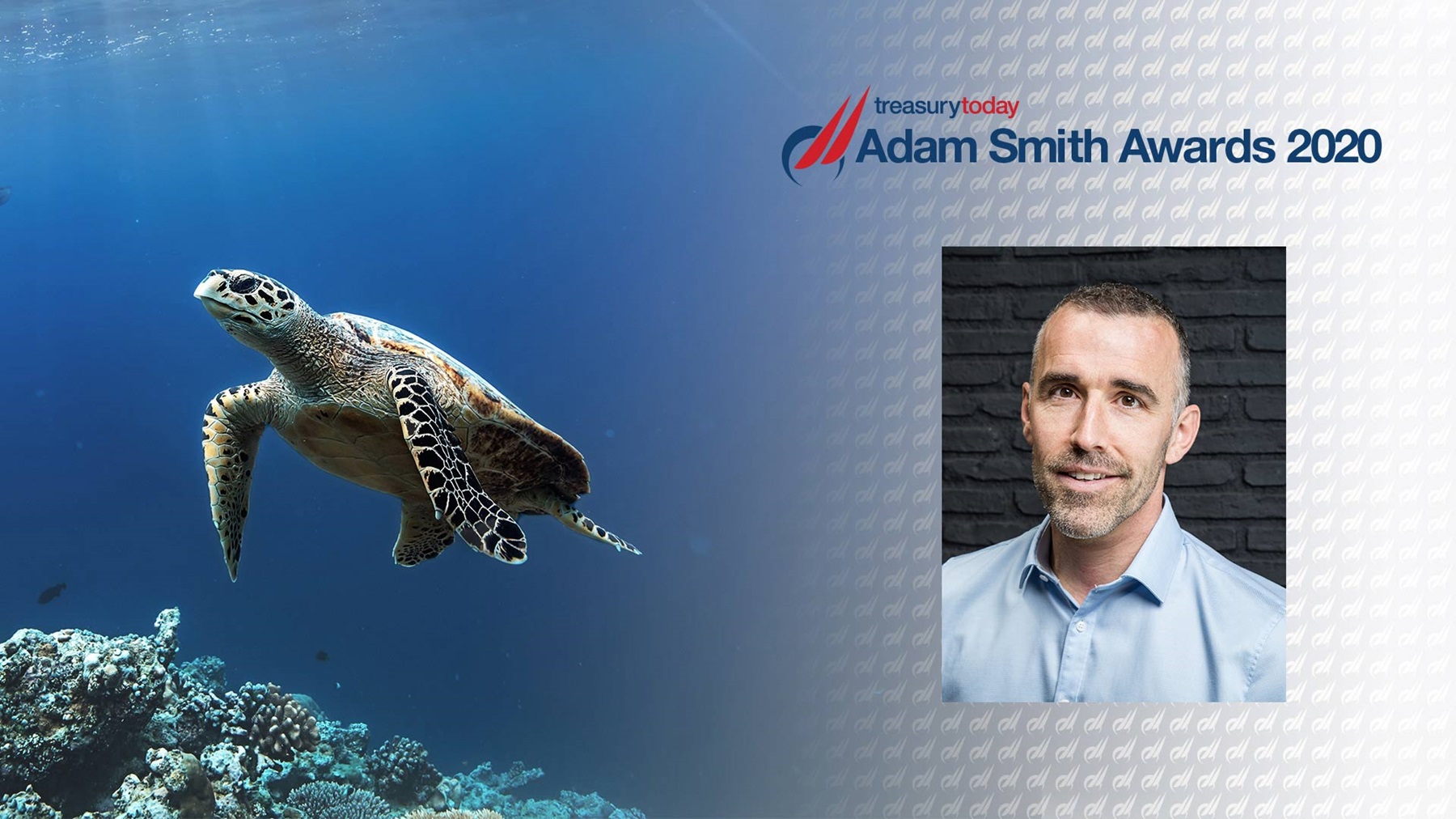

Takeda Pharmaceuticals was facing some complex FX risk management challenges. The company hadn’t kept pace with cutting edge treasury infrastructure – and consequently, most of Takeda’s treasury efforts were spent on time-intensive activities that had a high chance of manual error and lack of risk transparency. As a result, following the 2019 acquisition of Shire, Takeda’s treasury team was not prepared for the size and complexity of the resulting treasury-related tasks.
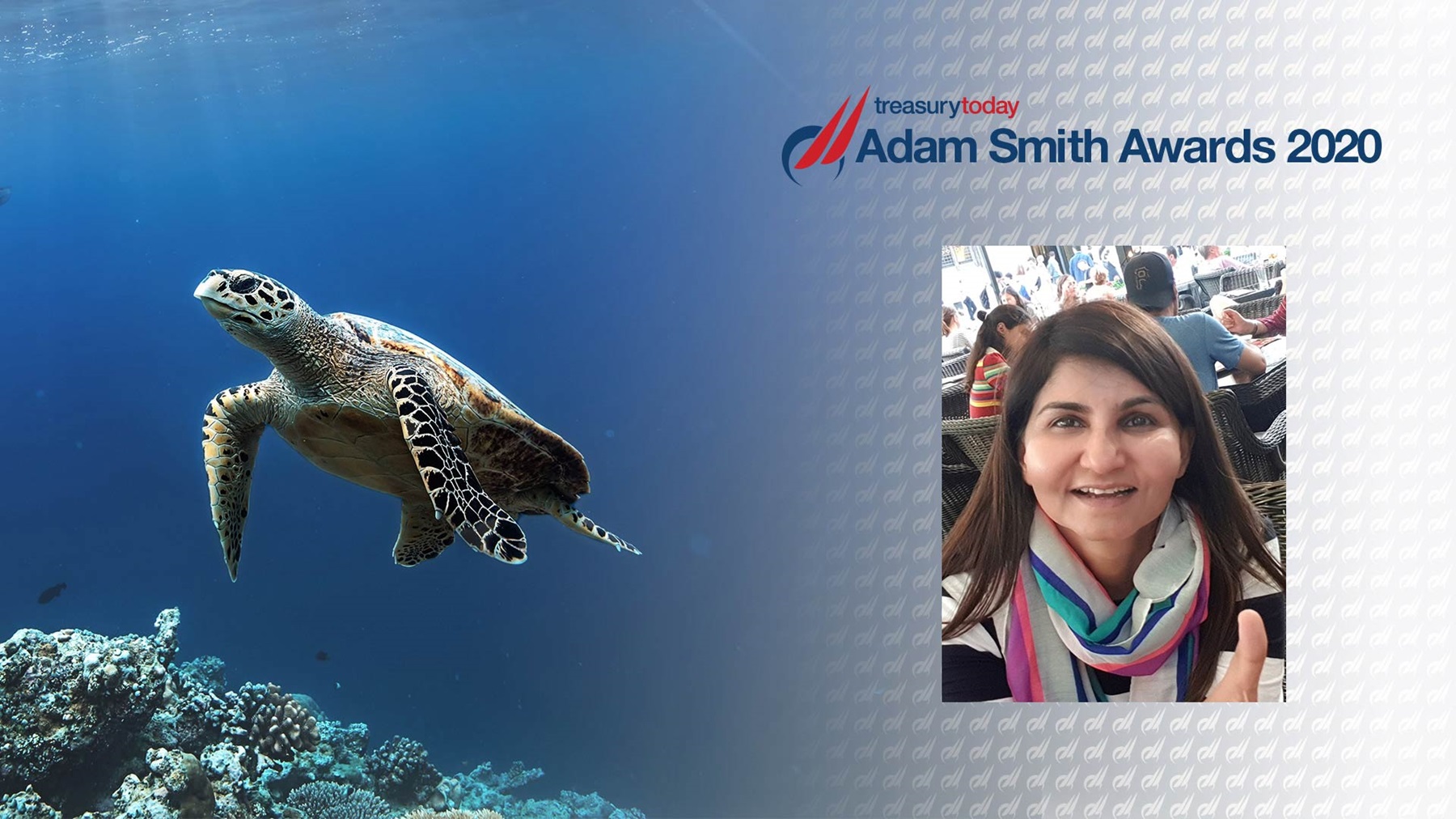
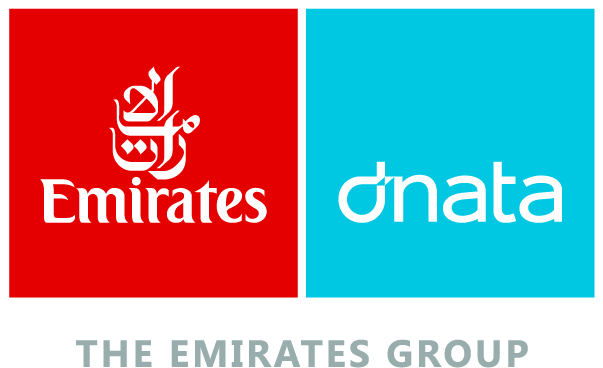
FX risk is a key component of negotiations between hotels and travel agents. In 2018, dnata set out to centralise functions for its travel business by creating Yalago to act as a bedbank – in other words, a company that negotiates special rates with hoteliers.
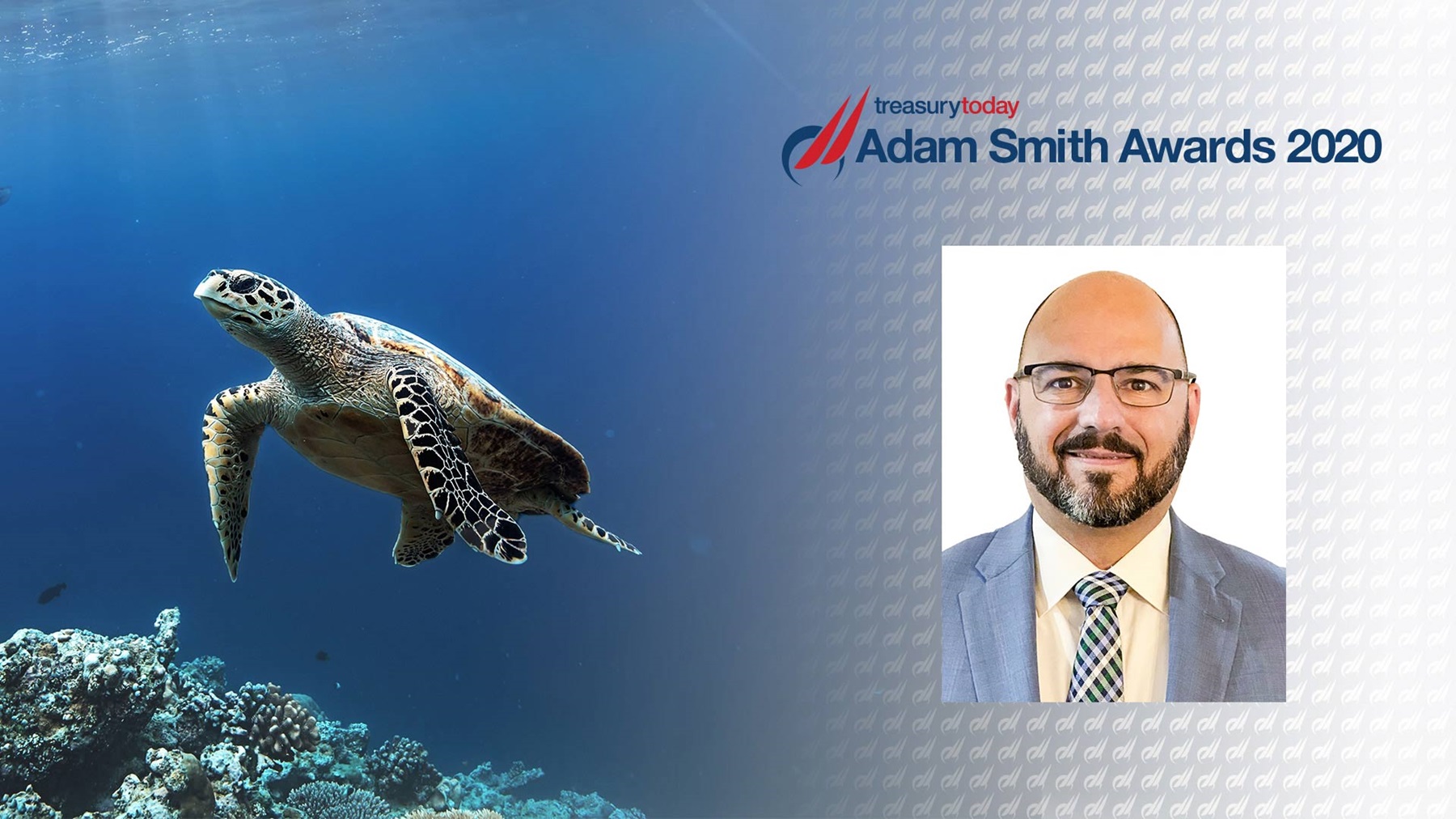

Blackstone’s treasury team is responsible for making approximately 317,000 wire transactions per year, encompassing more than 5,000 bank accounts. Over the past decade, Blackstone treasury’s strategic philosophy has been aimed at problem solving through innovation.
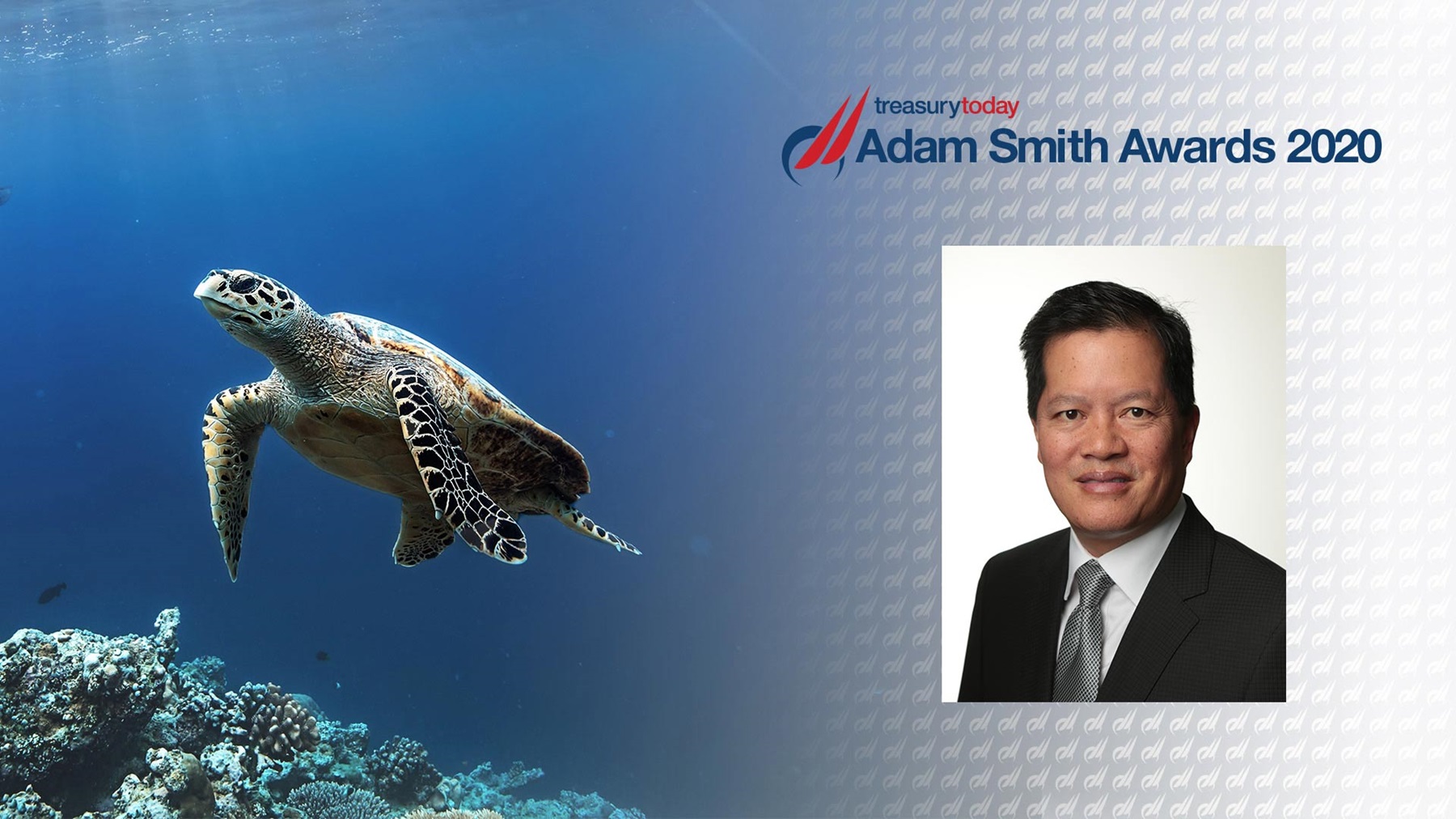
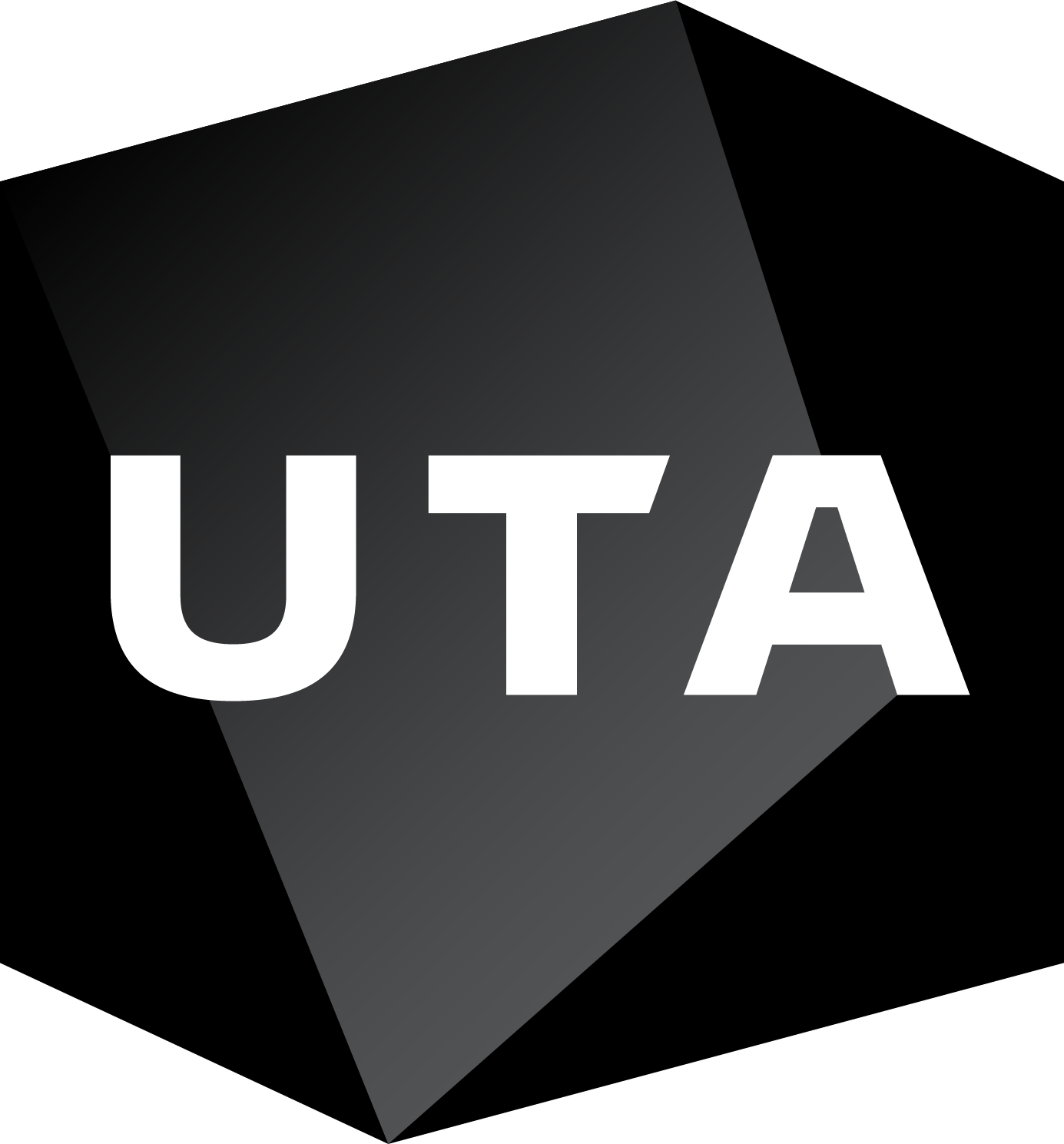
When it comes to issuing and tracking client payments, the entertainment industry has long struggled with a fragmented and antiquated process. The current state is highly paper-based and disjointed due to the use of multiple systems and manual handoffs that are not integrated. This results in inefficiencies and challenges for clients when reconciling the payments they receive with back up details, such as statements and paystubs.


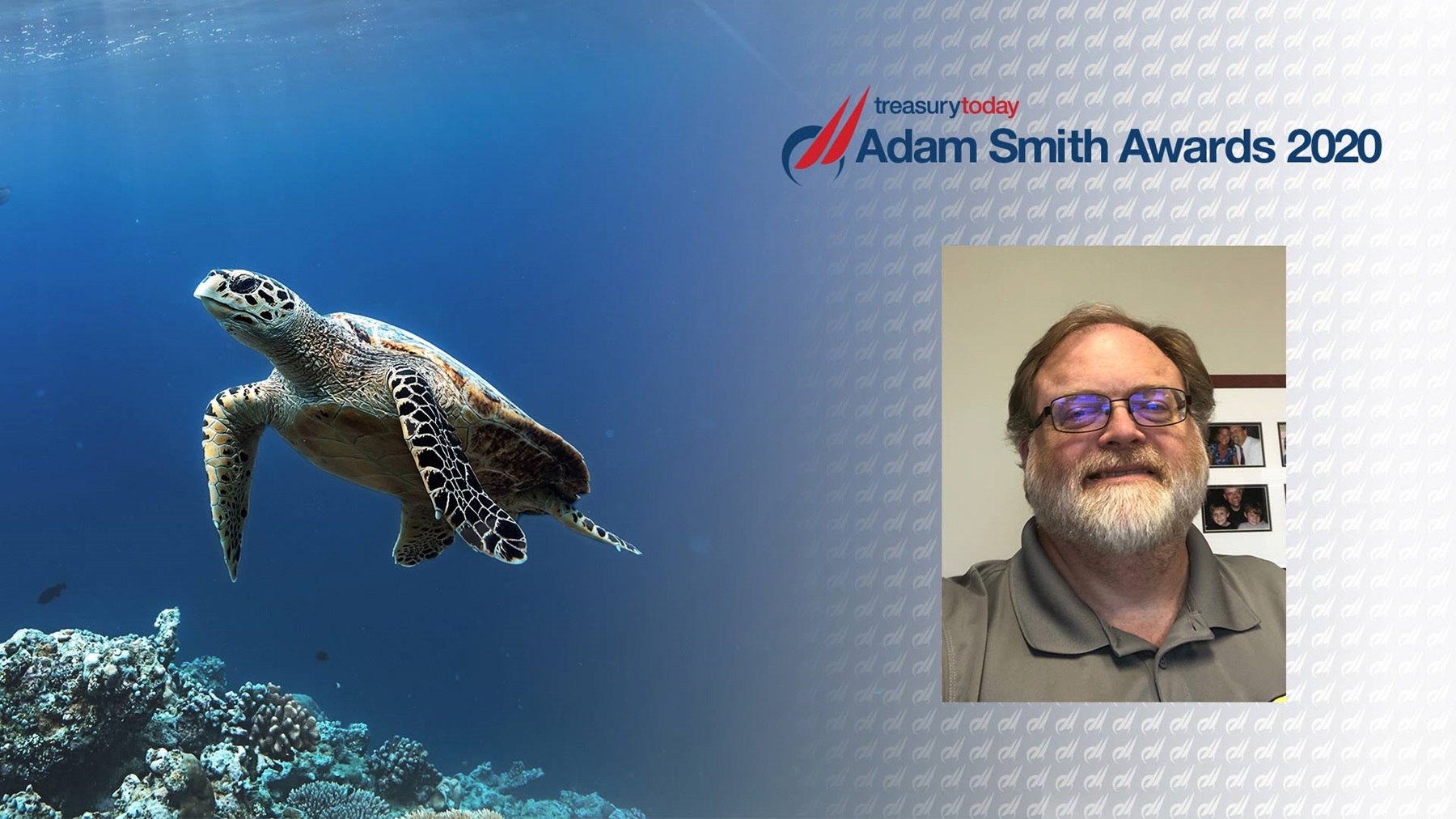

After scanning the market, LINE-X decided to participate in a pilot developed between J.P. Morgan and FISPAN, a services management platform that allows banks to deploy new business banking products rapidly.
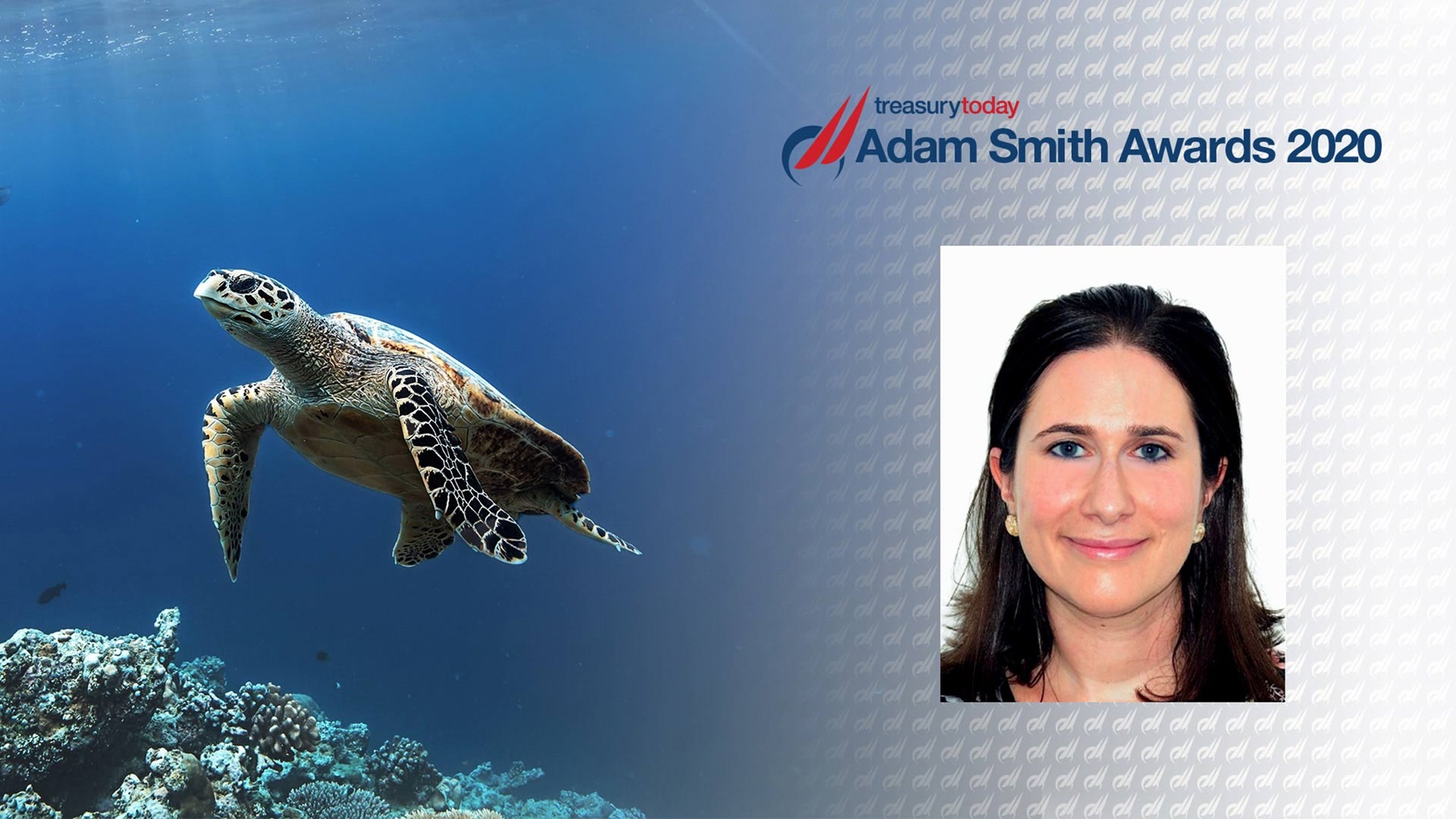
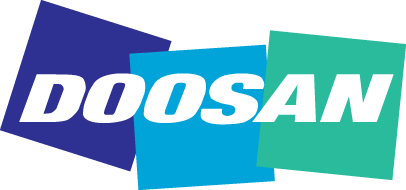
The company’s energy and refinery plant servicing projects range significantly in project value. The challenge faced with these projects is that they create a significant working capital gap. For example, in order for Doosan Babcock to service a refinery, the refinery must shut down, making time of the essence to keep the refinery’s non-operational period to a minimum. Therefore the tight time frames require significant resources to be available and mobilised – these include materials, equipment and personnel.
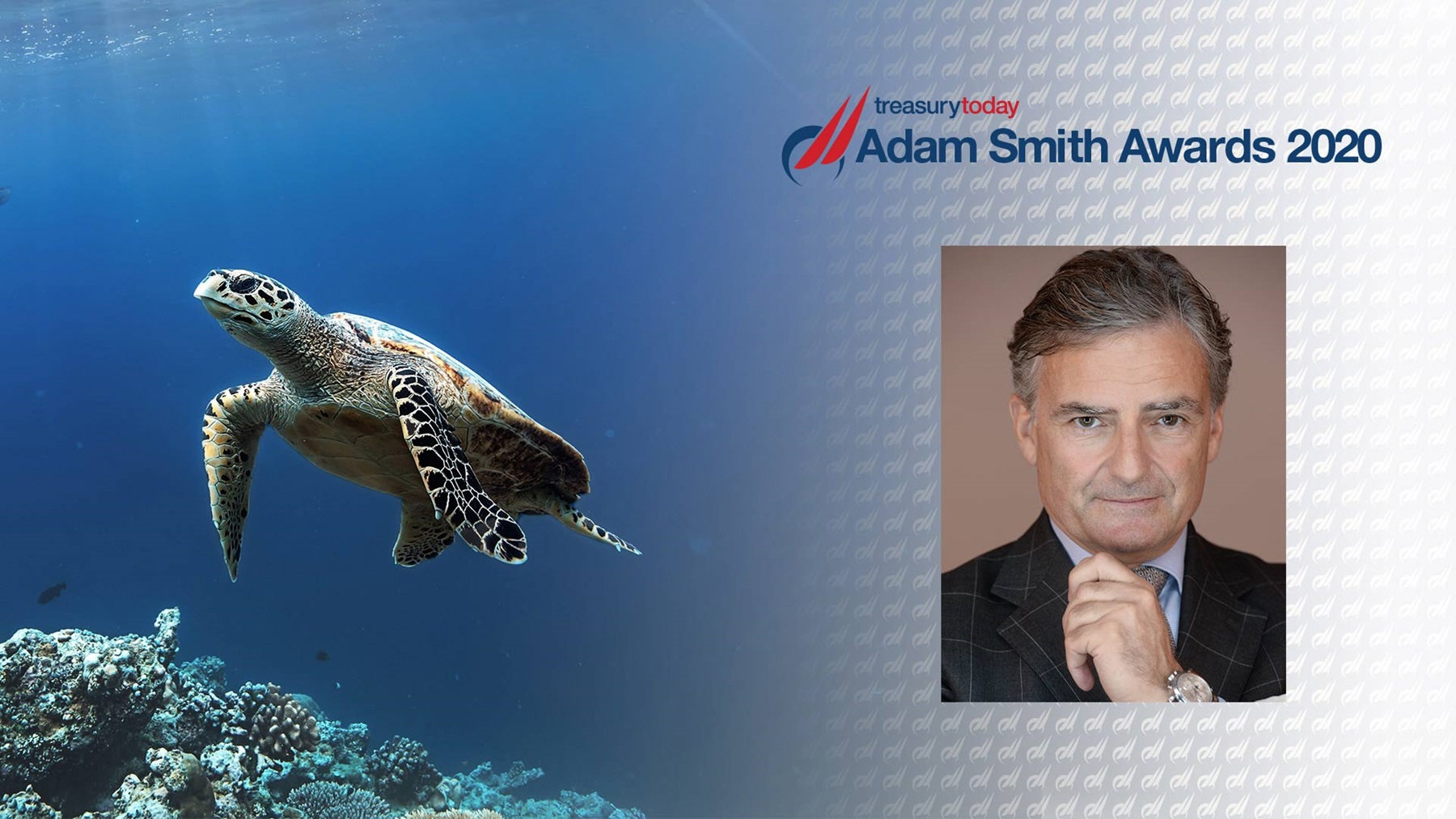

As a strategic Regional Financial Centre (RFC) for the Middle East, one of Siemens Capital Middle East’s (SCME) core objectives remains furthering the vision of Siemens Global Treasury to act as a centre of expertise for treasury governance and compliance, payment transactions, managing cash and financial risk, use of in-house treasury tools and streamlining group funding, liquidity and interest management.
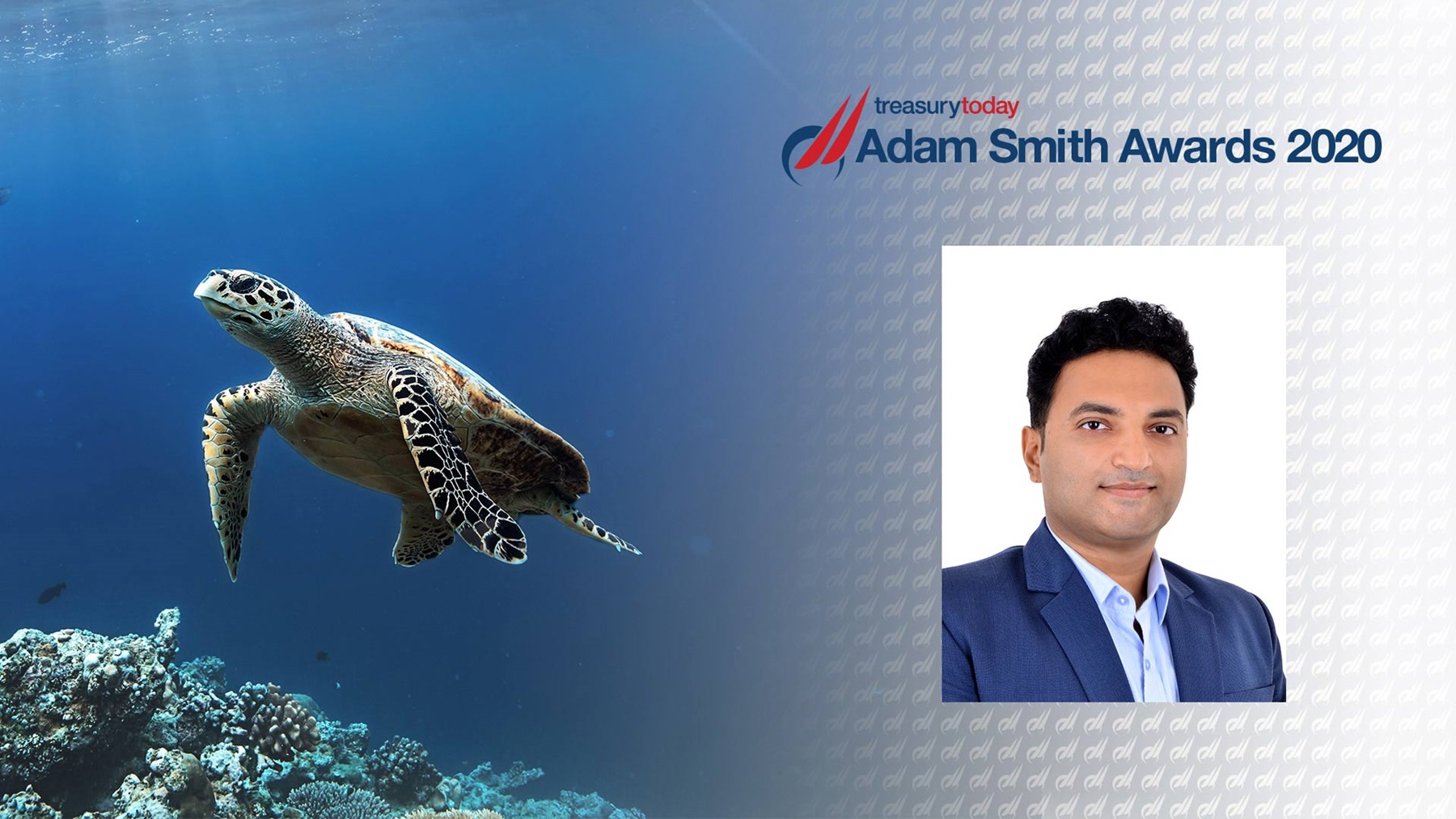

Aramex had its treasury management operations spread across multiple legal entities with different ownership structures across 65+ countries. Global treasury staff used multiple online banking systems to access information and manage 600+ accounts across the countries in which they operated, which was extremely time-consuming and inefficient.
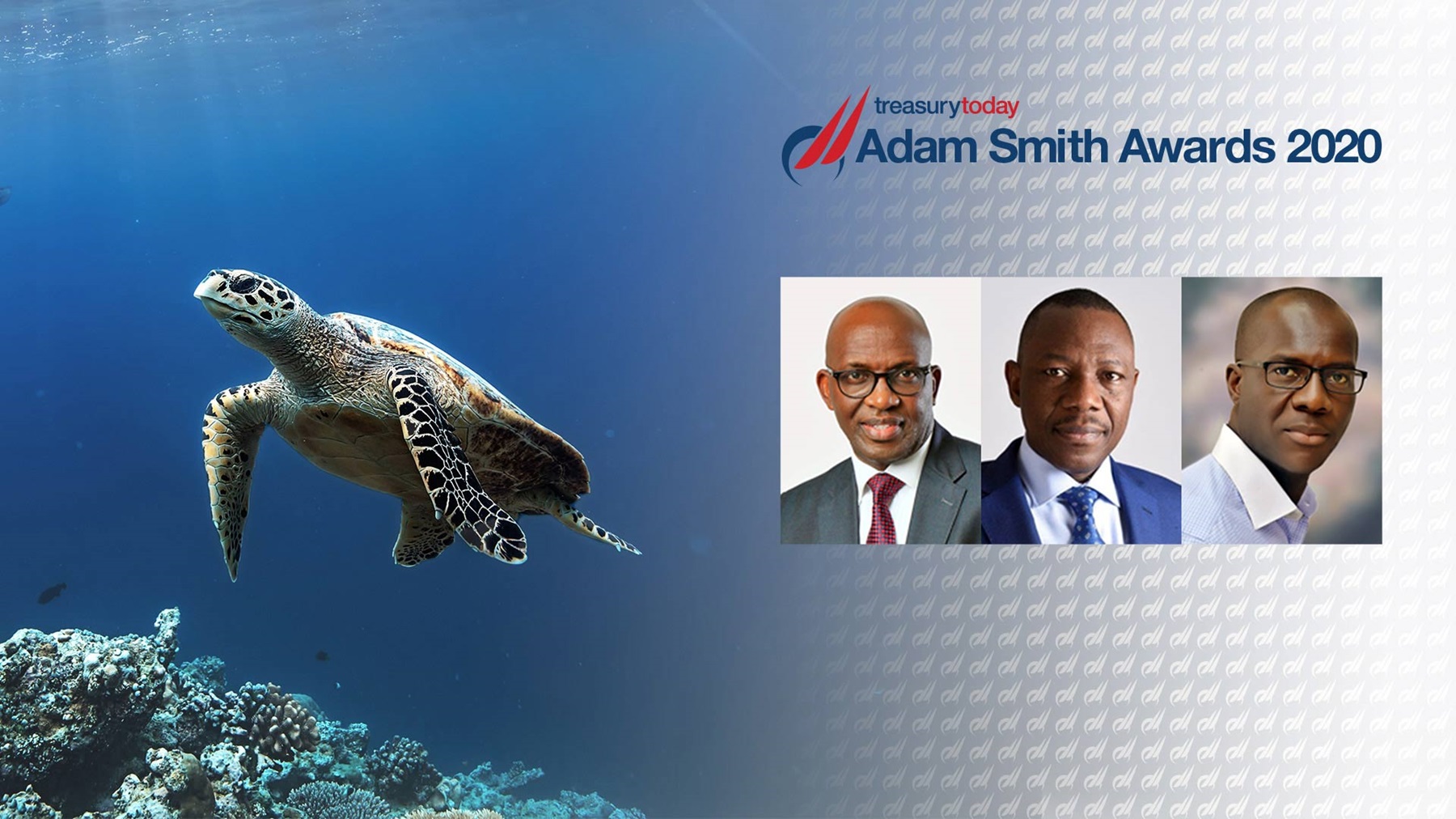

Nigeria is the world’s fifth largest producer of liquefied natural gas (LNG) globally, and Nigeria LNG Limited (NLNG) plays a vital role in the industrial and economic development of the West Africa region. The company’s strategic aim is to increase production capacity by one third through a US$12bn expansion plan. The company’s treasury plays a significant role in achieving this goal by ensuring cash is secure, optimising the use of liquidity, reducing operating costs and enhancing yield.
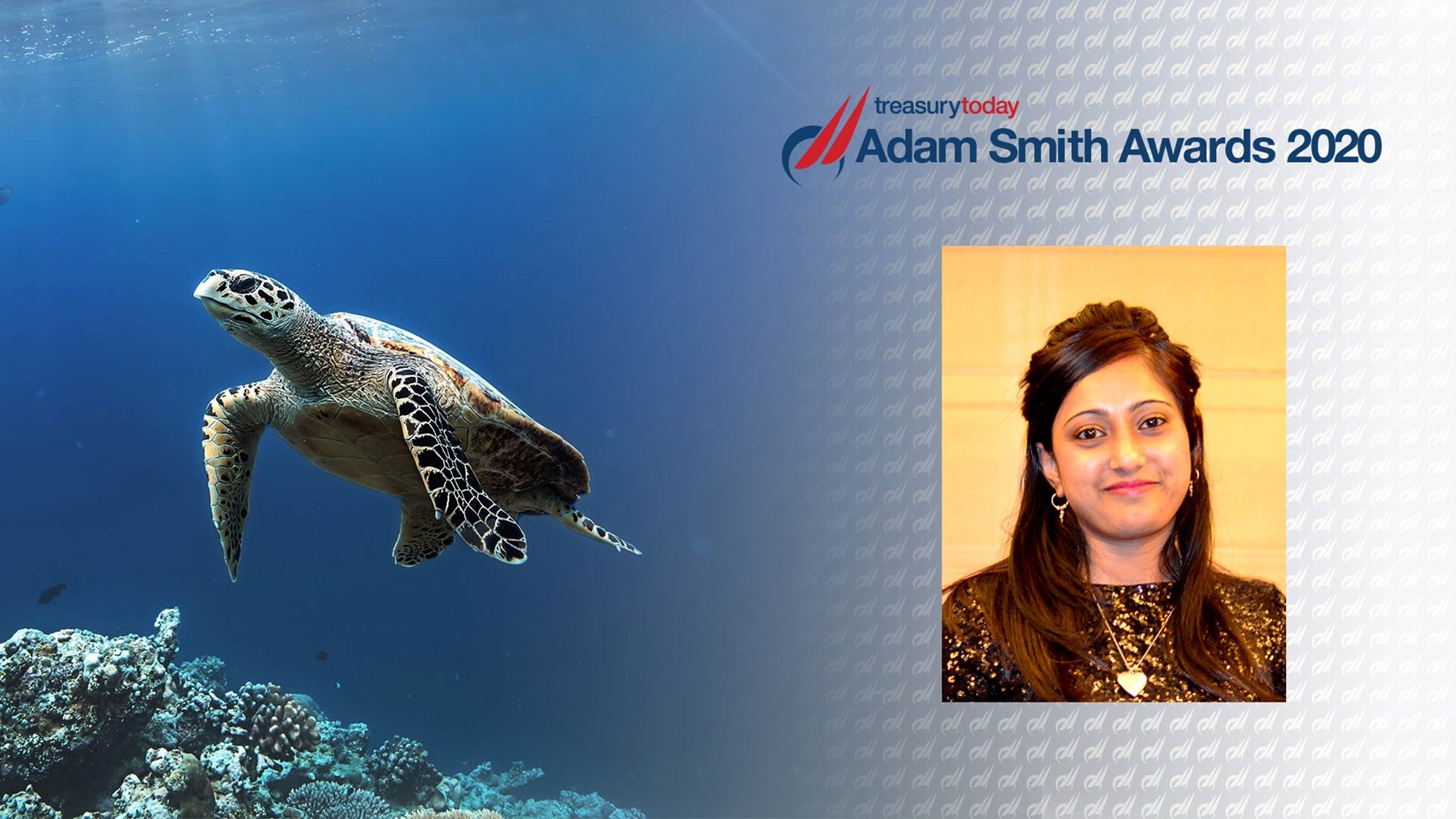
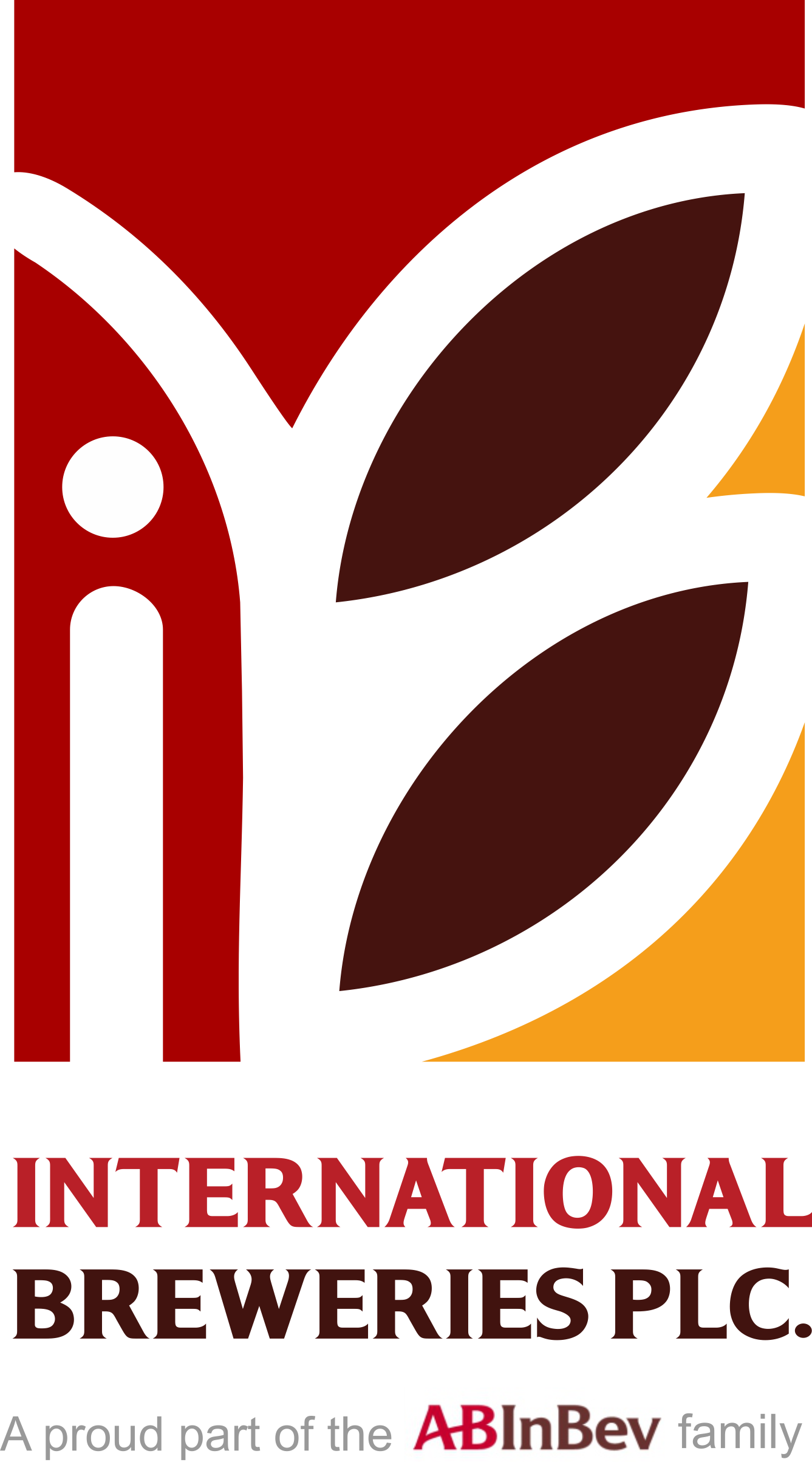
International Breweries plc’s (IBP) rights issue of up to N165bn (~US$450m) which opened in December 2019 provided a unique opportunity for investors to invest alongside IBP’s majority shareholder – AB InBev, the world’s largest brewer.
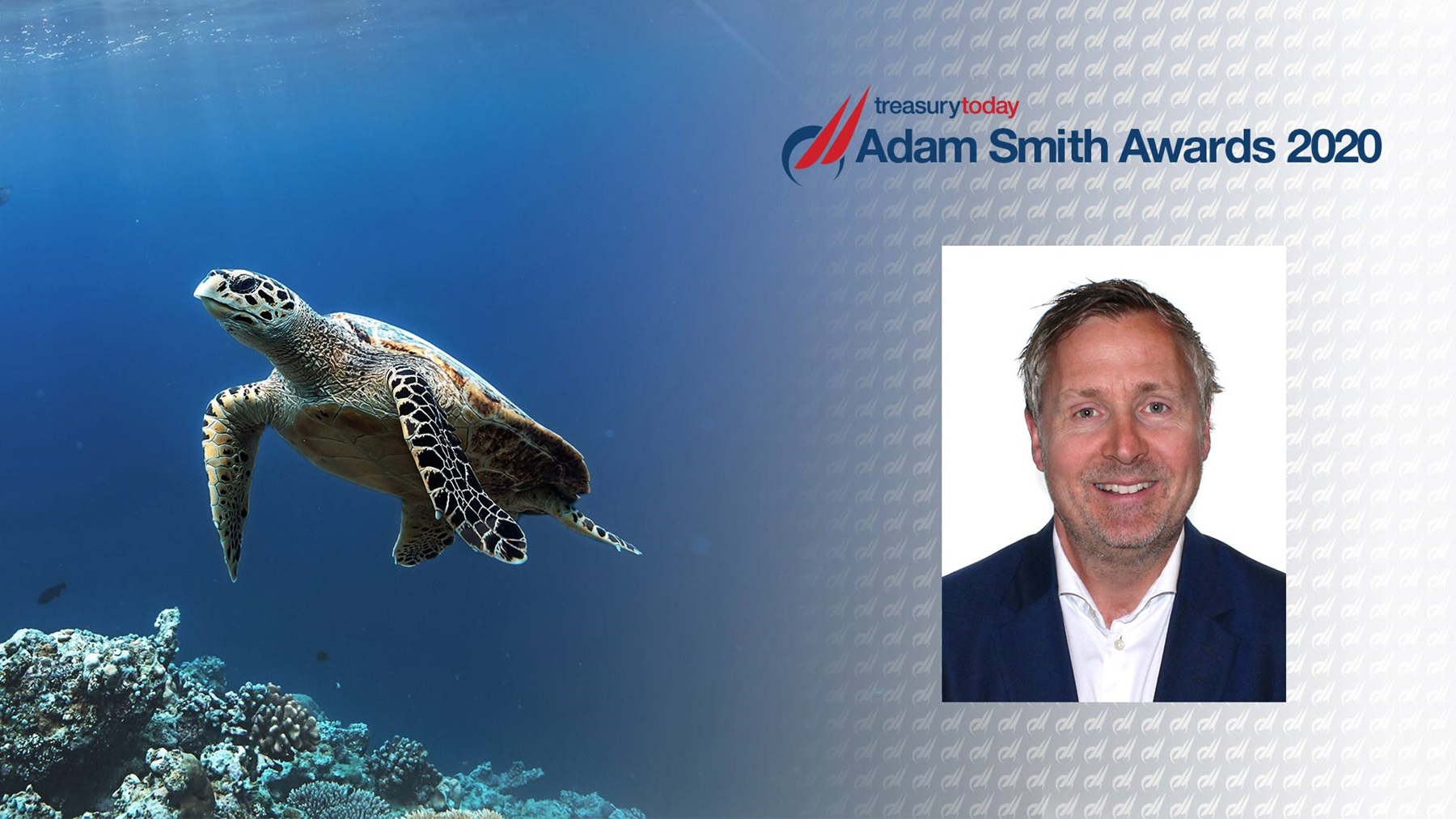
The Brazilian tax environment is challenging. Brazil has the highest corporate tax burden in the world and one of the most complex tax systems, according to the World Bank report, Doing Business.
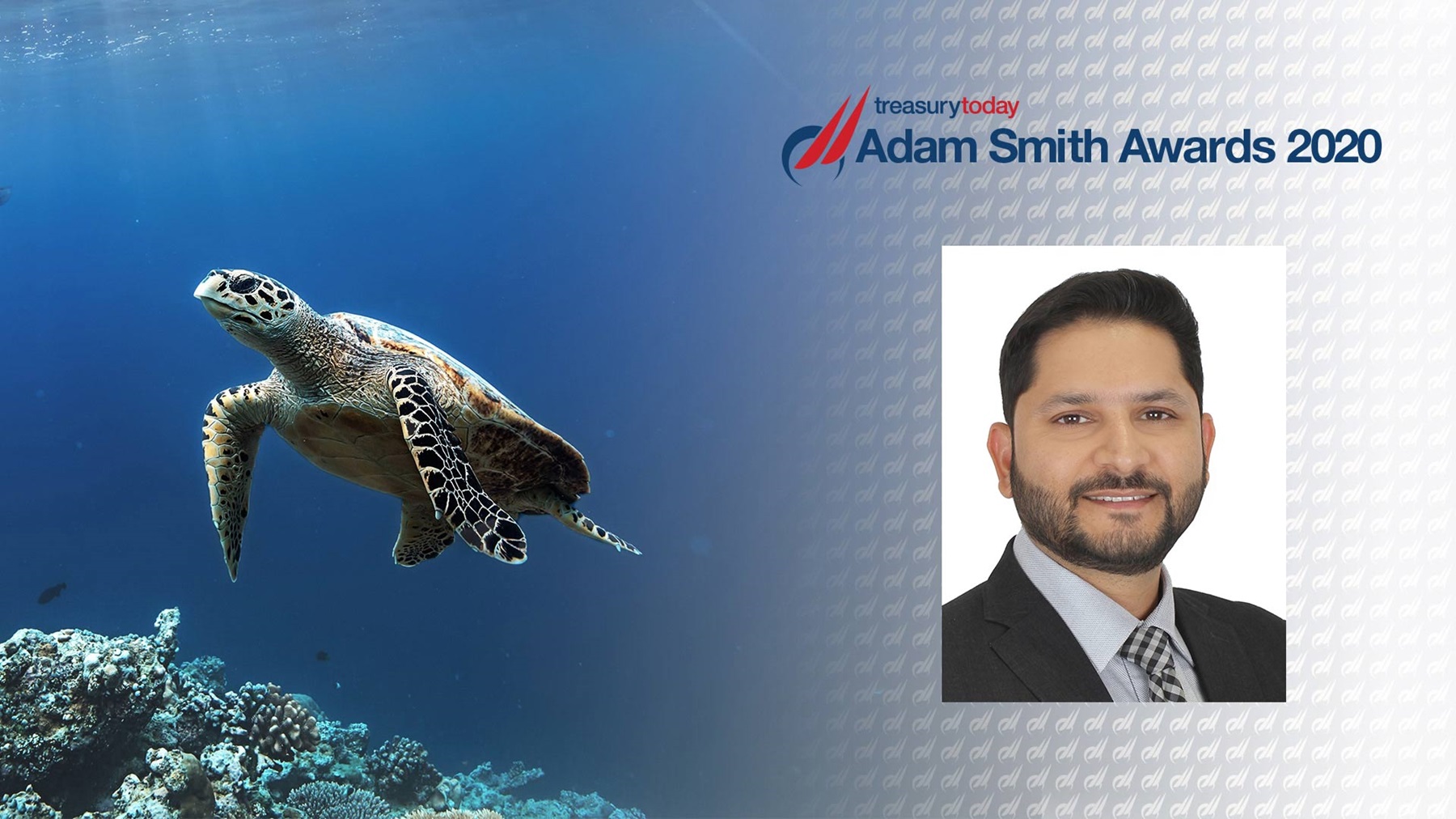
The GE Treasury Cash & Banking Operations team for the Middle East, Turkey and Africa (META) was looking to improve cash management and forecasting in the region aligned to the company’s strategic priorities. The META region comes with its own set of evolving regulatory and product-related challenges which need to be navigated, while ensuring efficiency and regulatory compliance for each country.
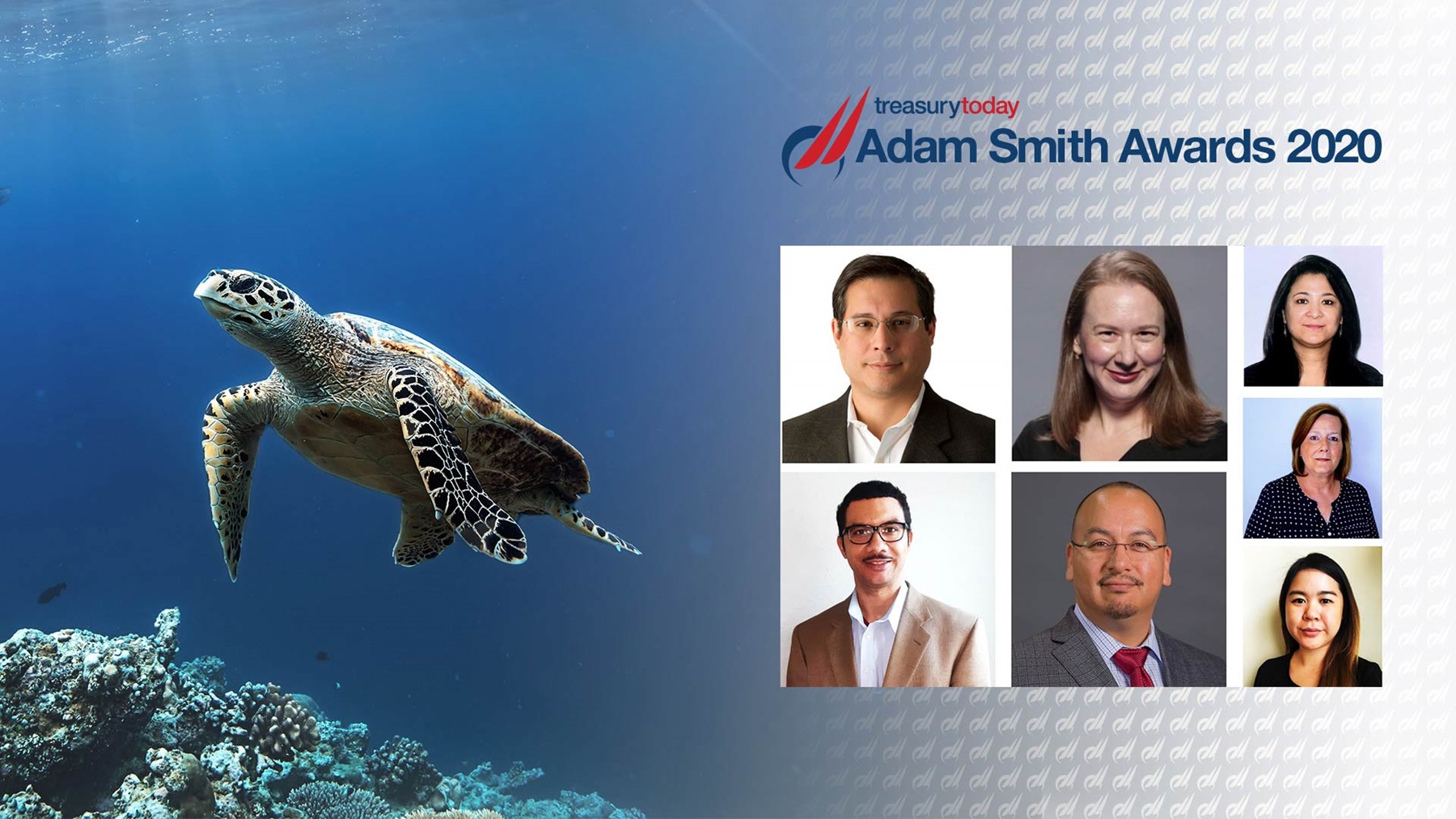
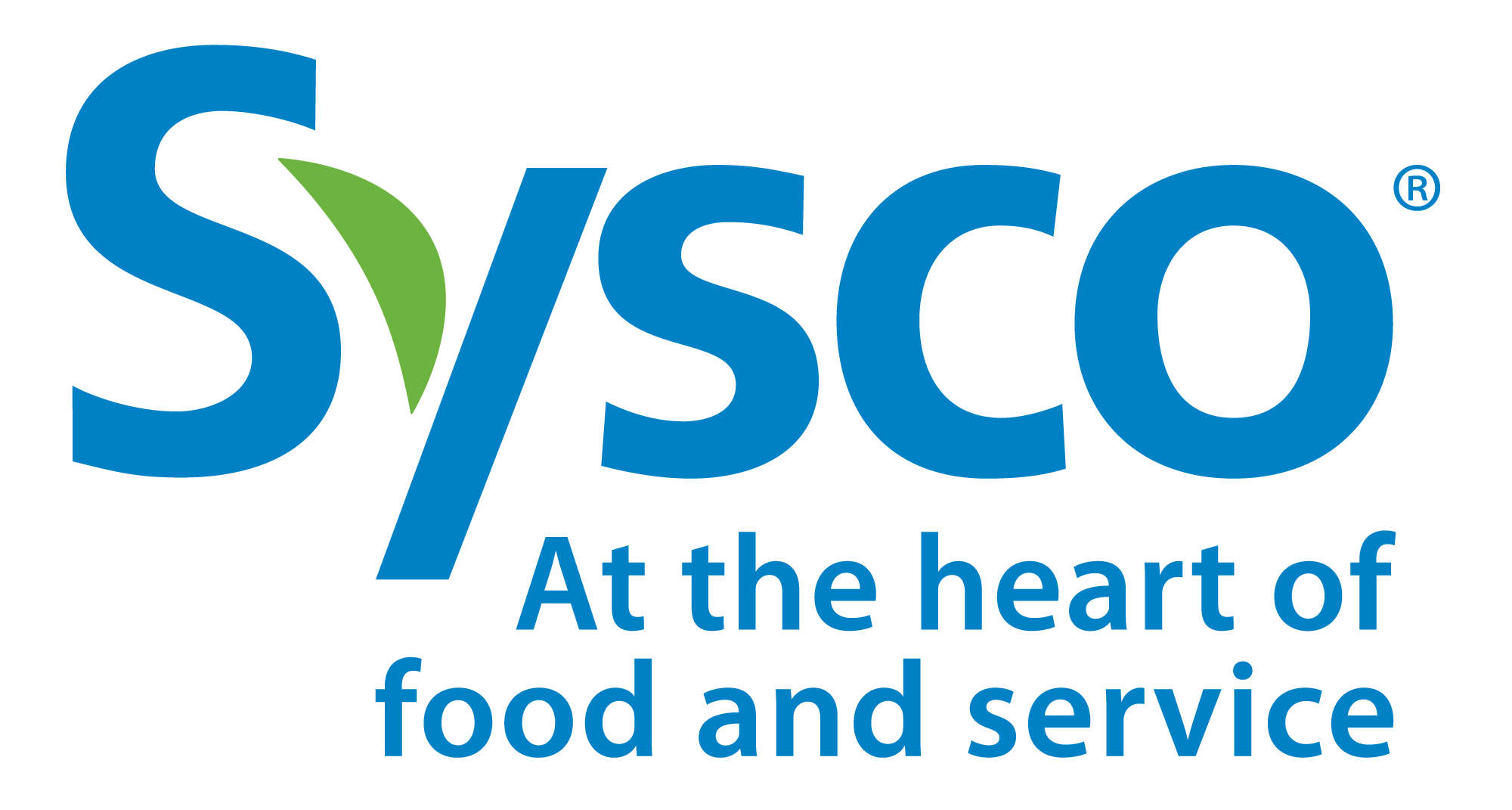
Sysco operates within a multi-bank environment including six countries in Europe and a Luxembourg-based in-house bank (IHB) to support its regional liquidity and cash management activities.


Mood Media has acquired no fewer than six smaller rivals over the past decade. With its global customer-base it can claim to be the world’s largest business of its kind.
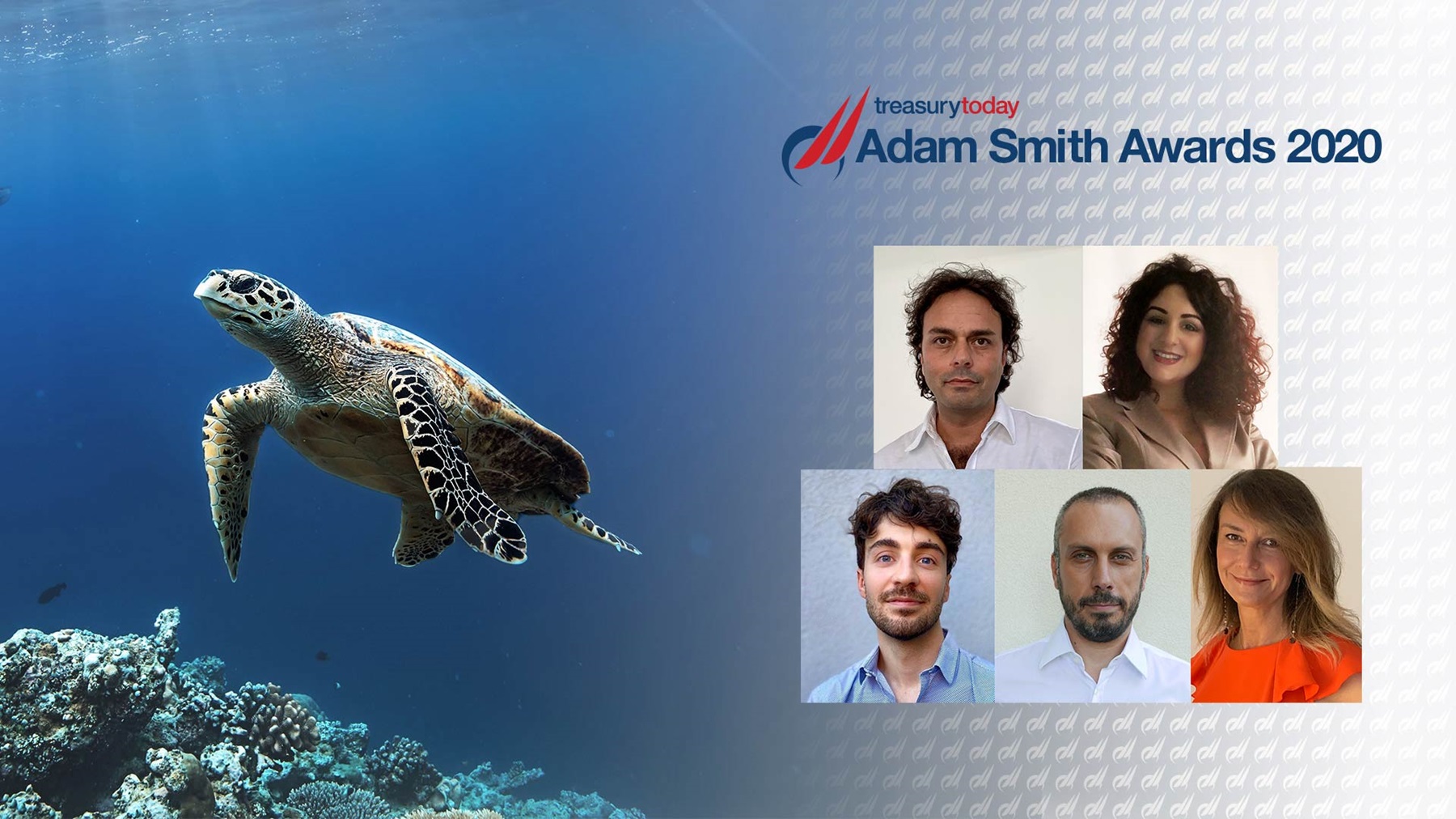

Design an efficient, scalable, cost effective and state-of-the-art multi-currency collection model, allowing YOOX NET-A-PORTER to simplify inflows from their largest acquirers, to reduce financial costs and streamline control and administrative tasks related to the online collection processes.
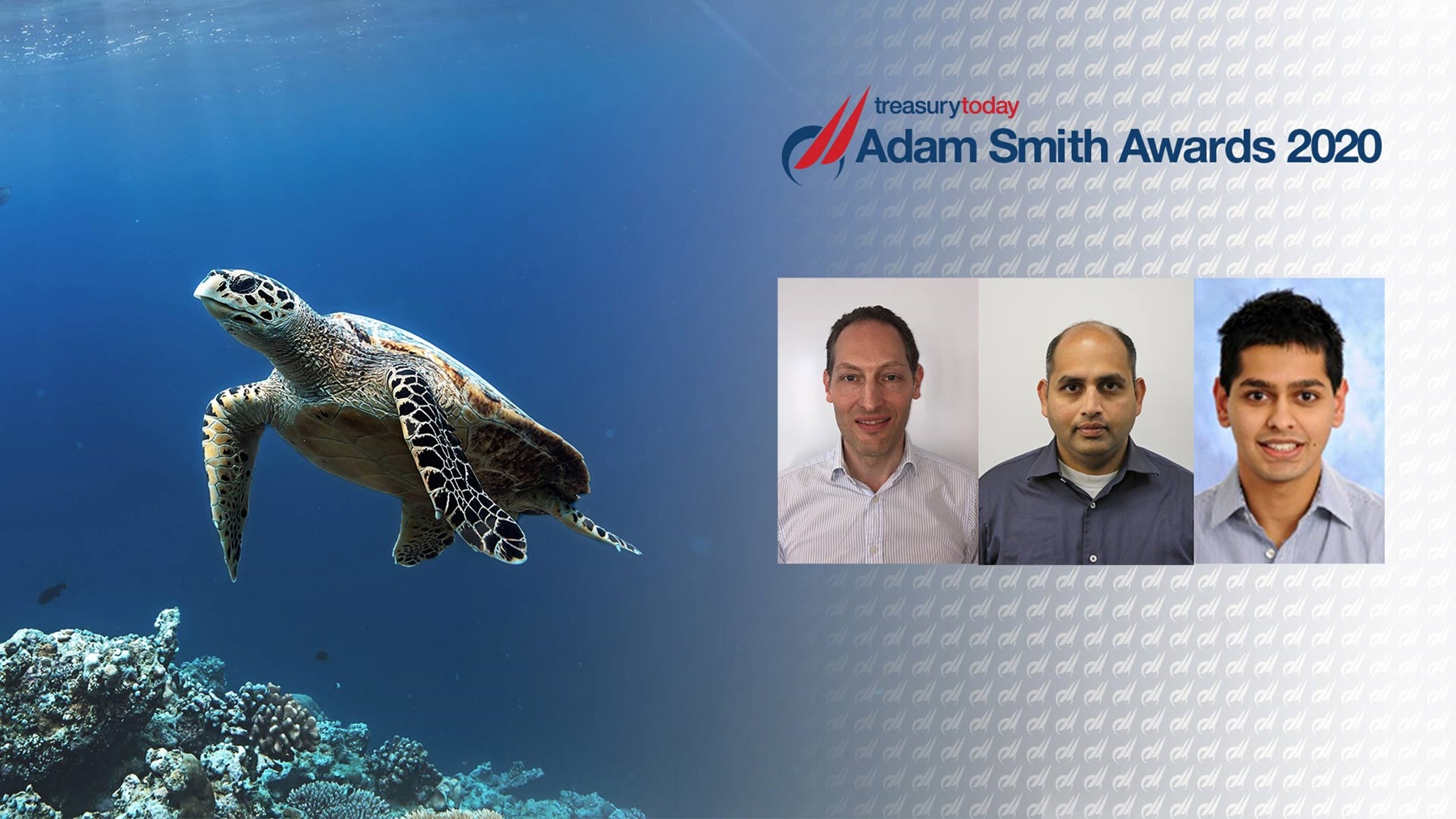

The Baker Hughes corporate treasury exposure management transformation journey began with the merger of Baker Hughes Incorporated and GE’s Oil & Gas business in 2017. The combined company (“the company”) operates in more than 120 countries and generates over US$20bn revenue. Treasury manages the FX risk, arising from the operational and funding requirements, across this global footprint, supporting subsidiaries that transact in 80+ currencies.
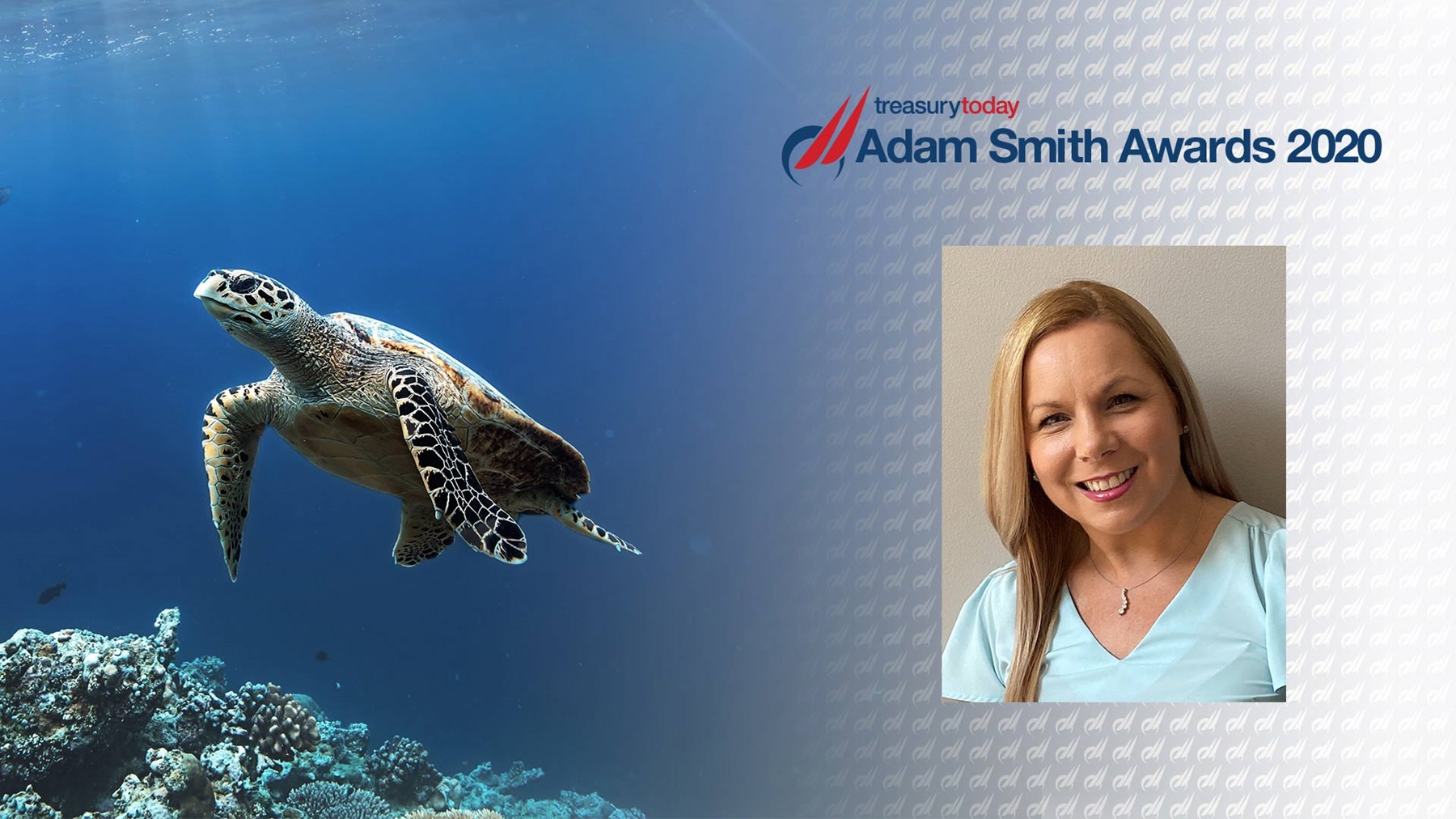

One of the top concerns of any treasury operation involved with volatile markets is managing its exposure and risks. The key to managing both areas and complying with best practices is having fast access to market data and real-time pricing. This information gives financial decision-makers more control and flexibility in managing costs and exposures.